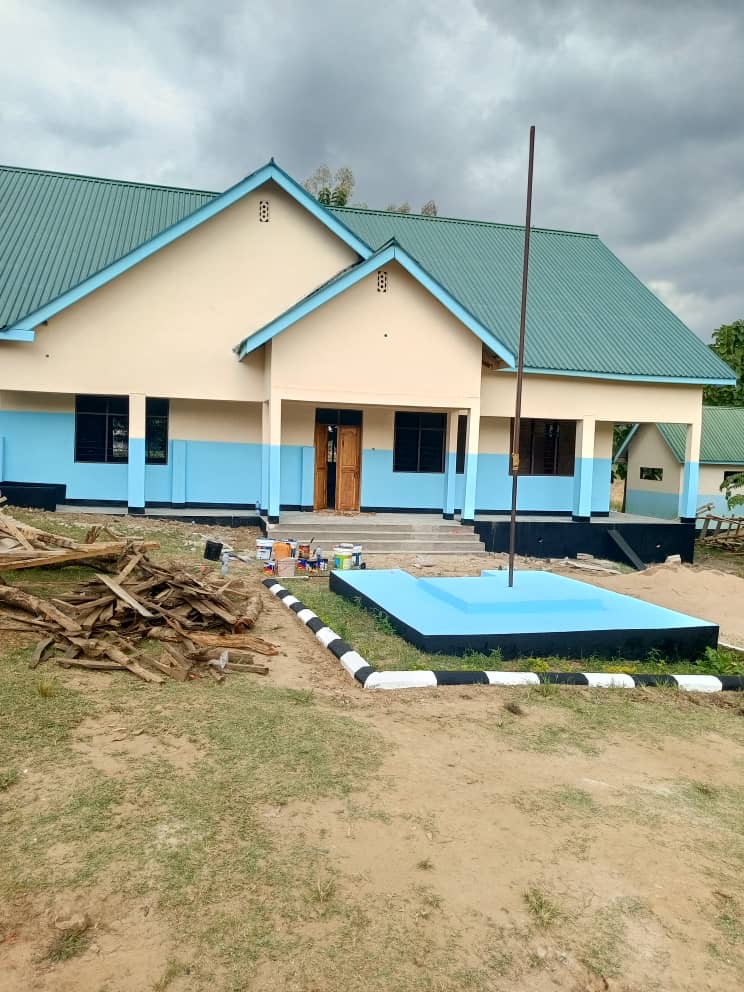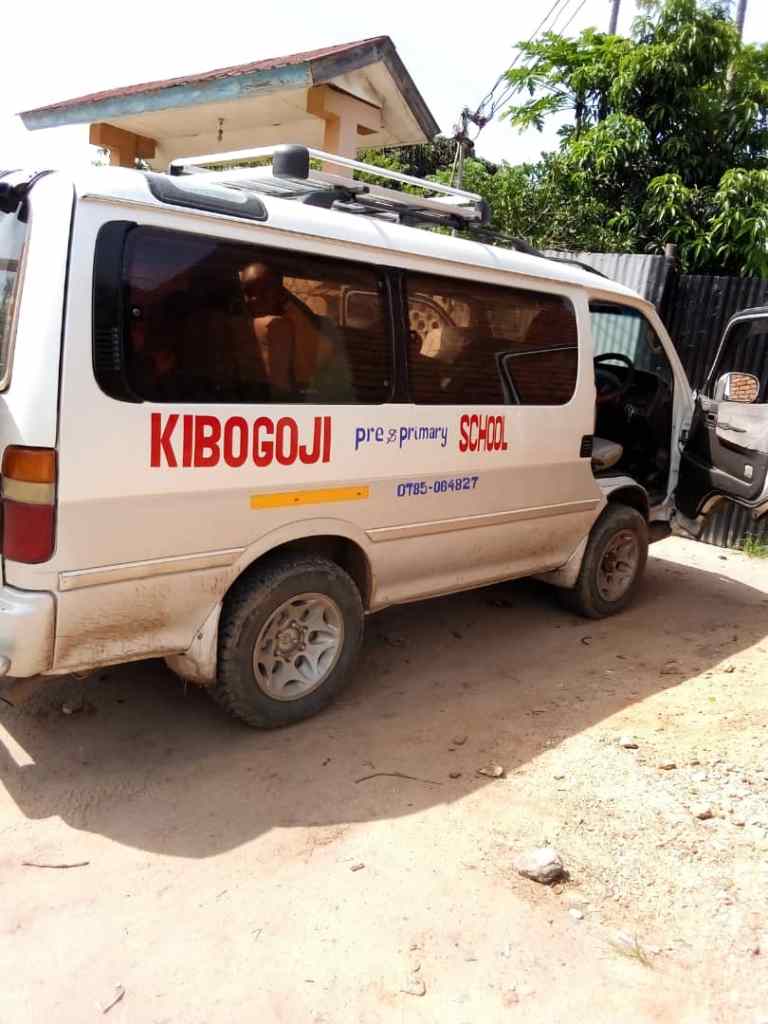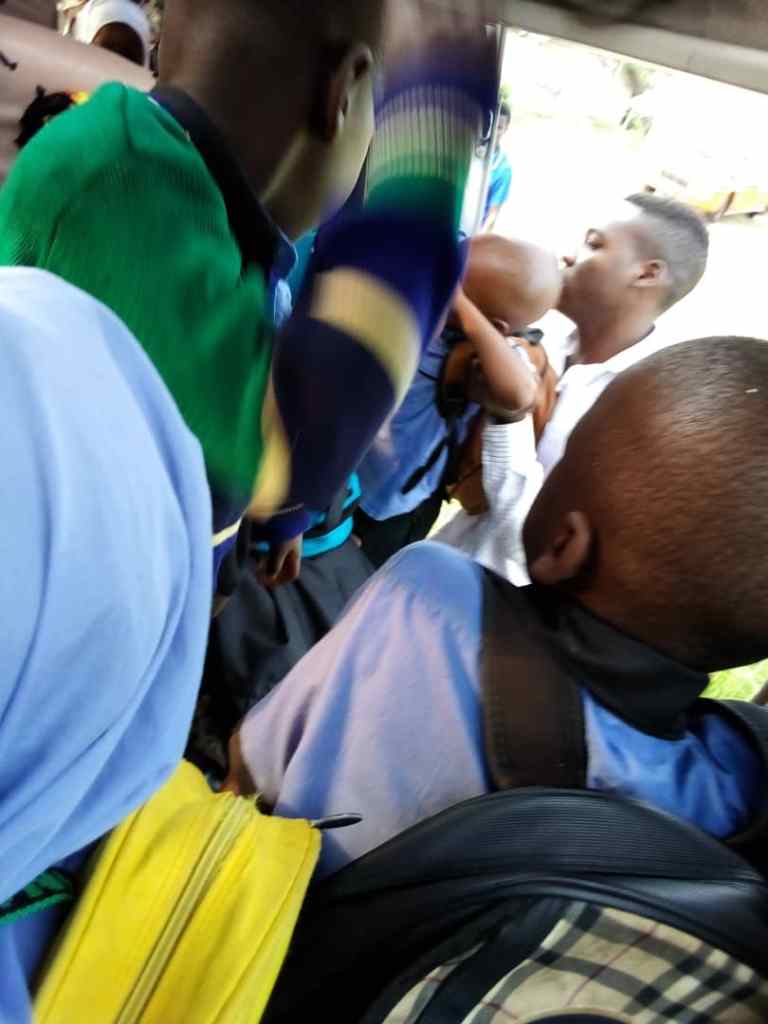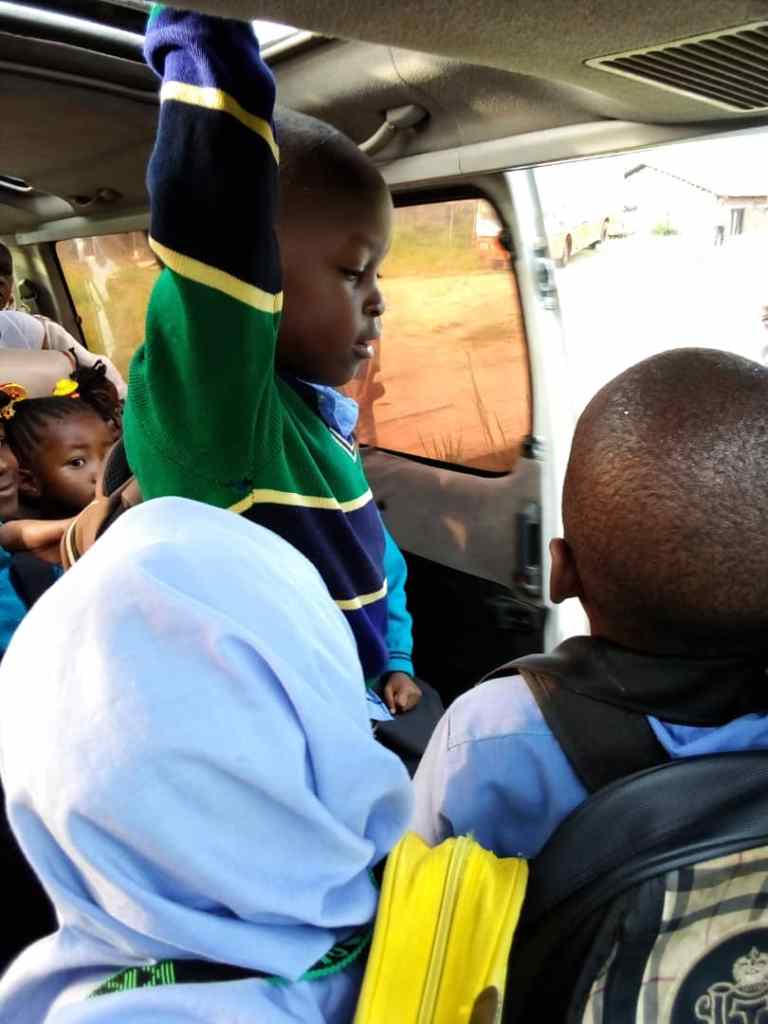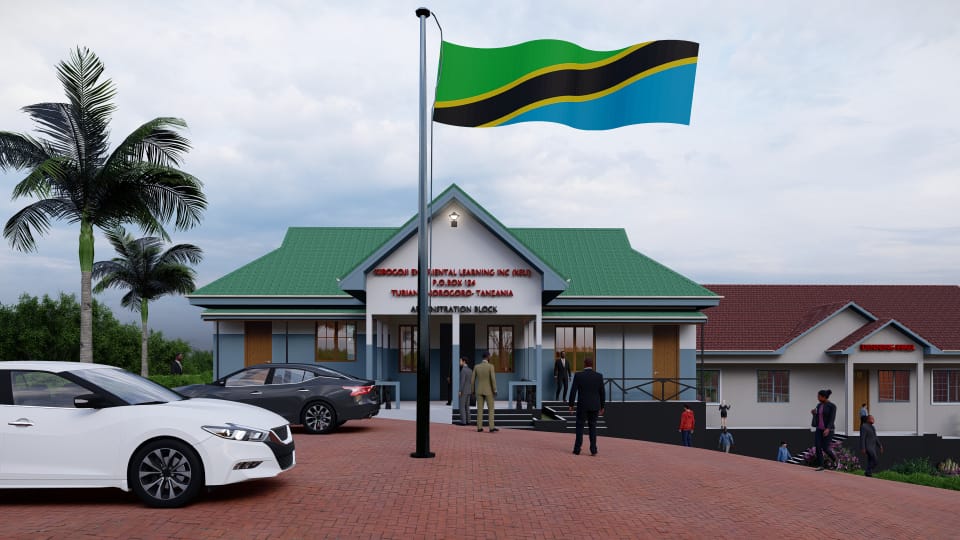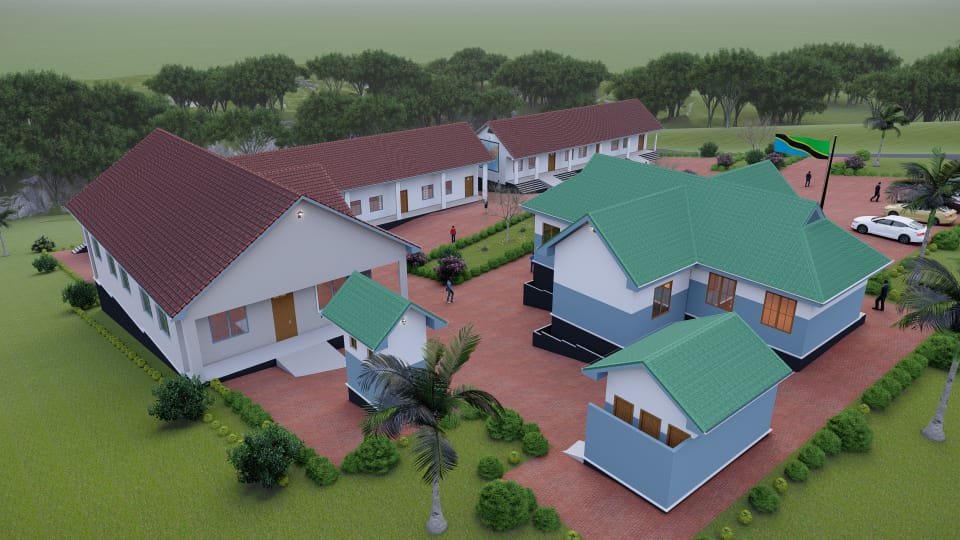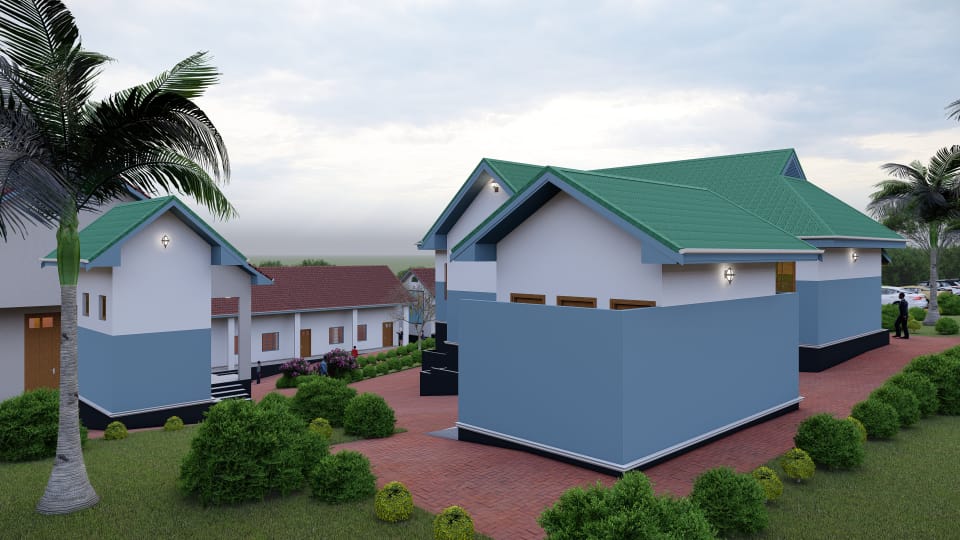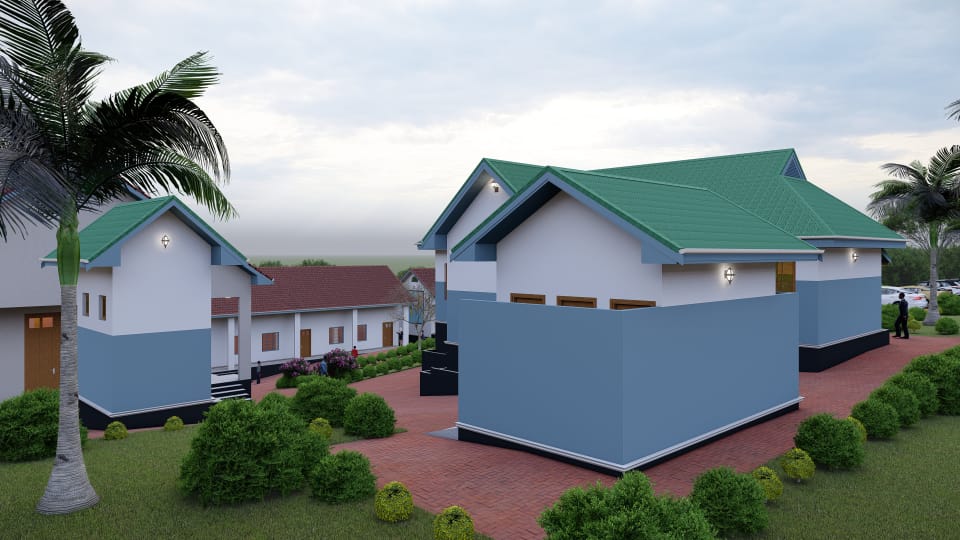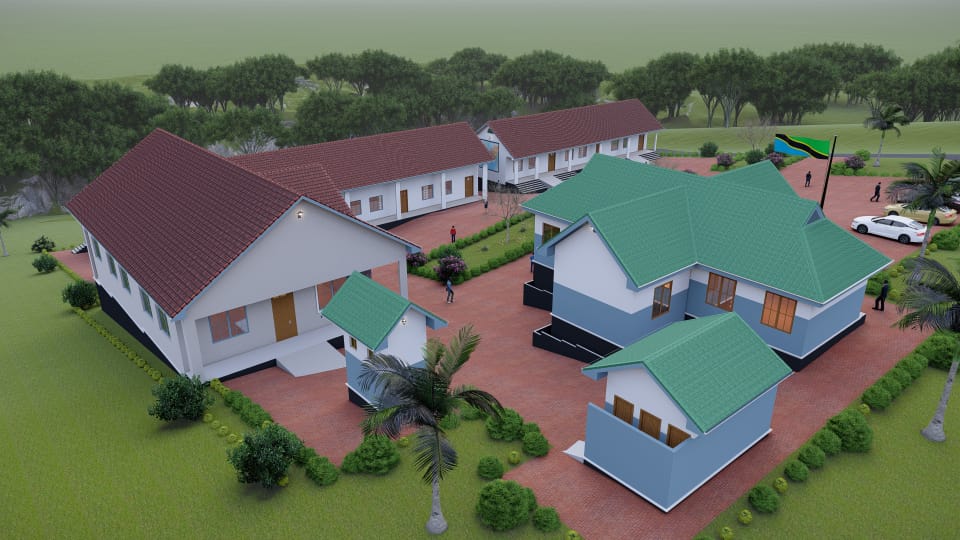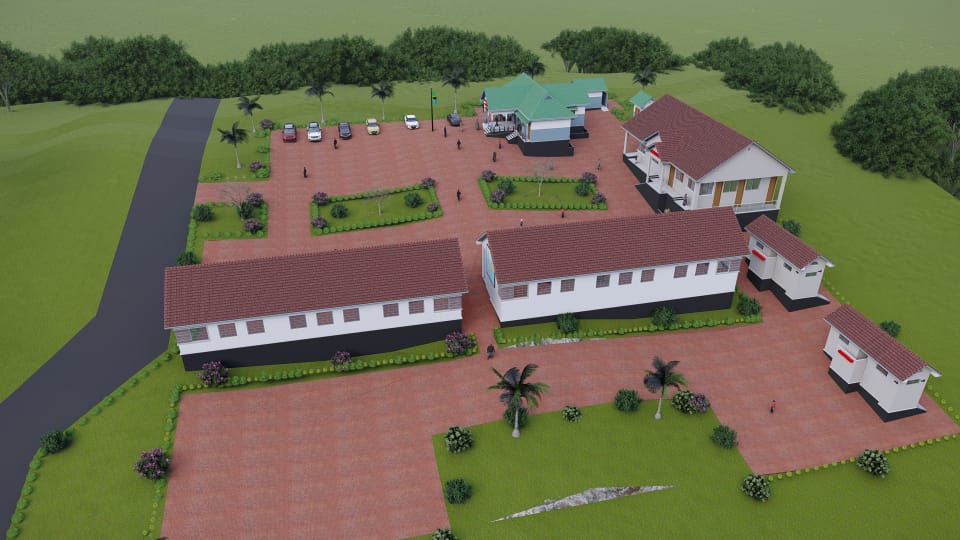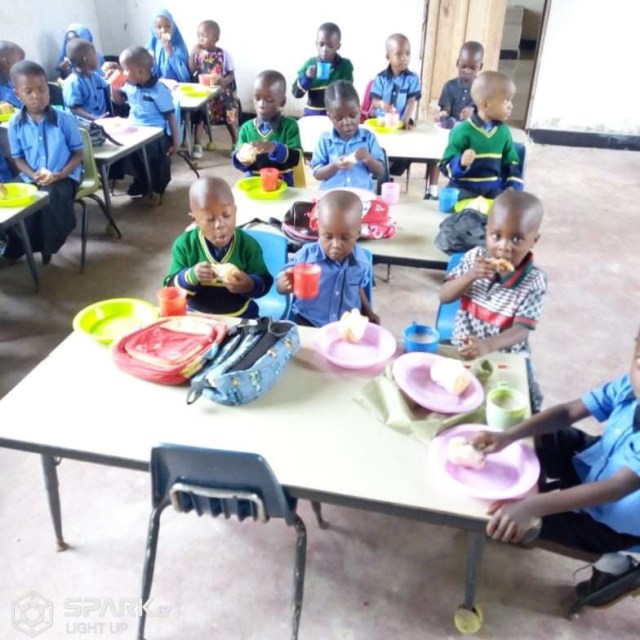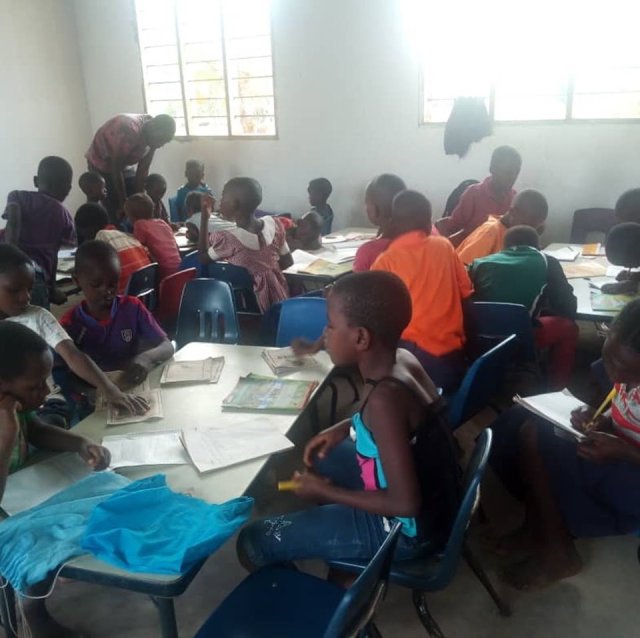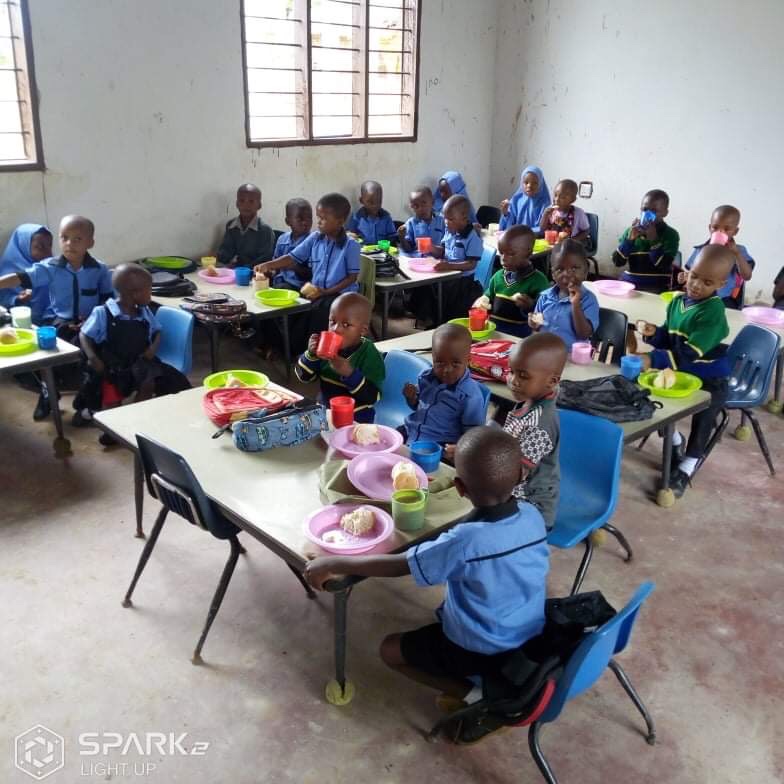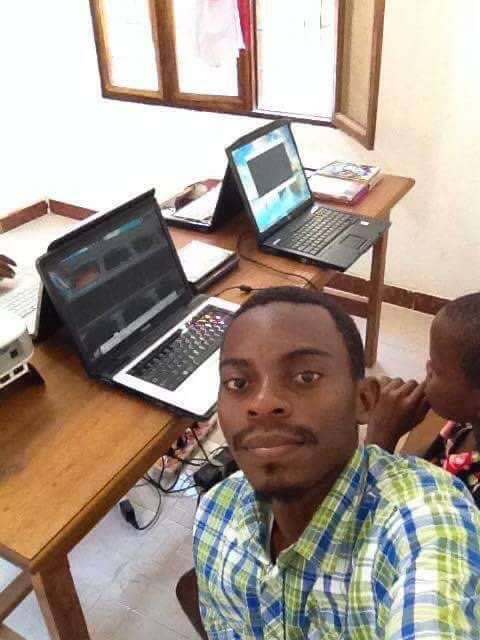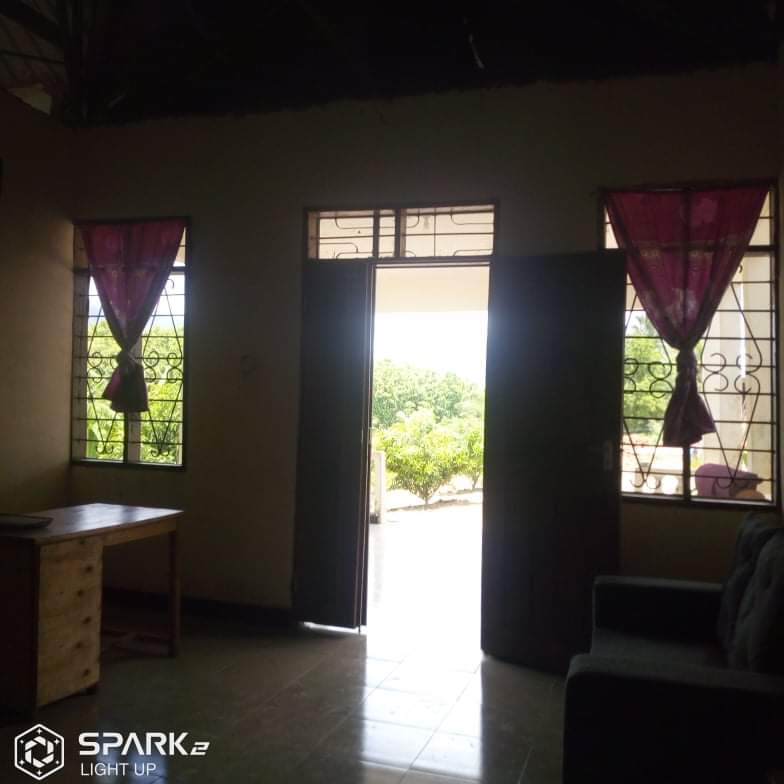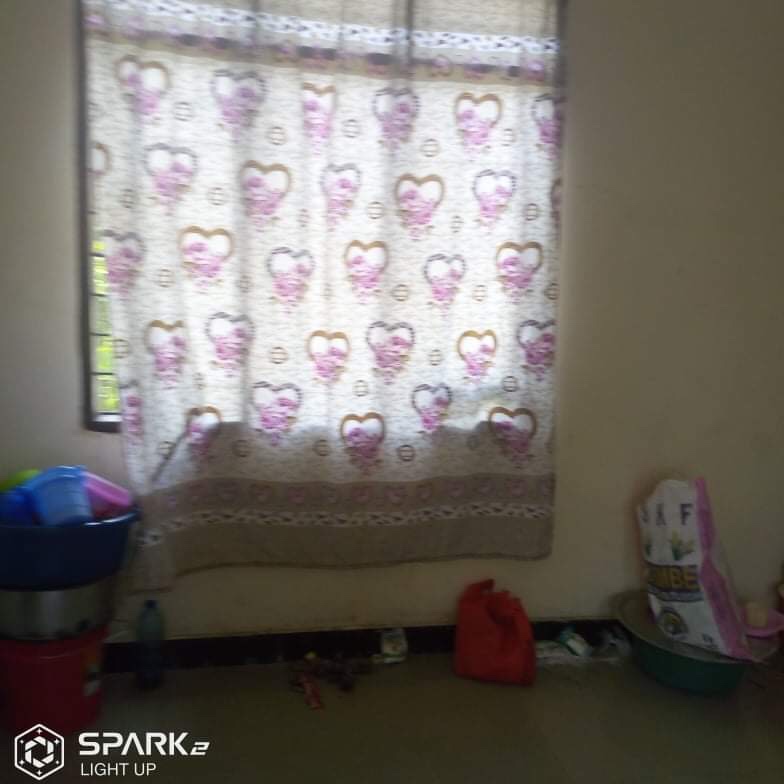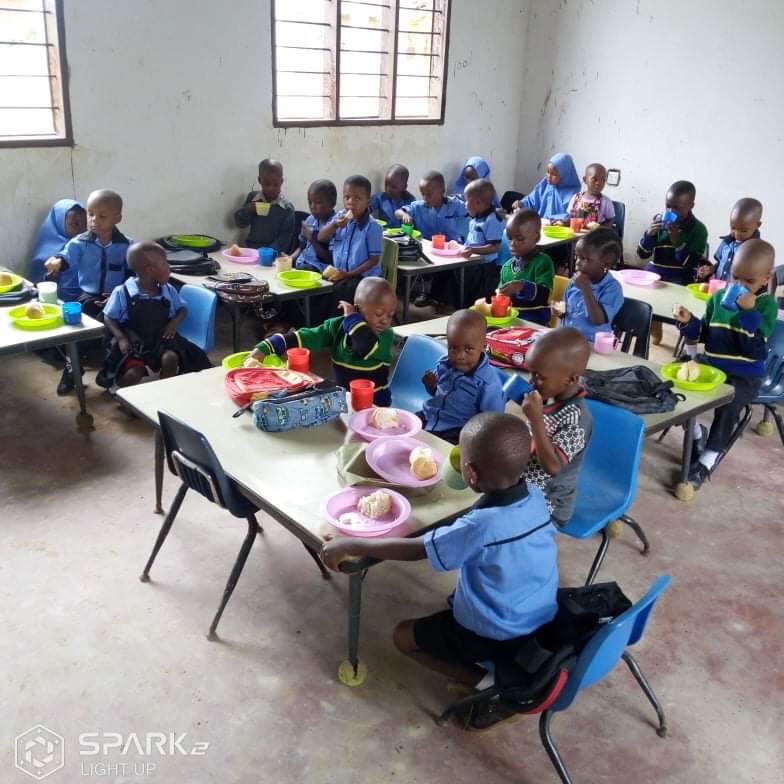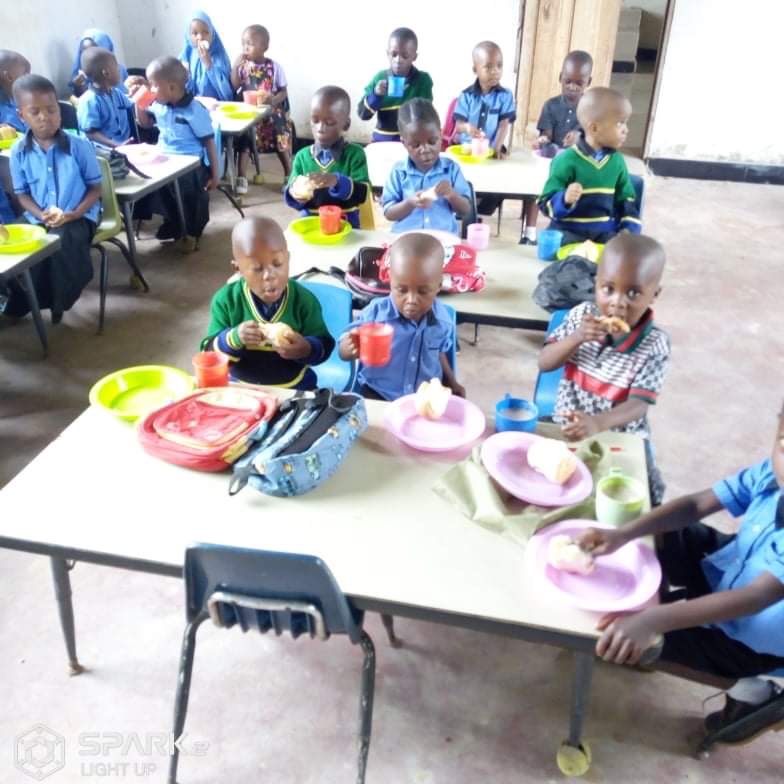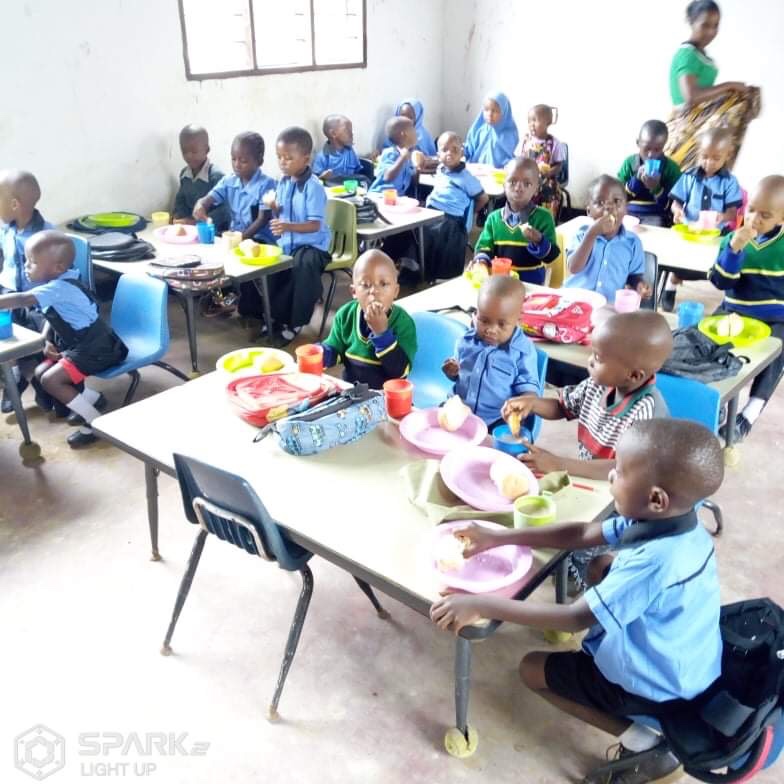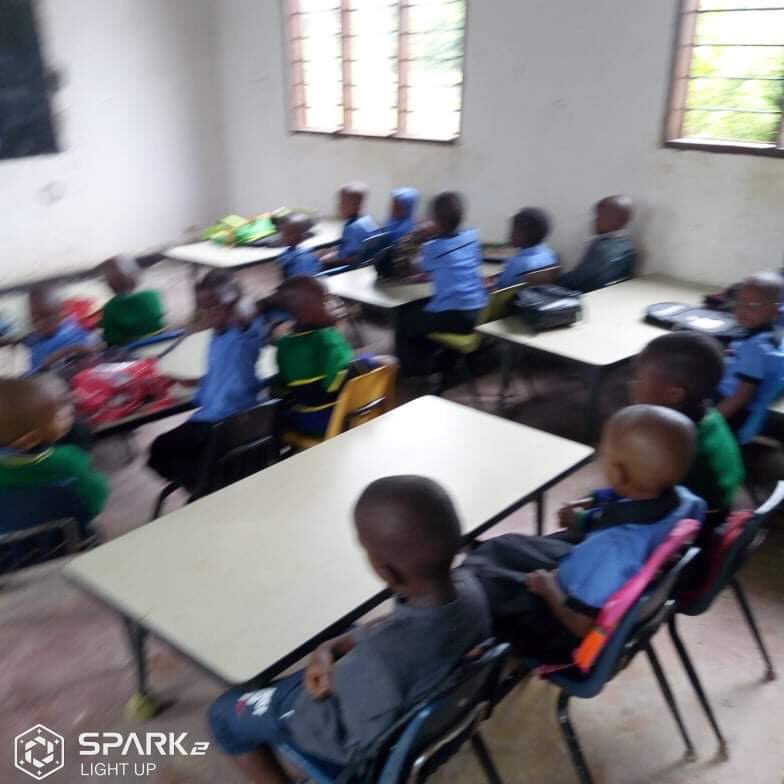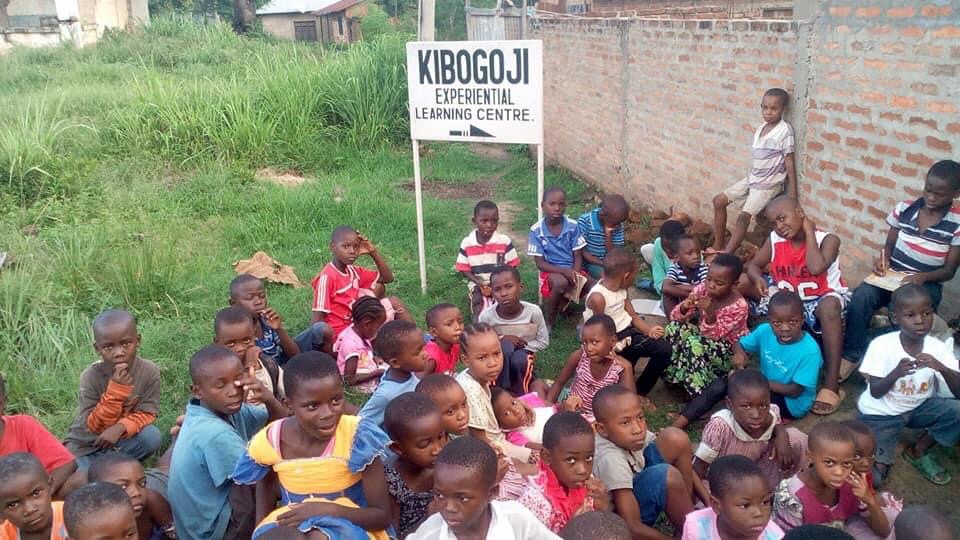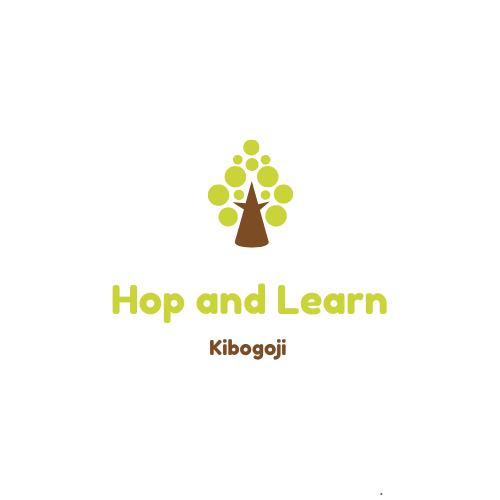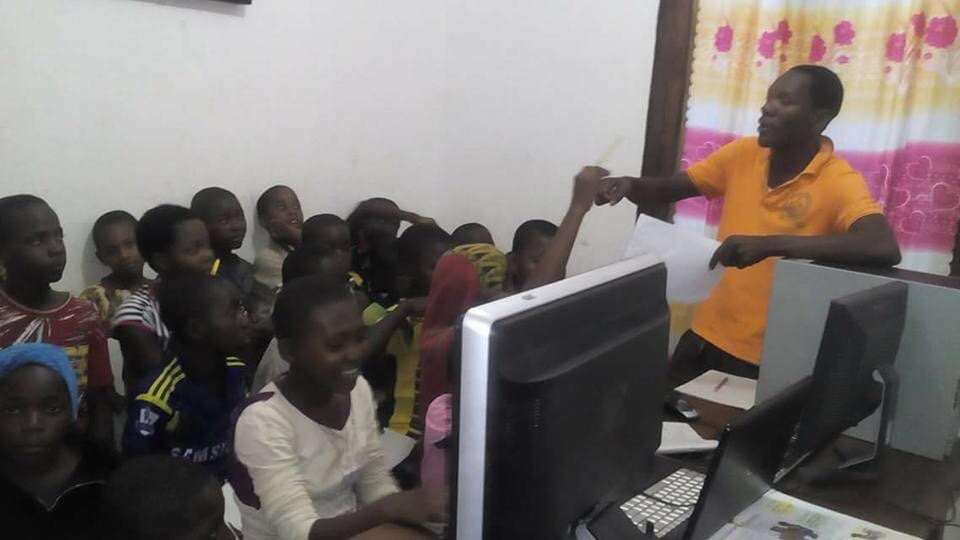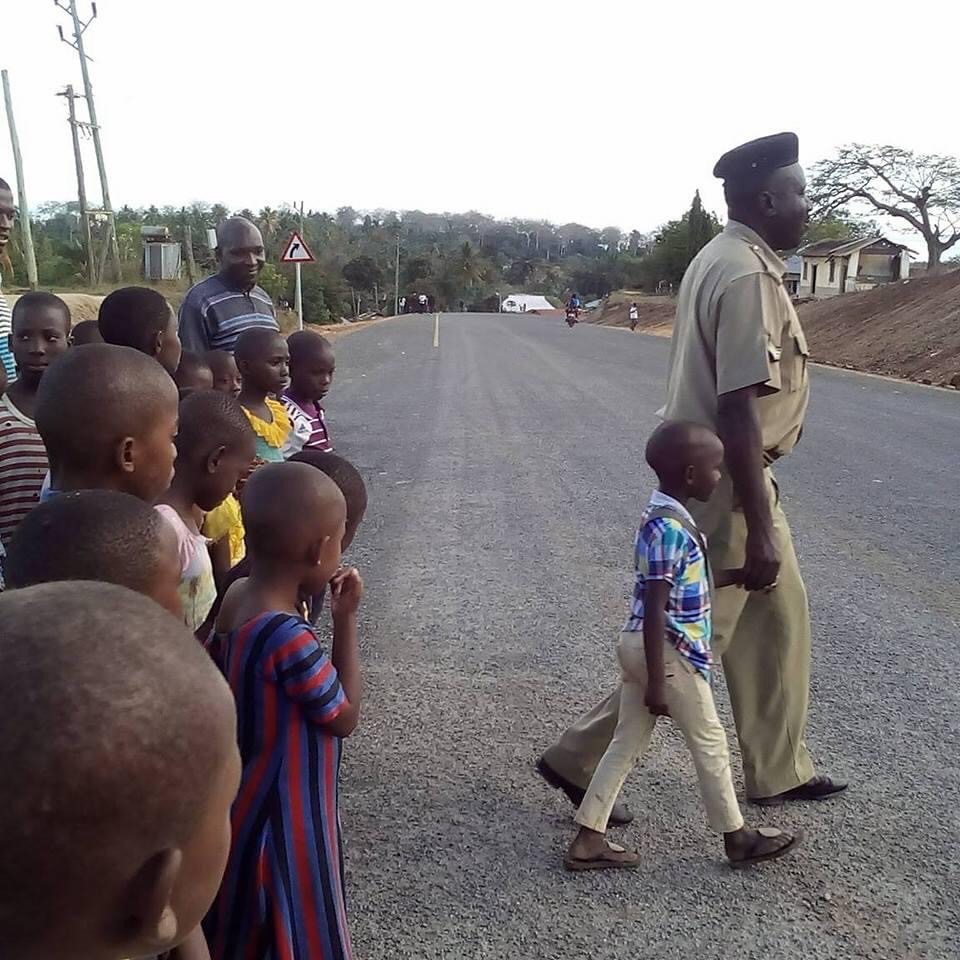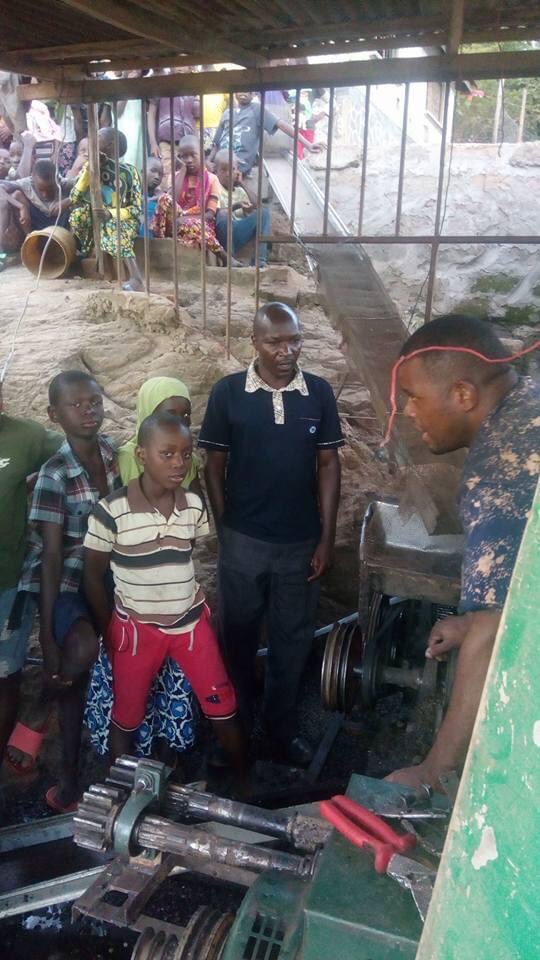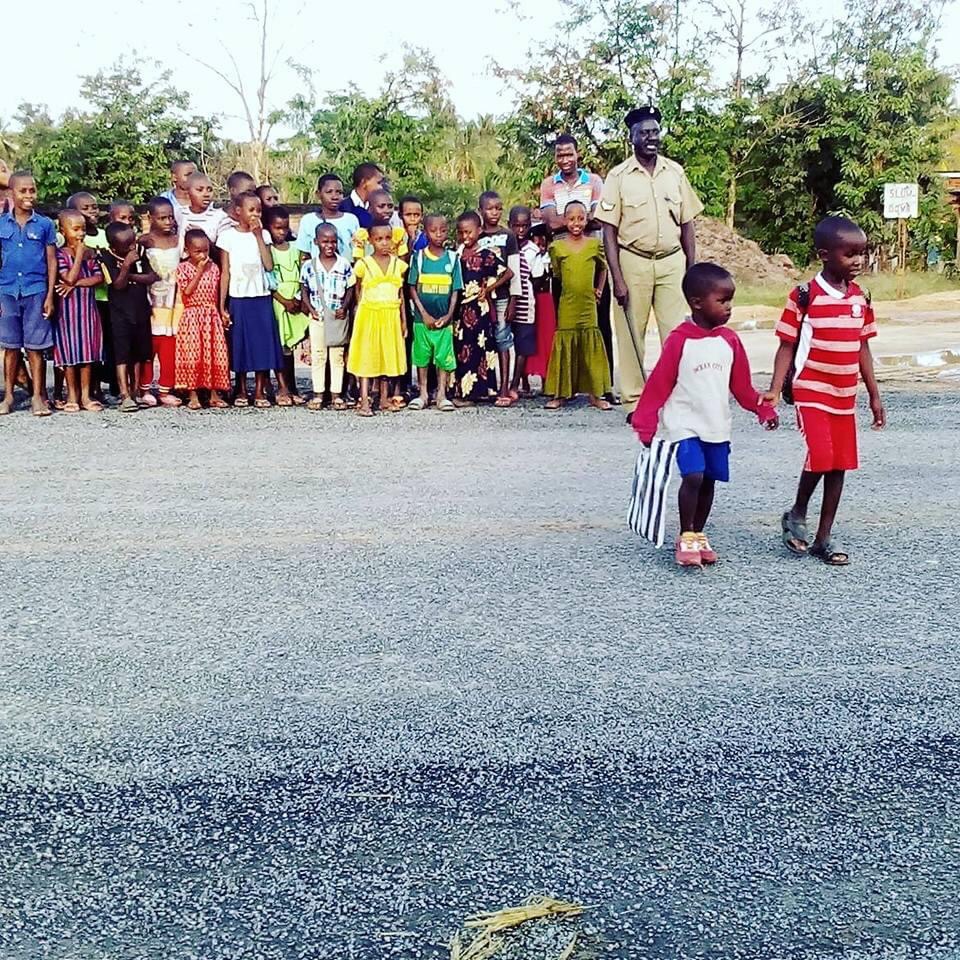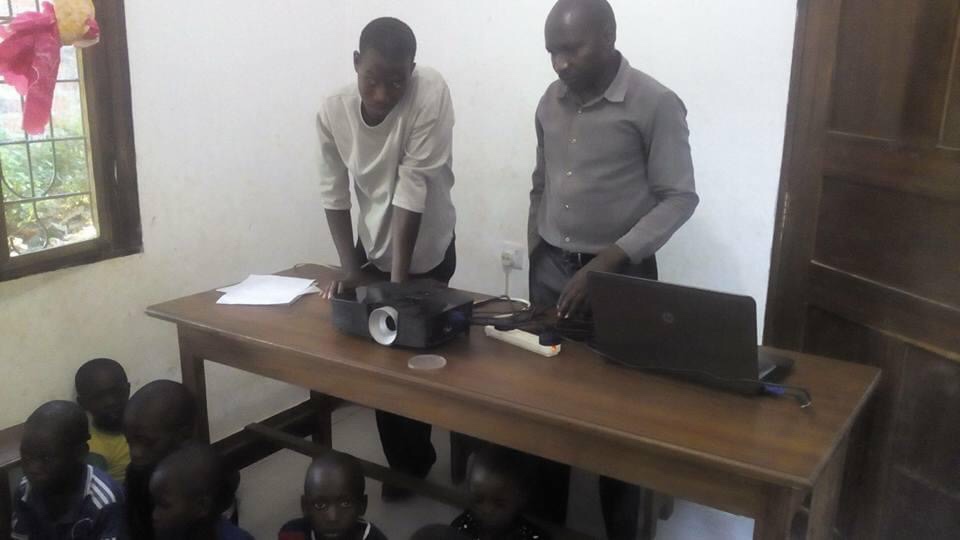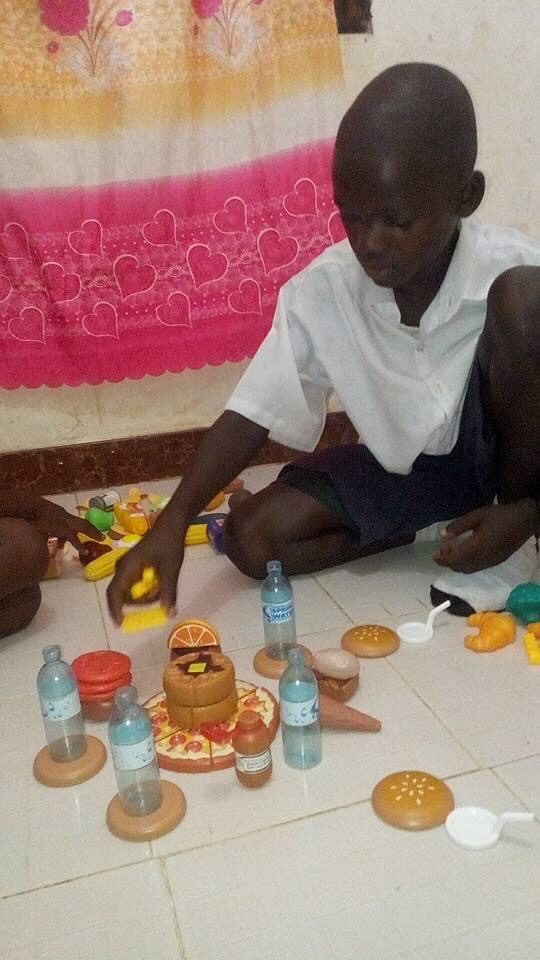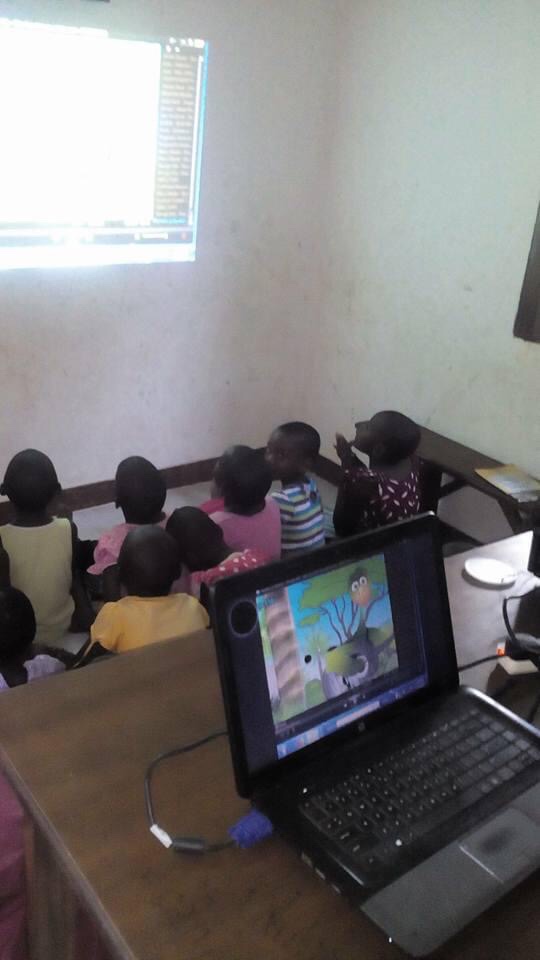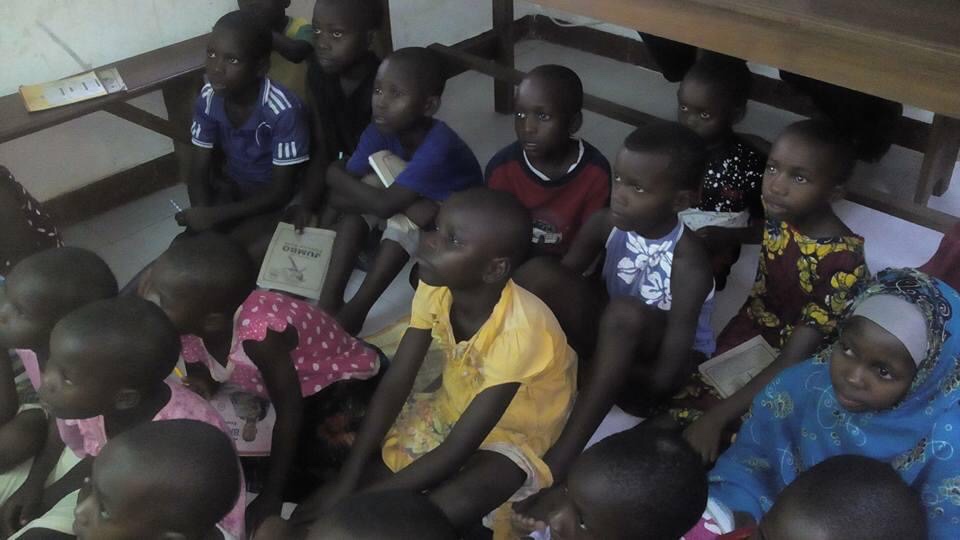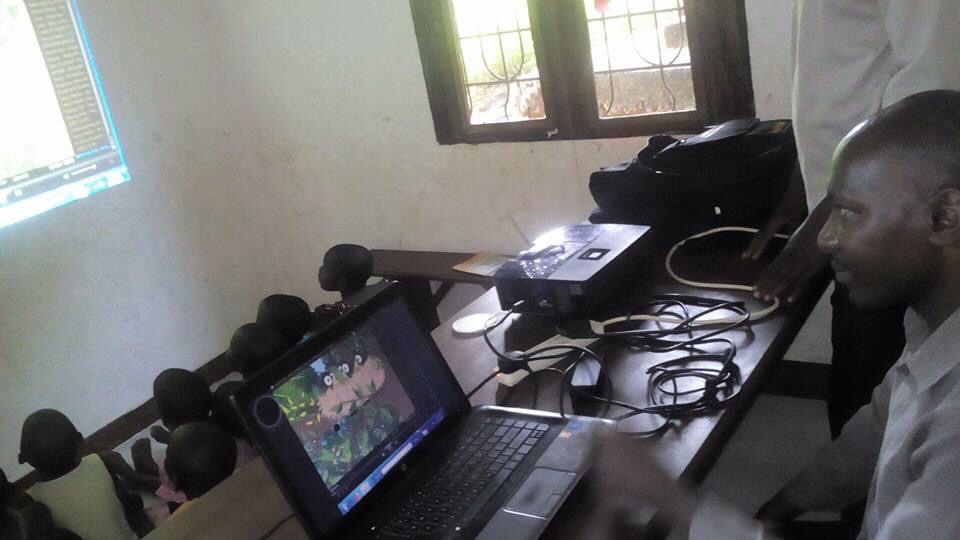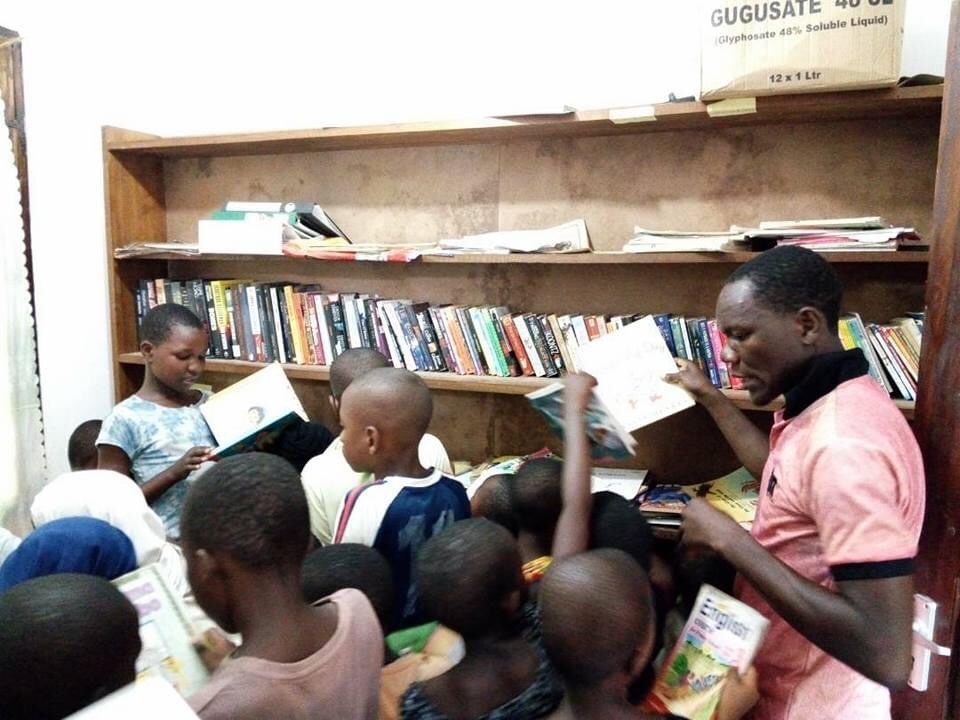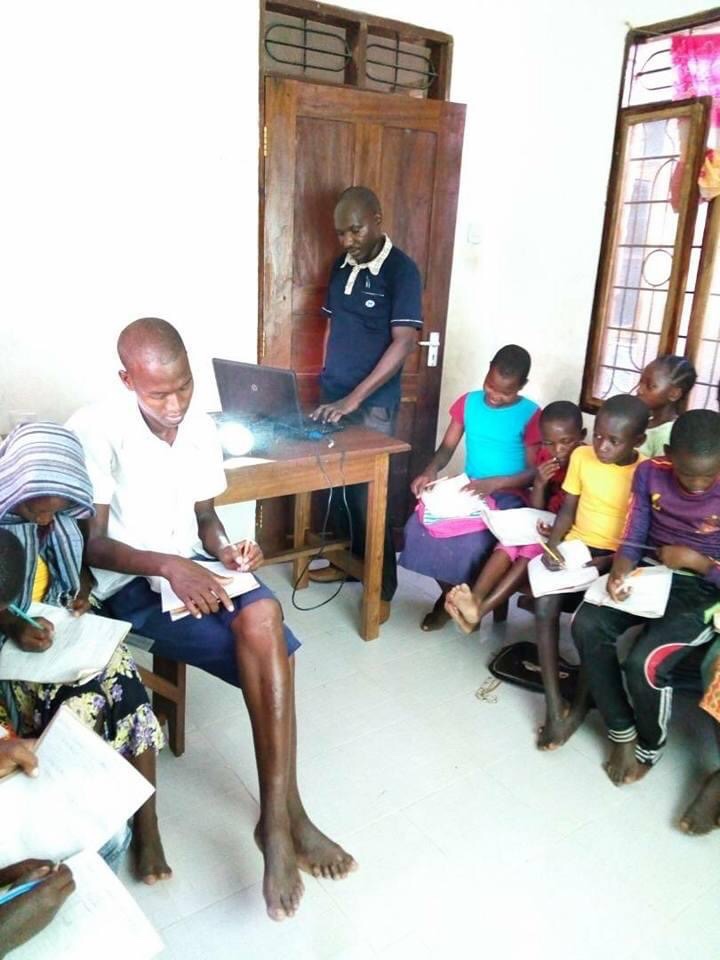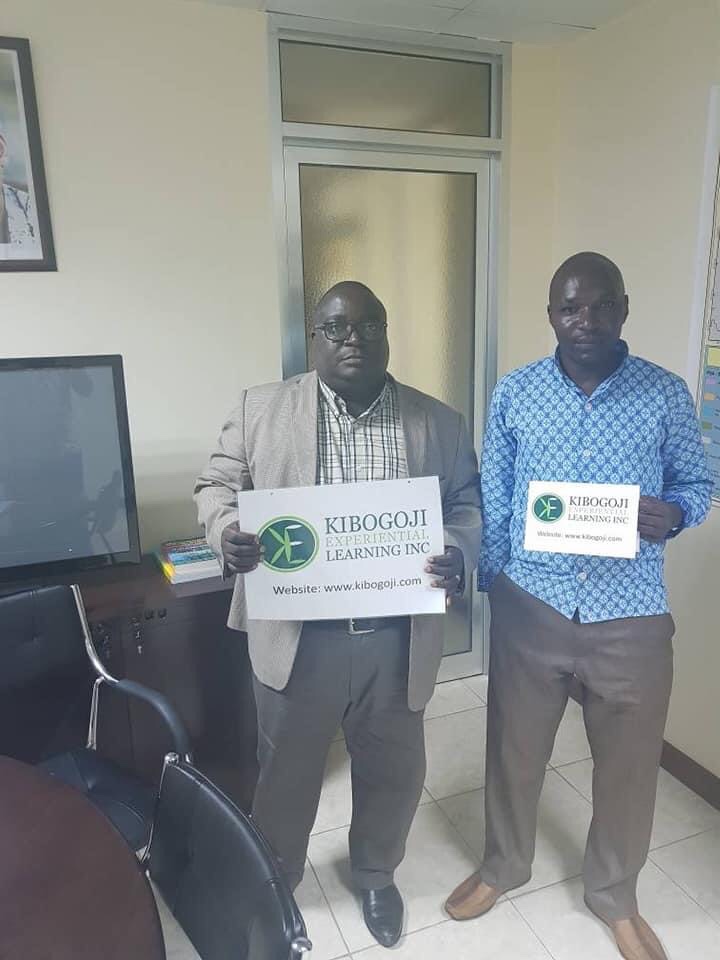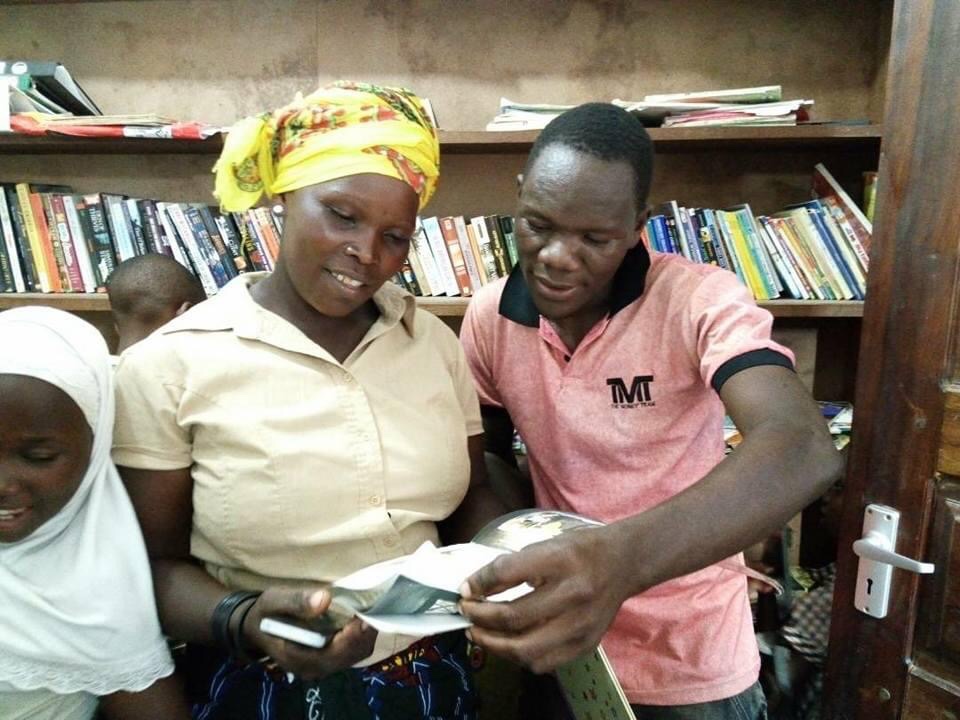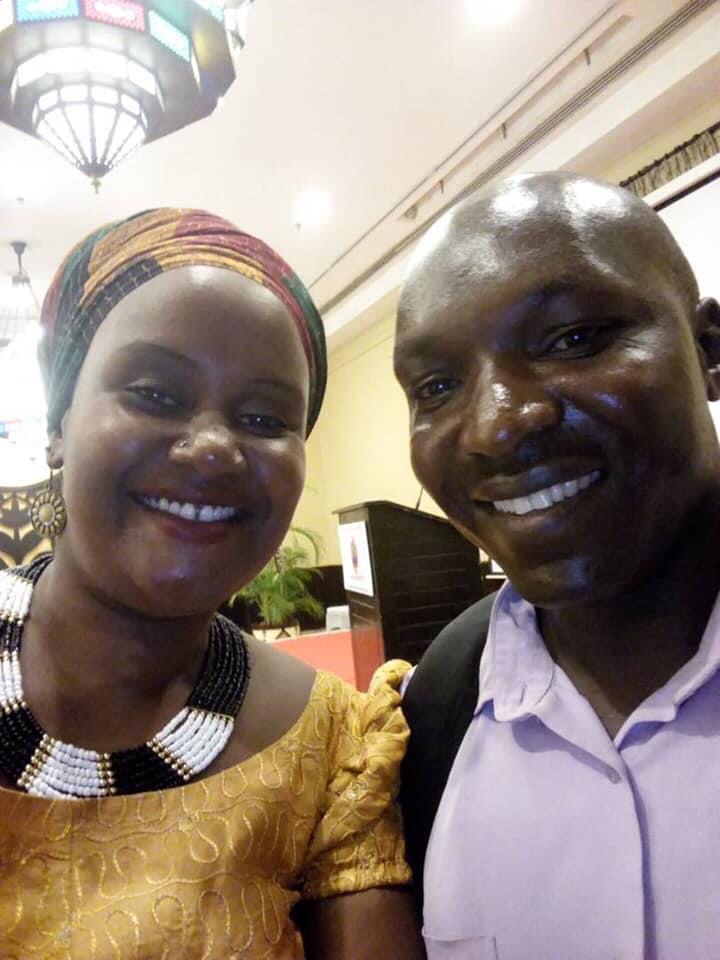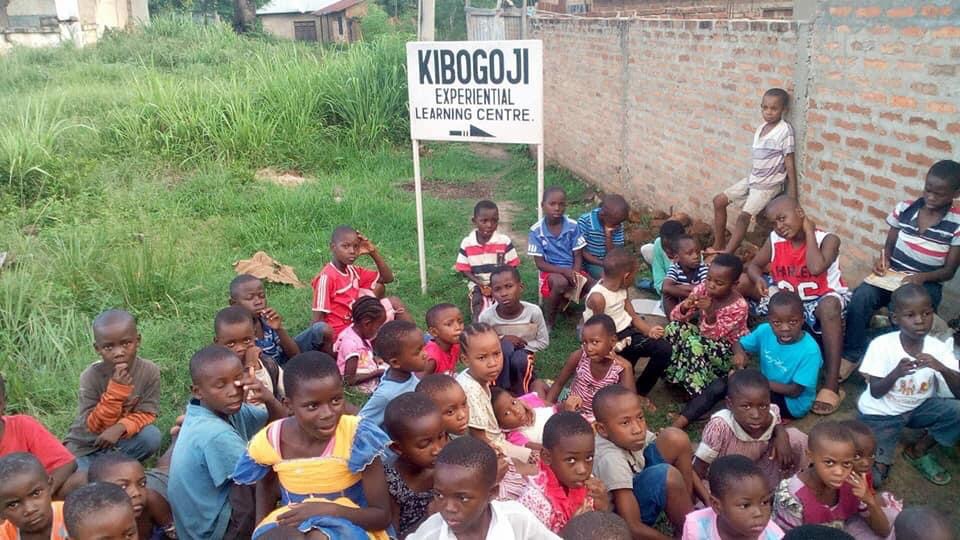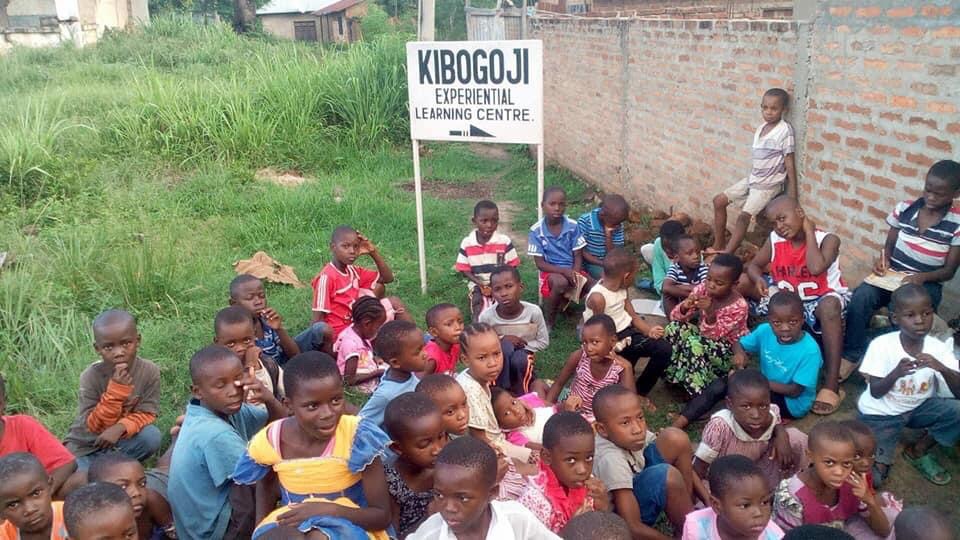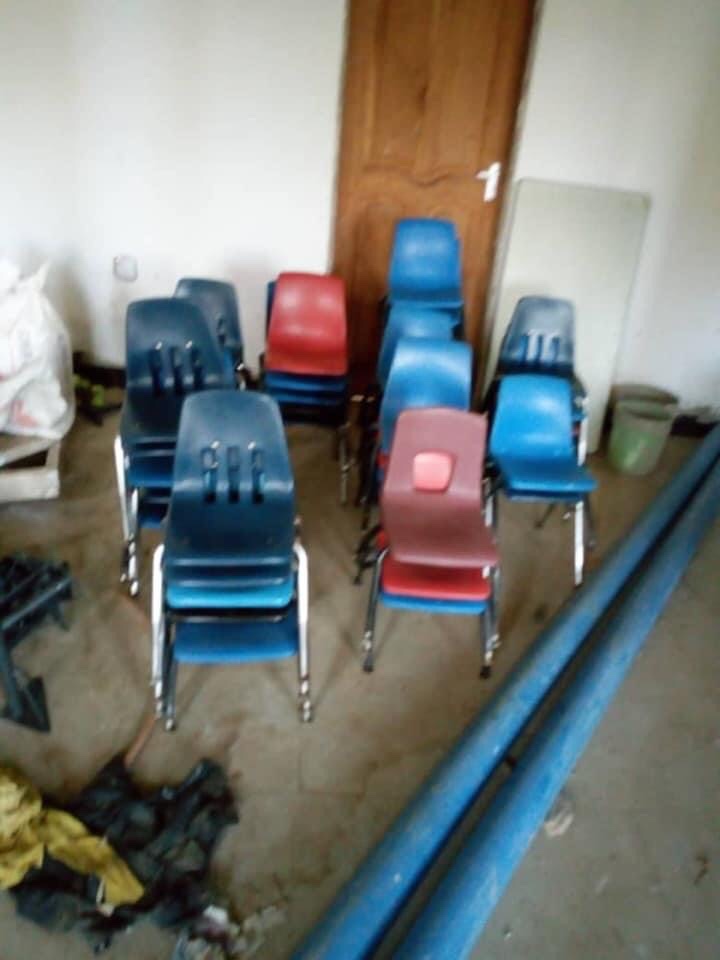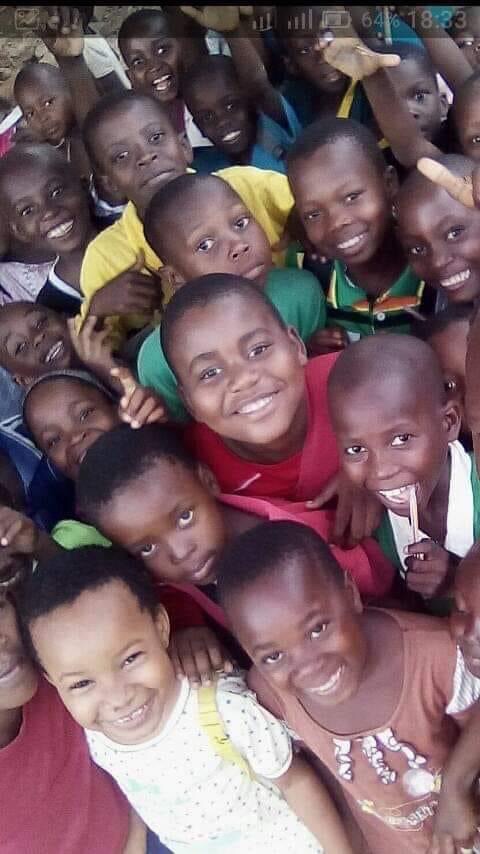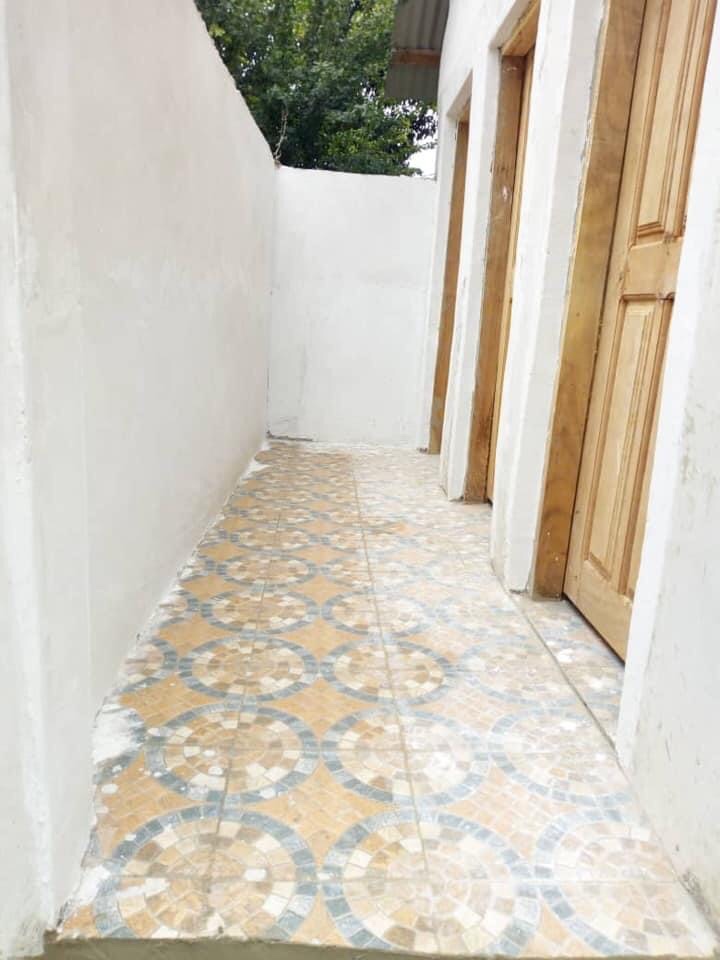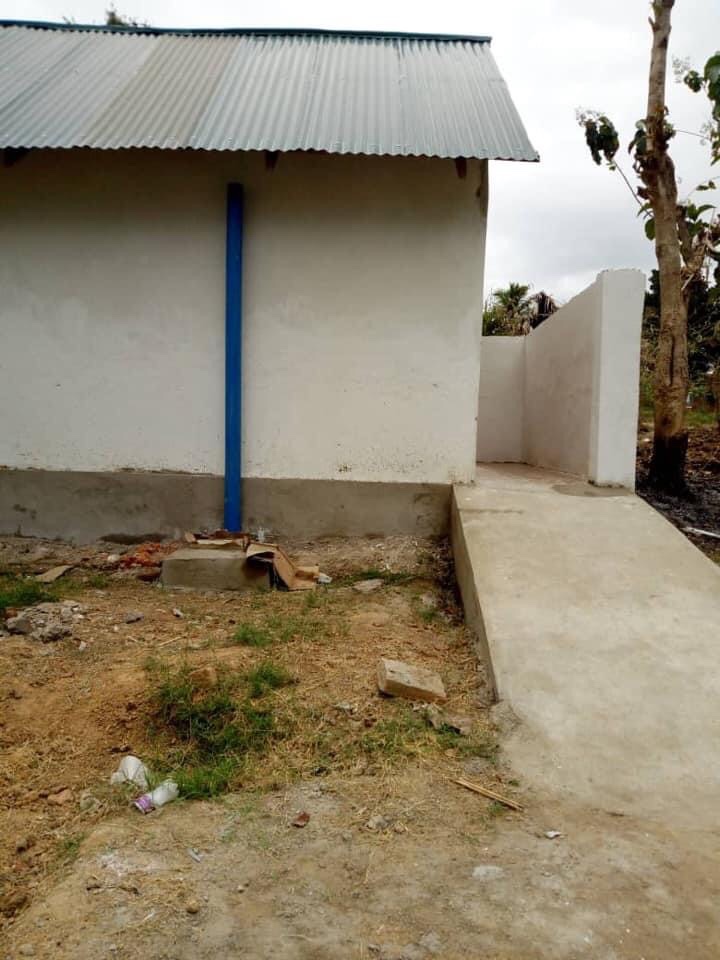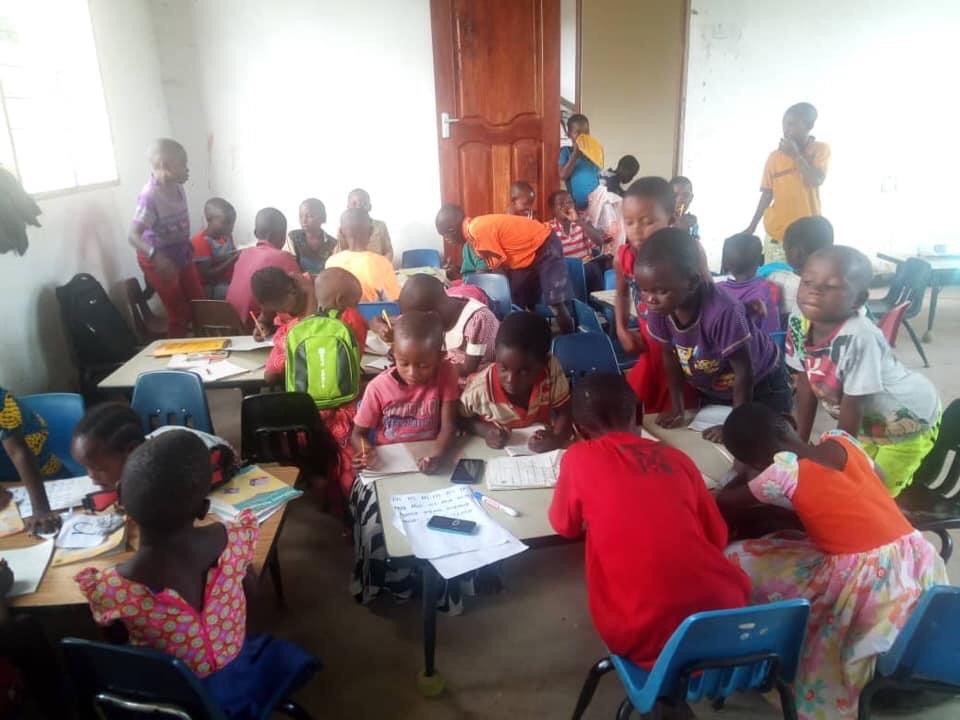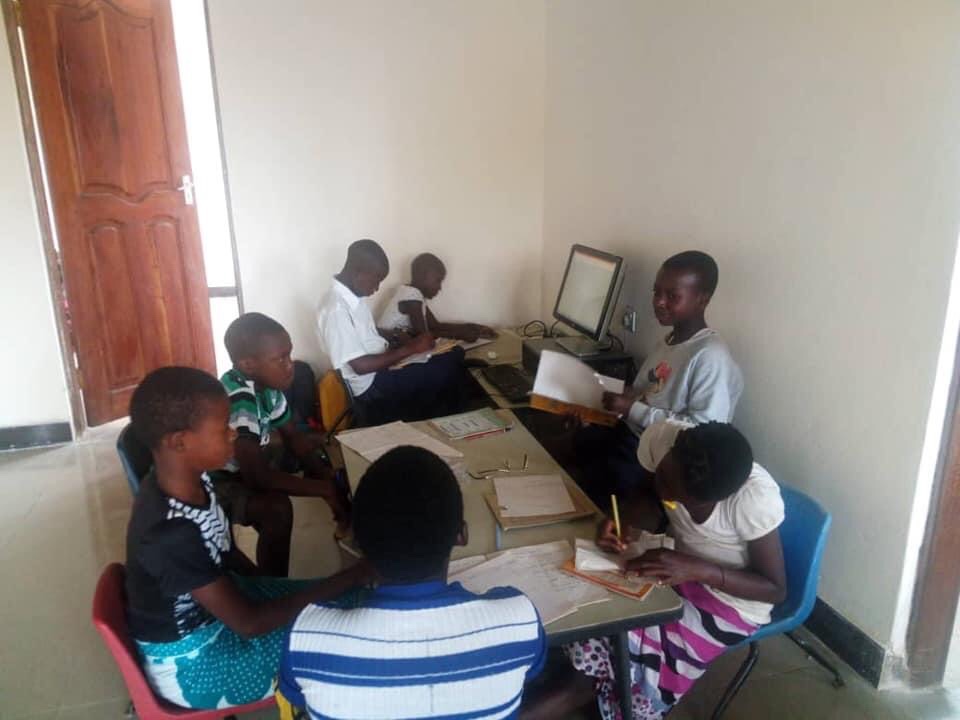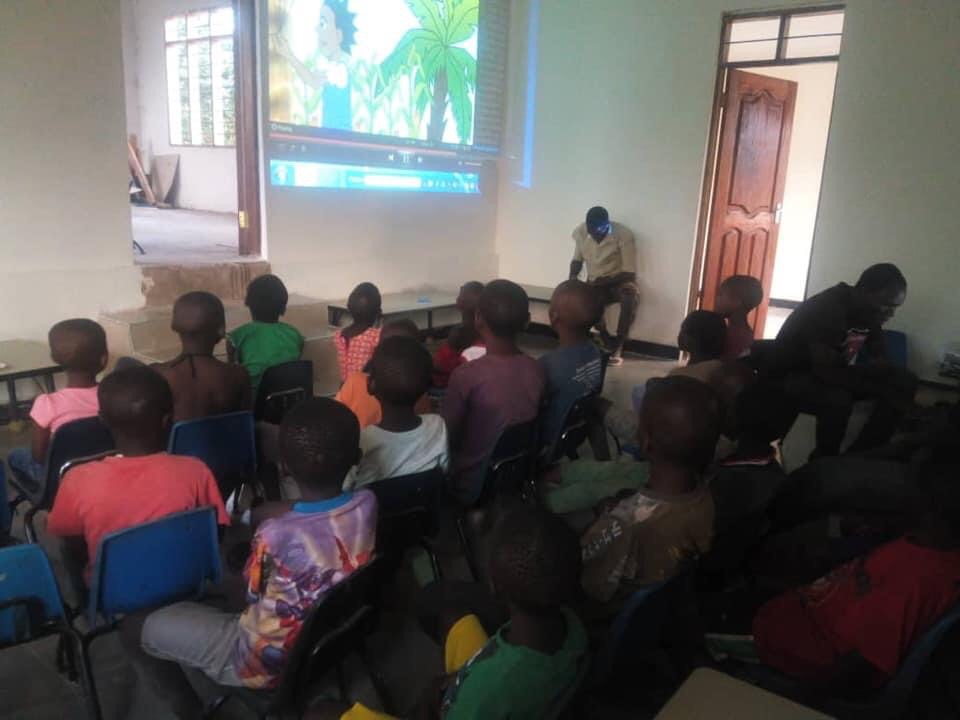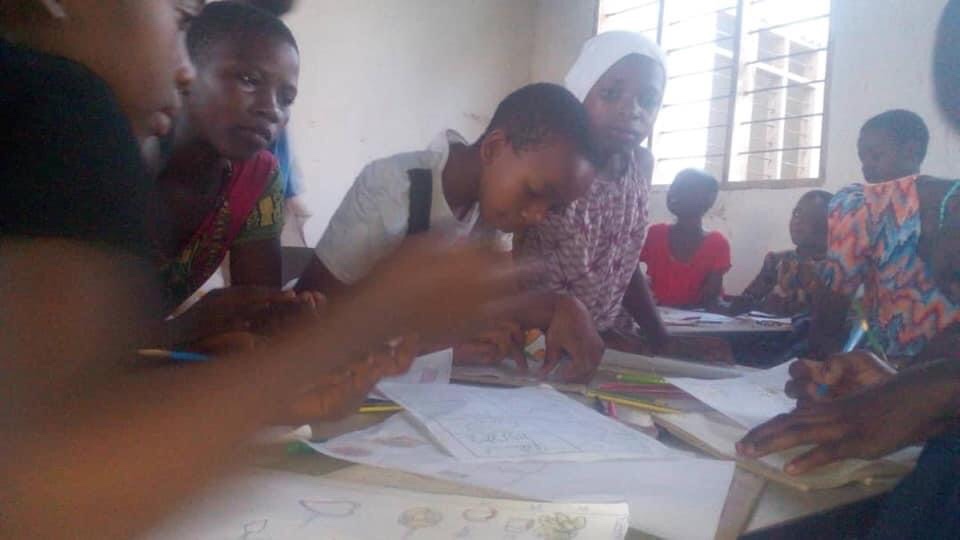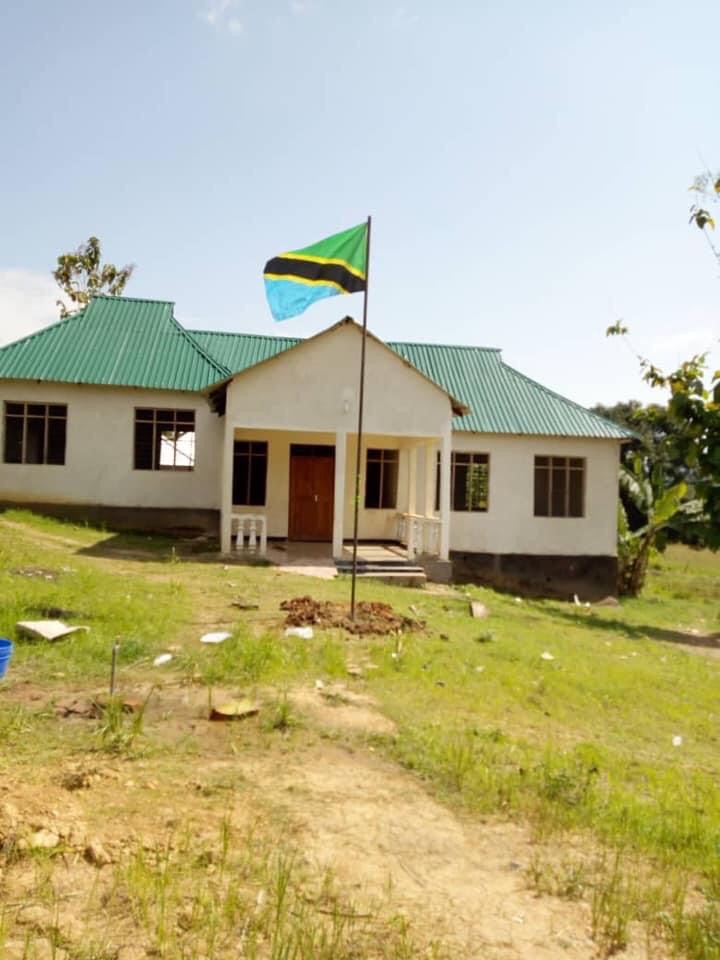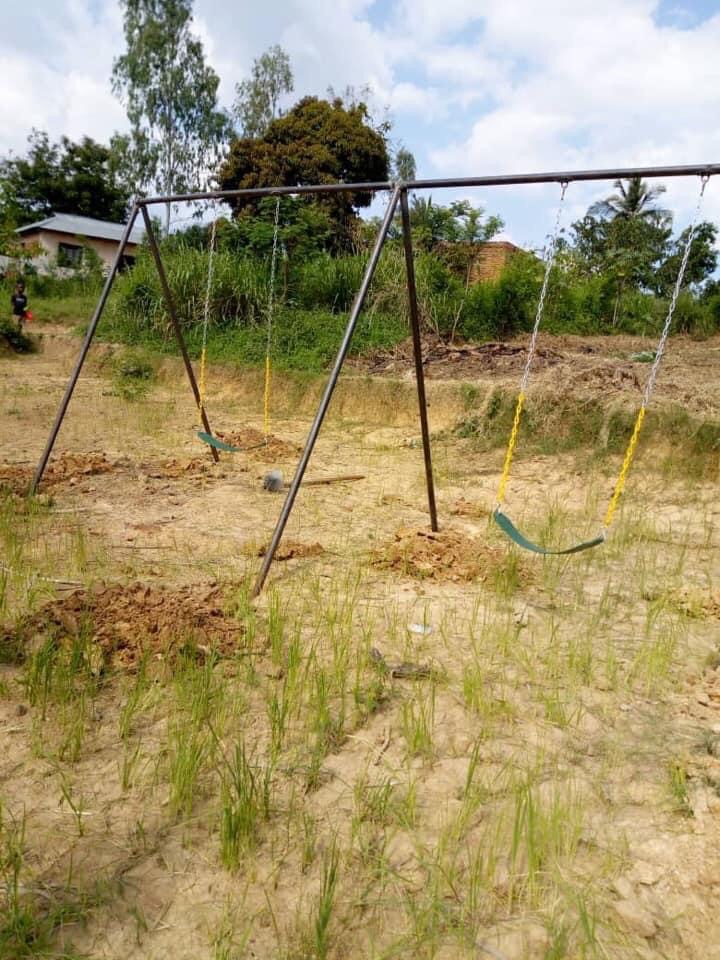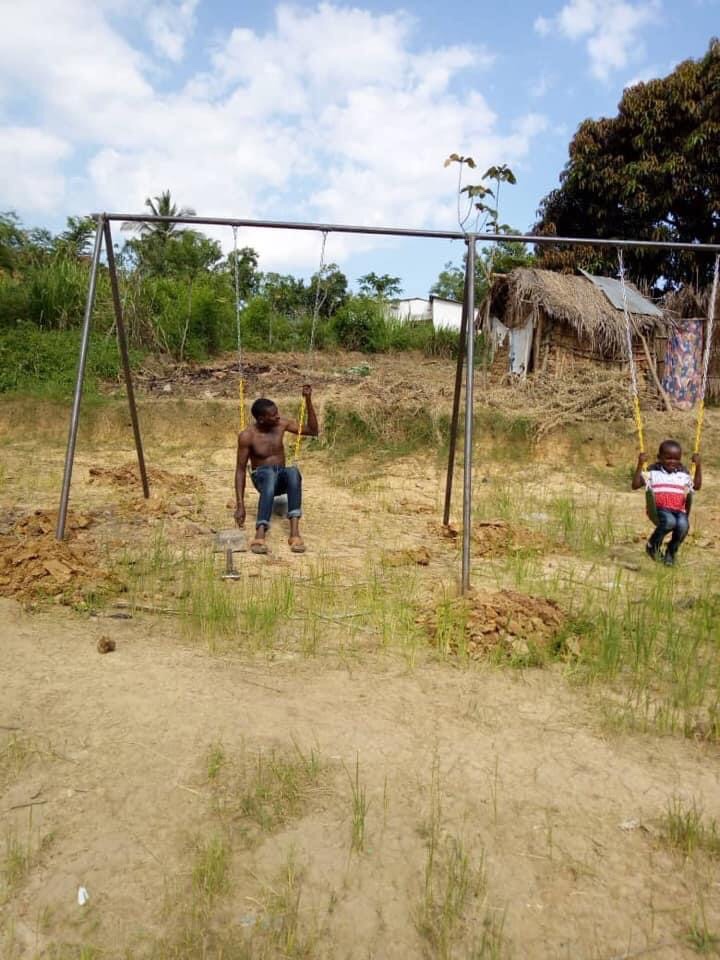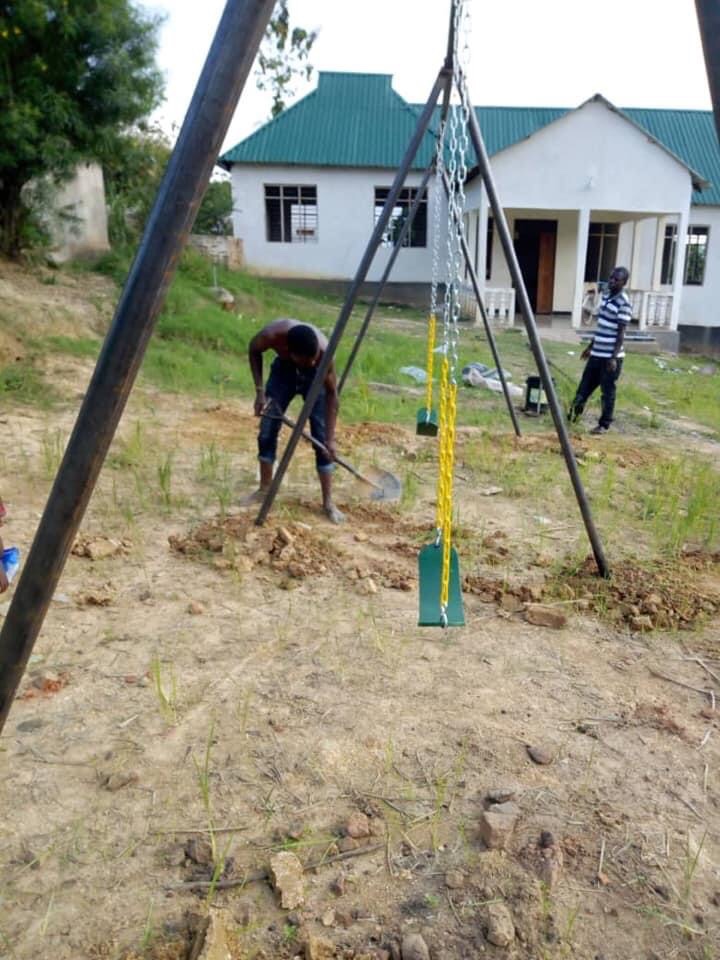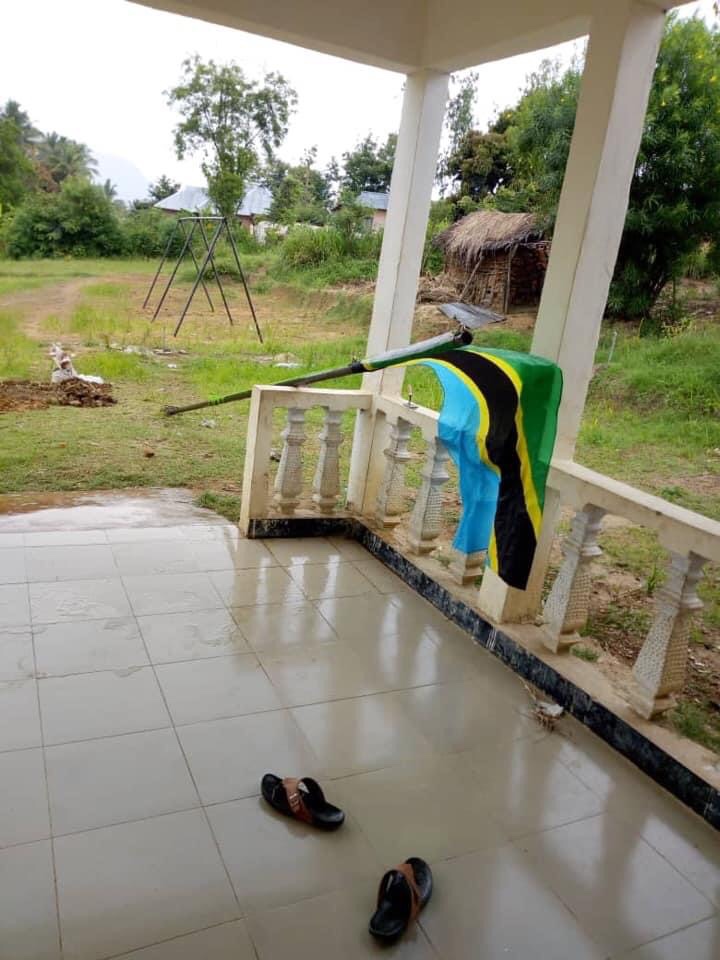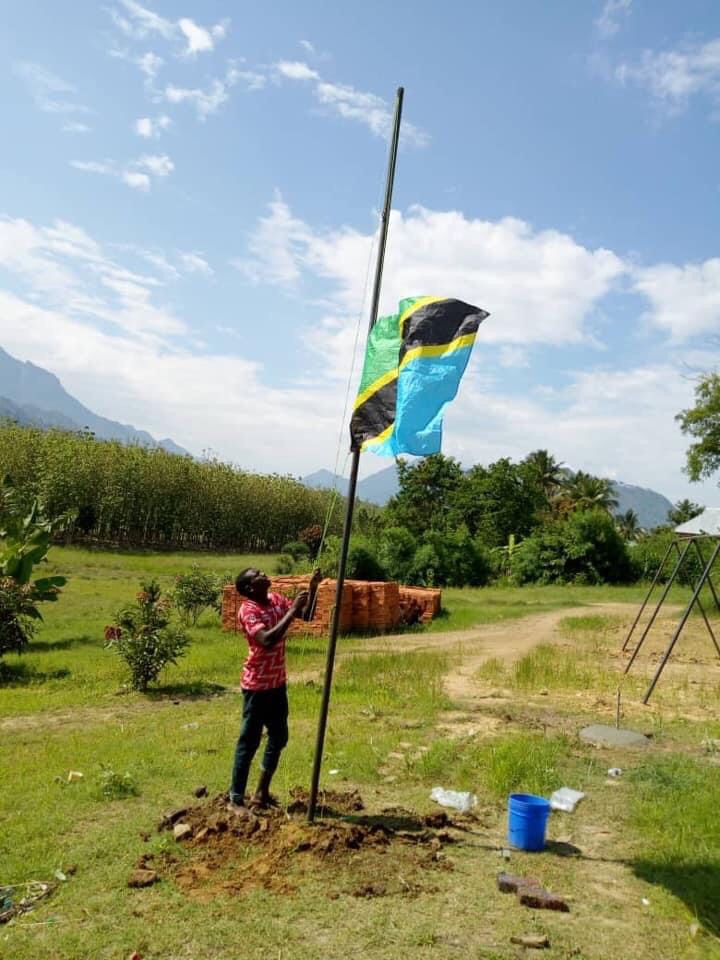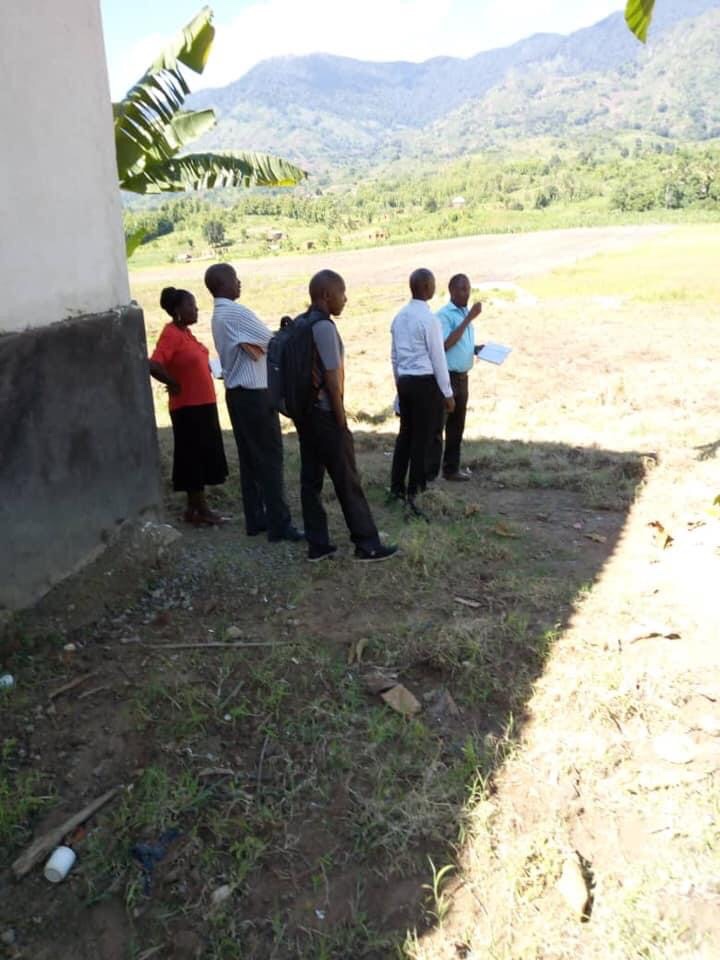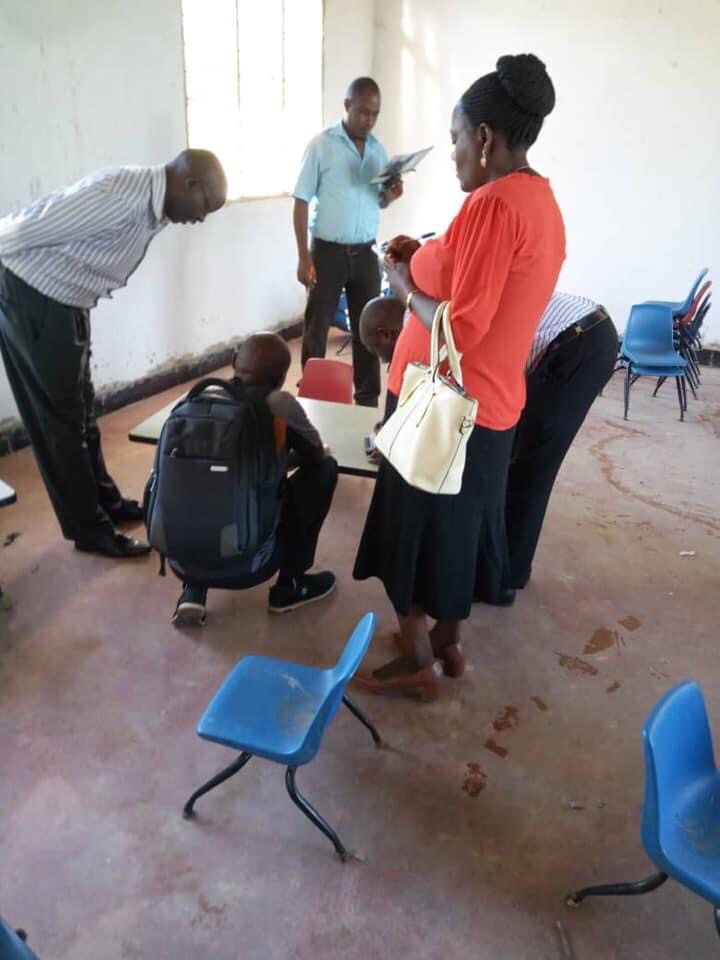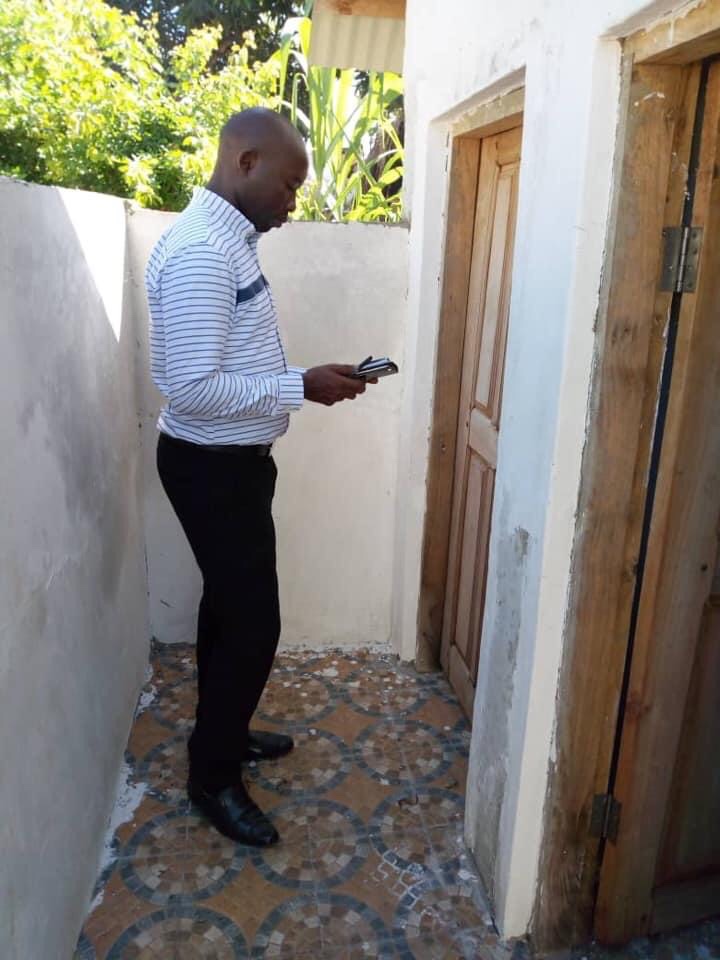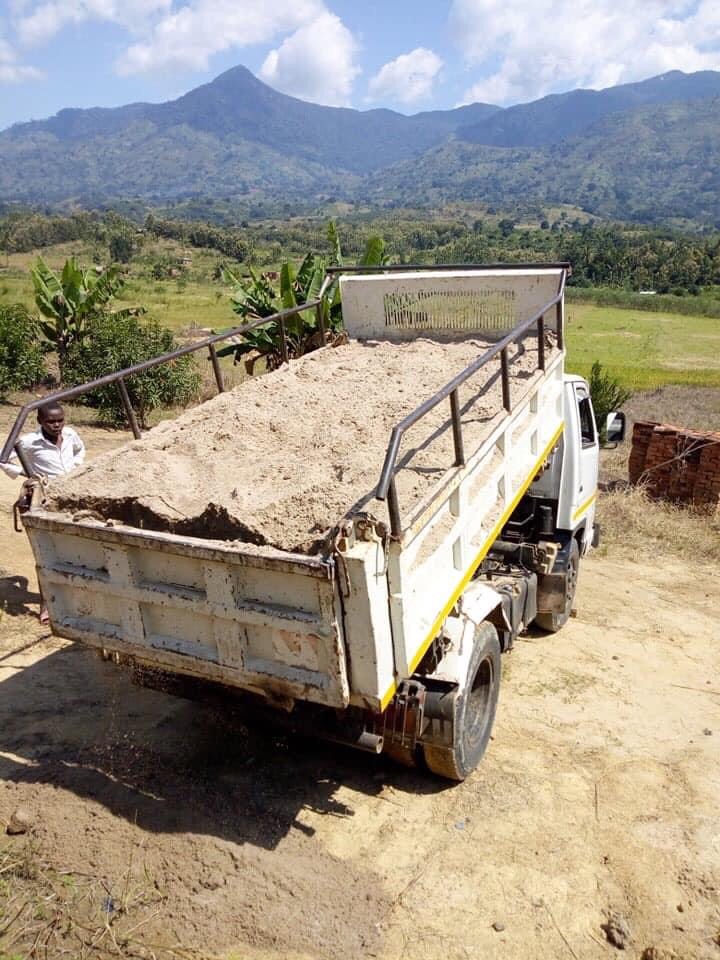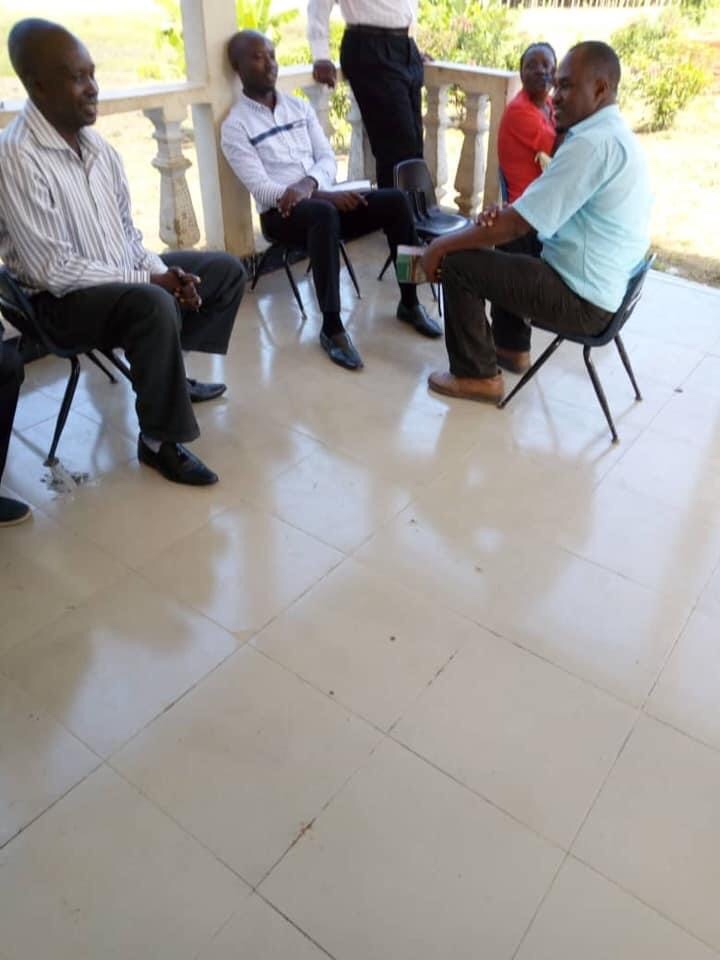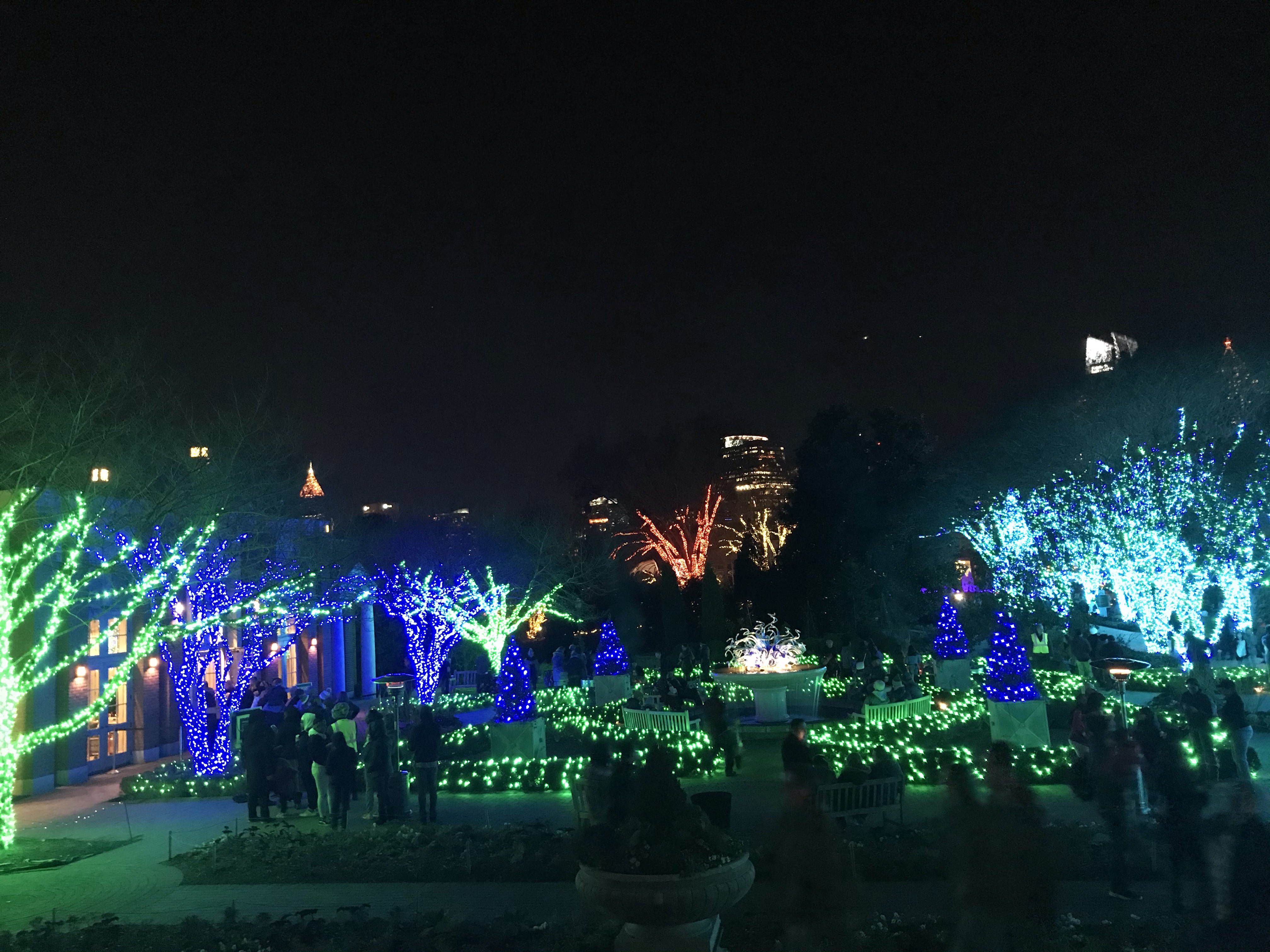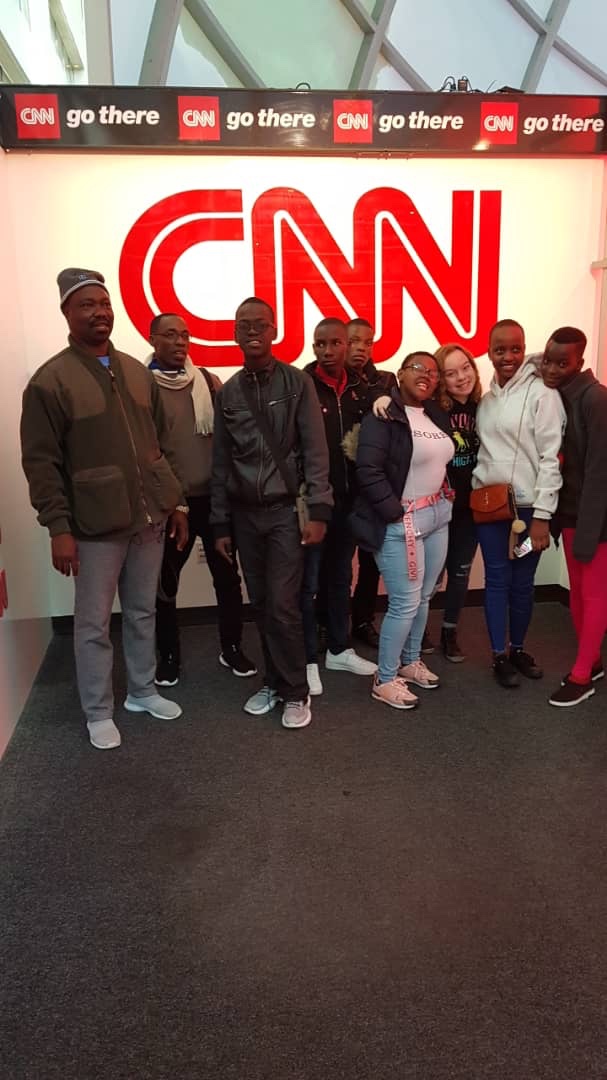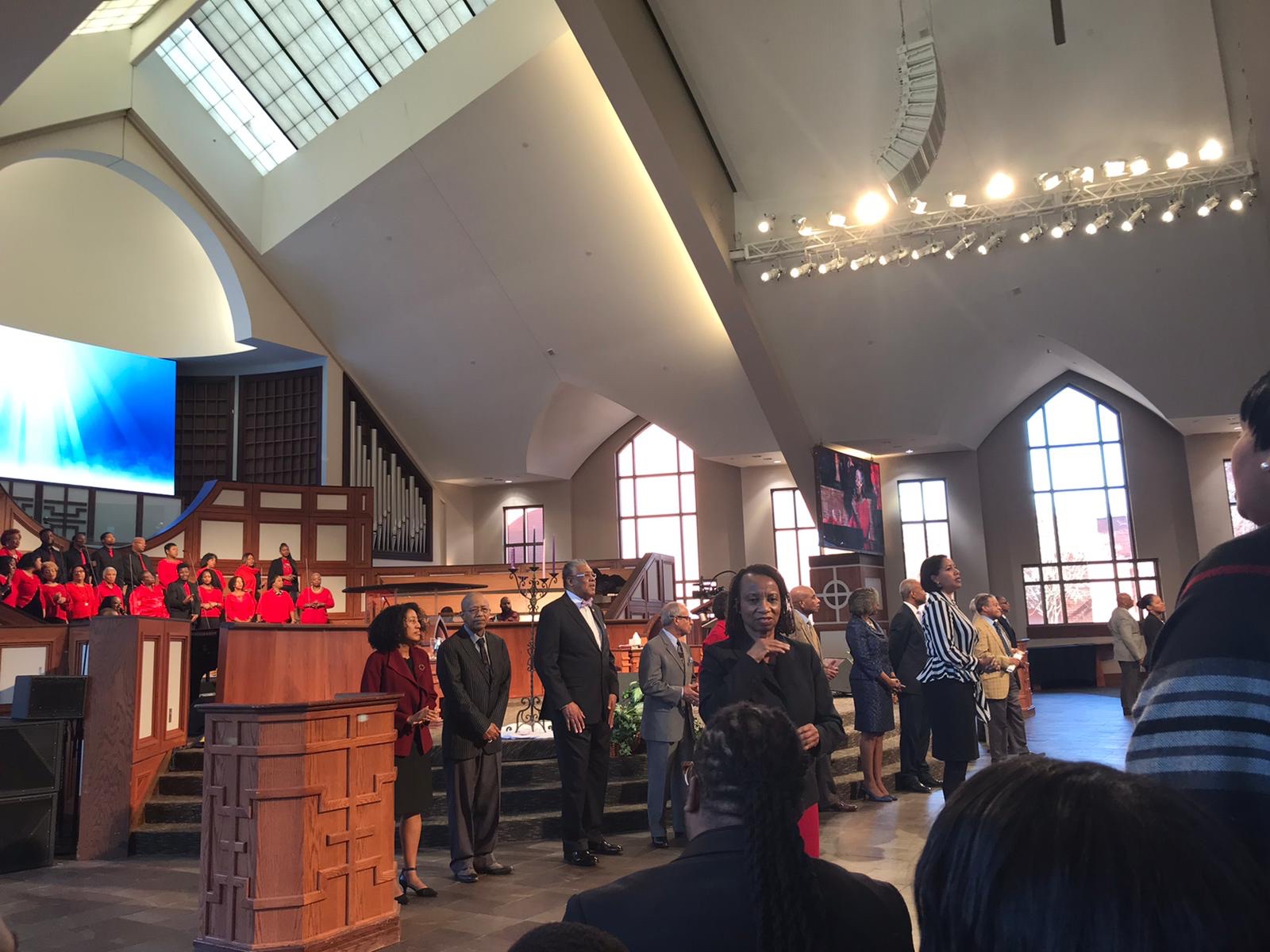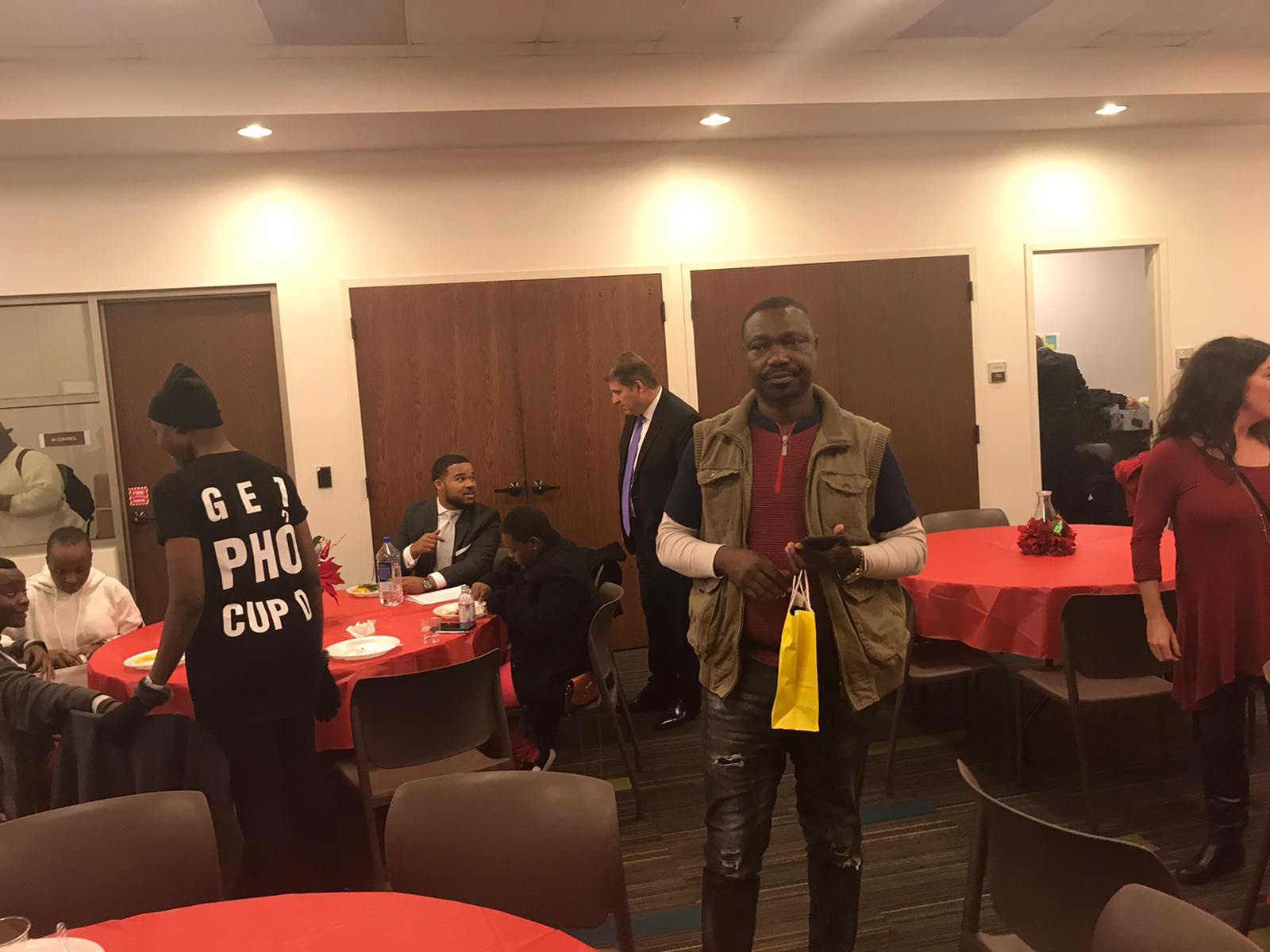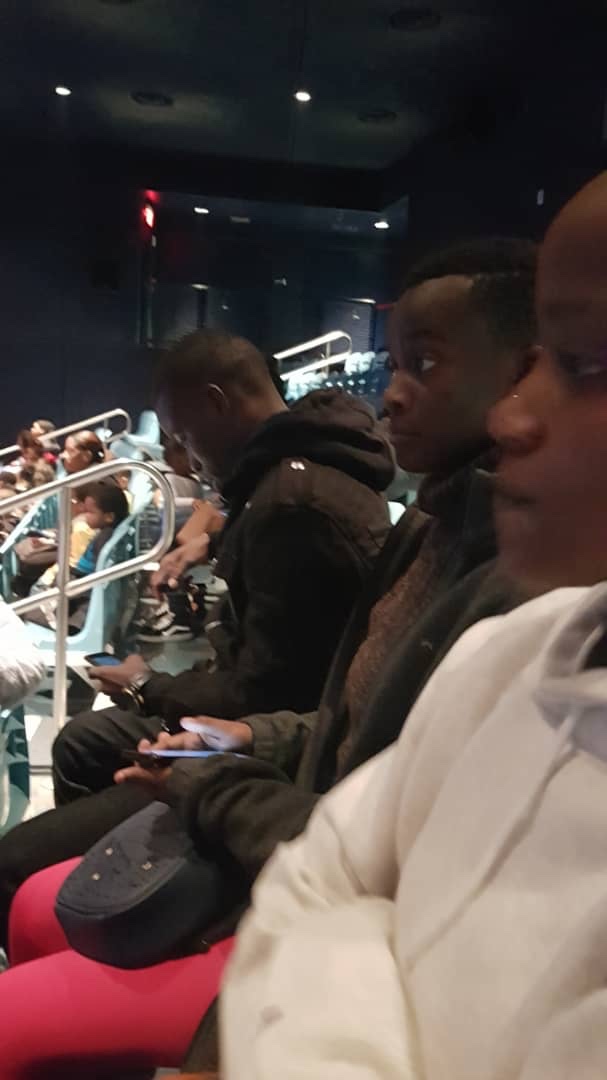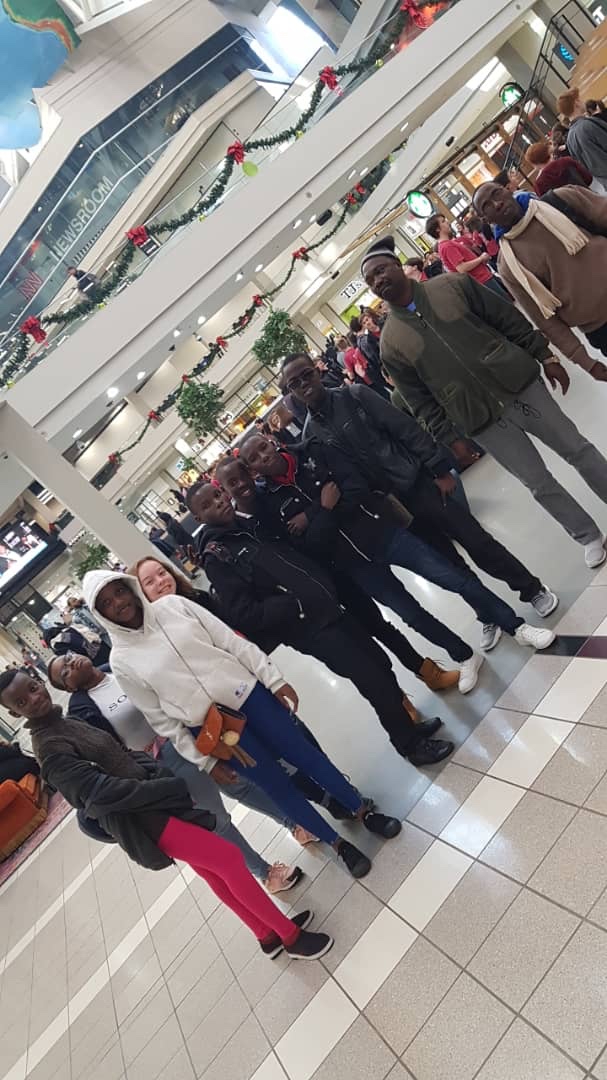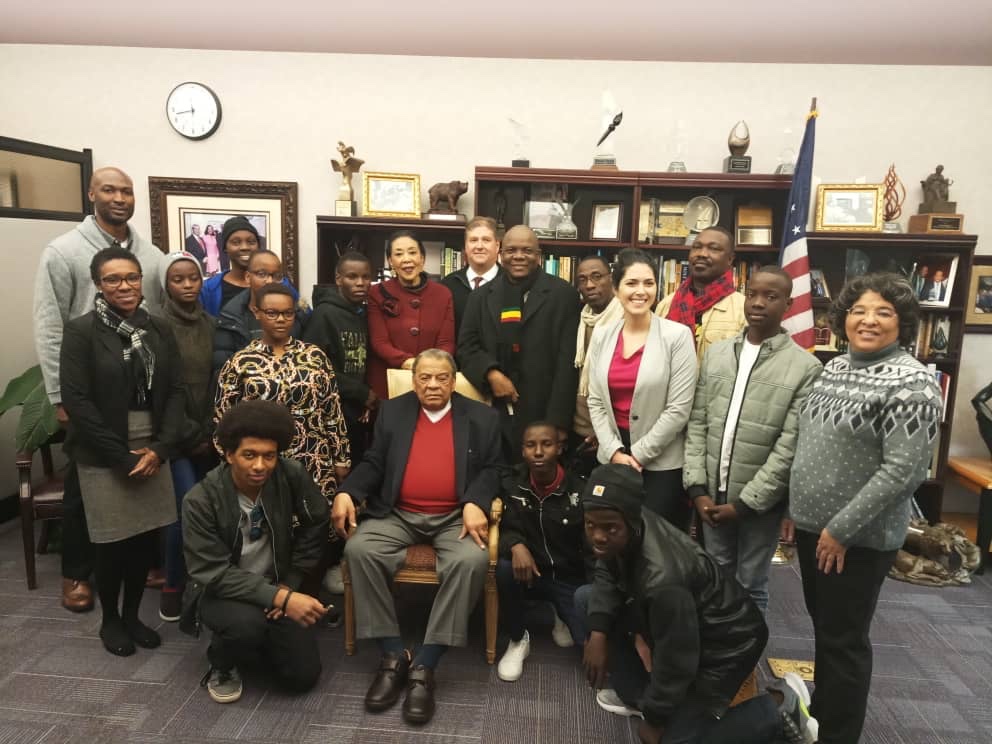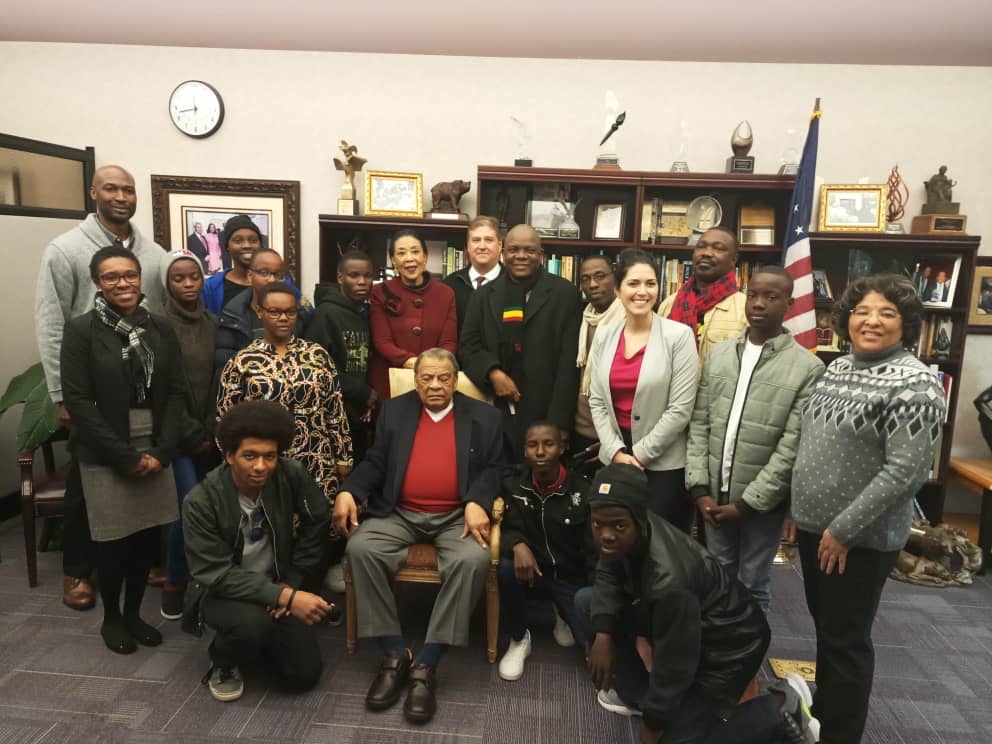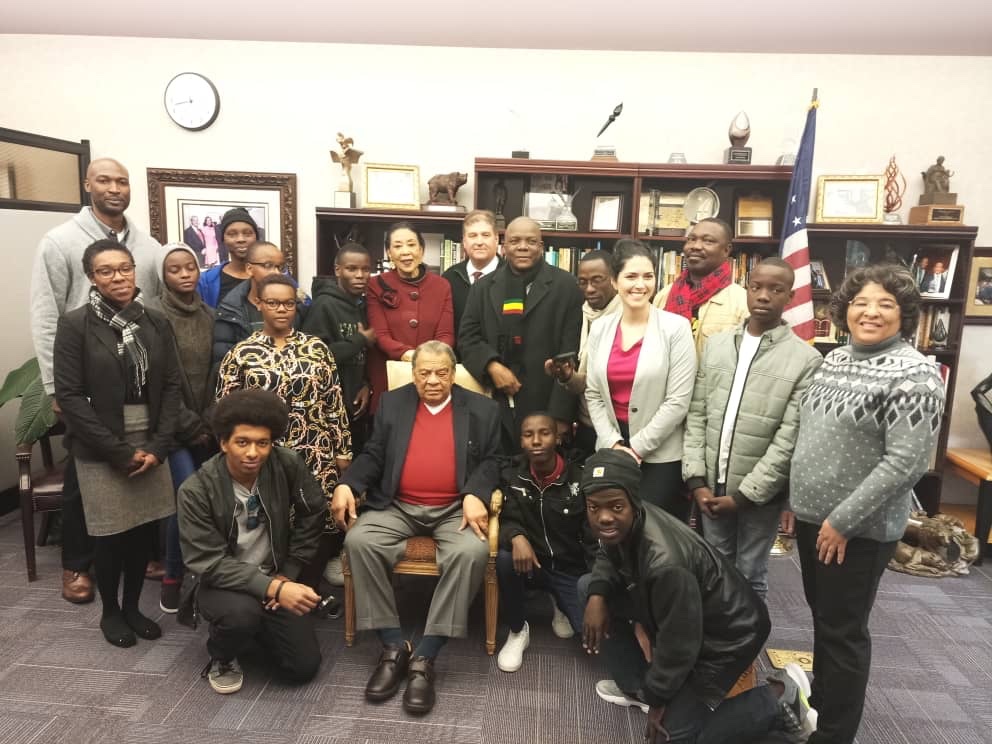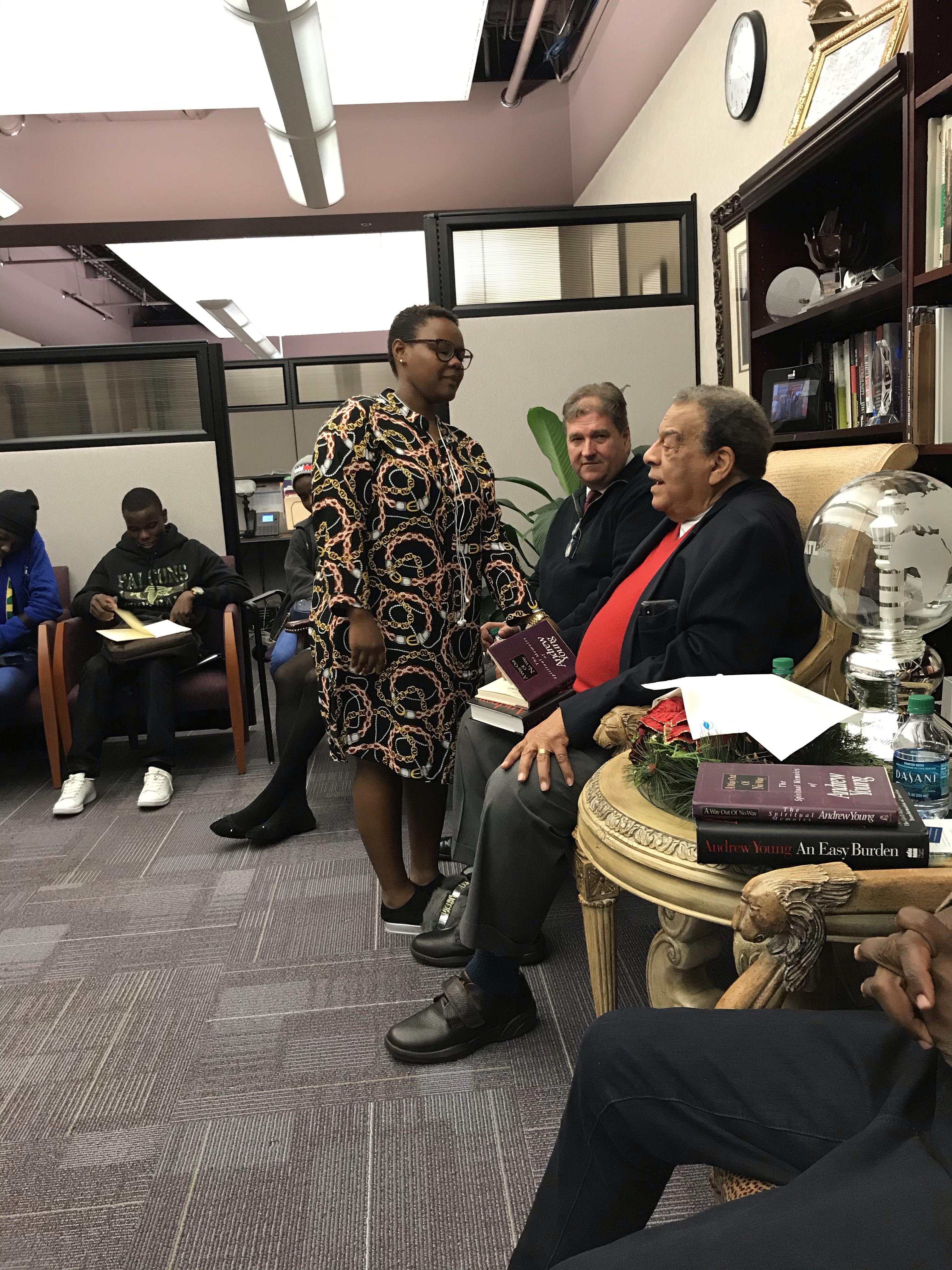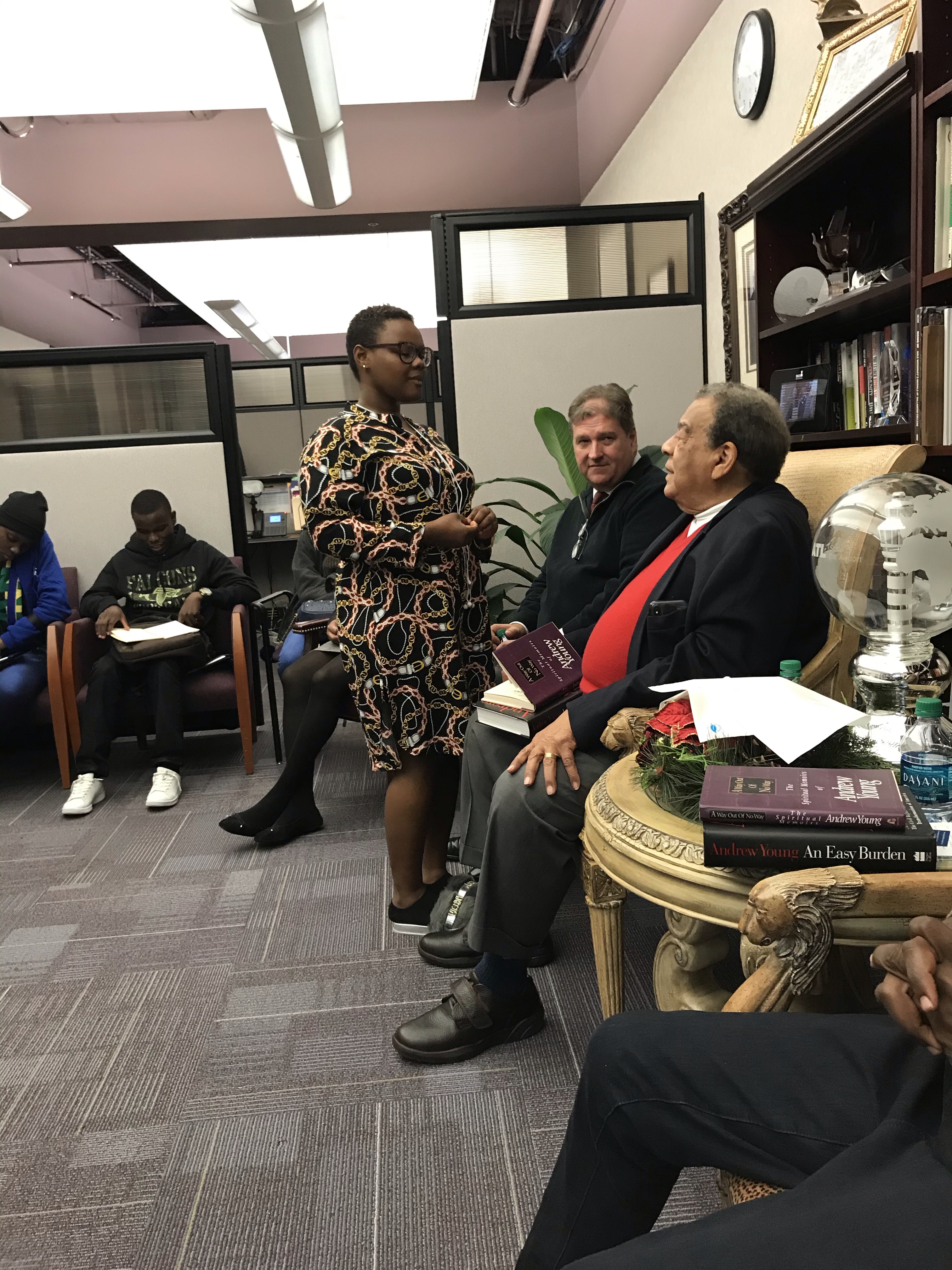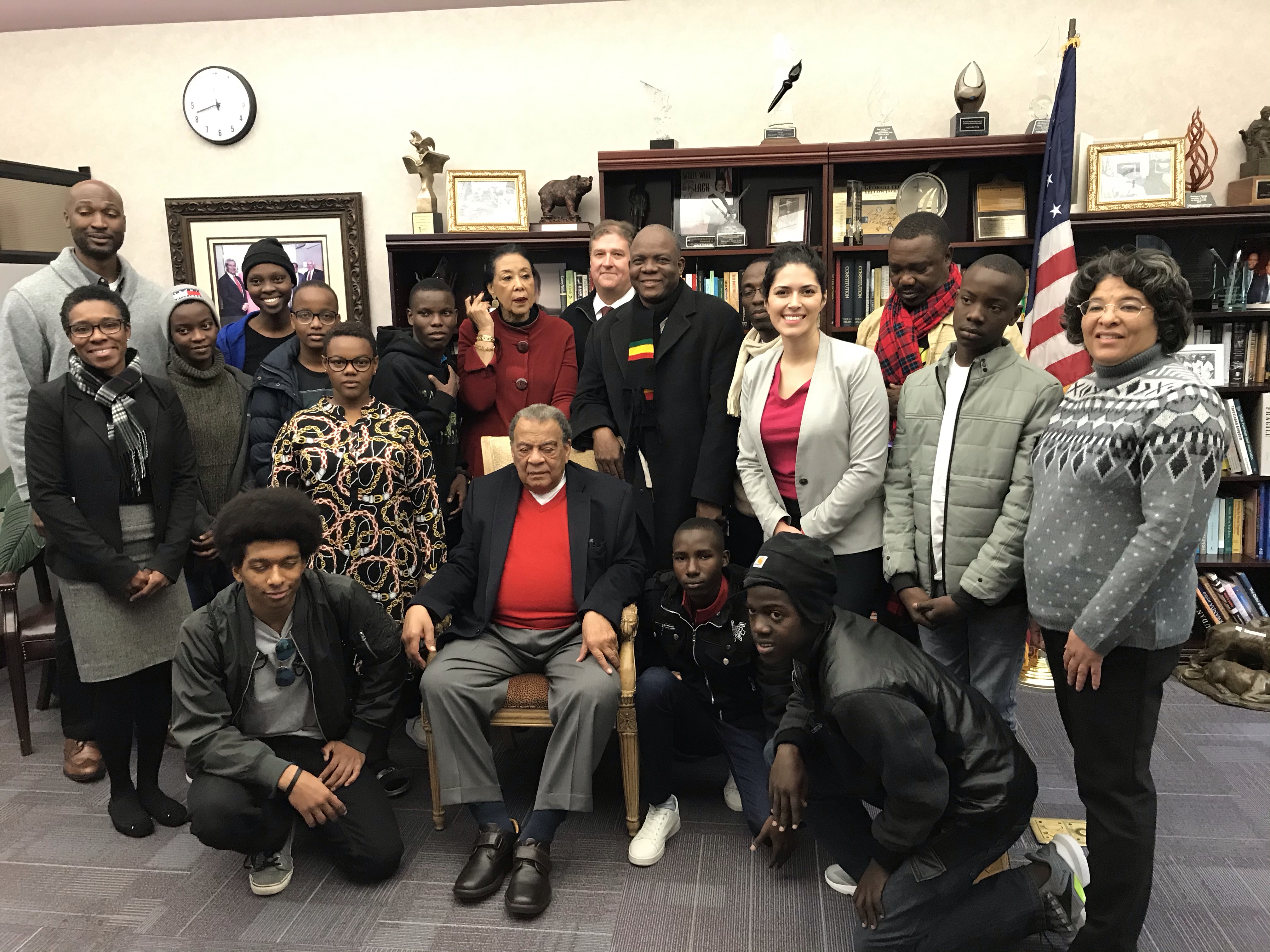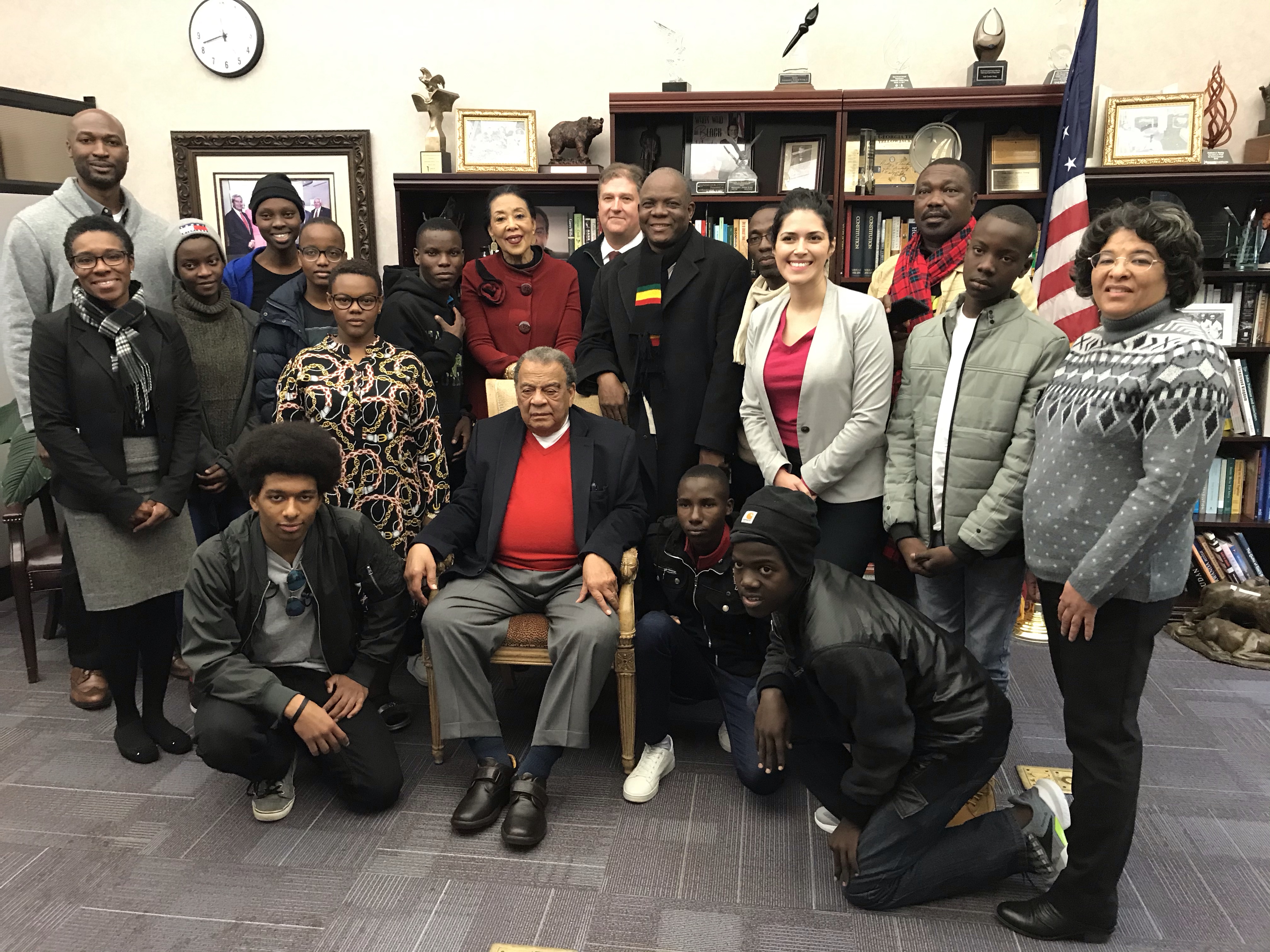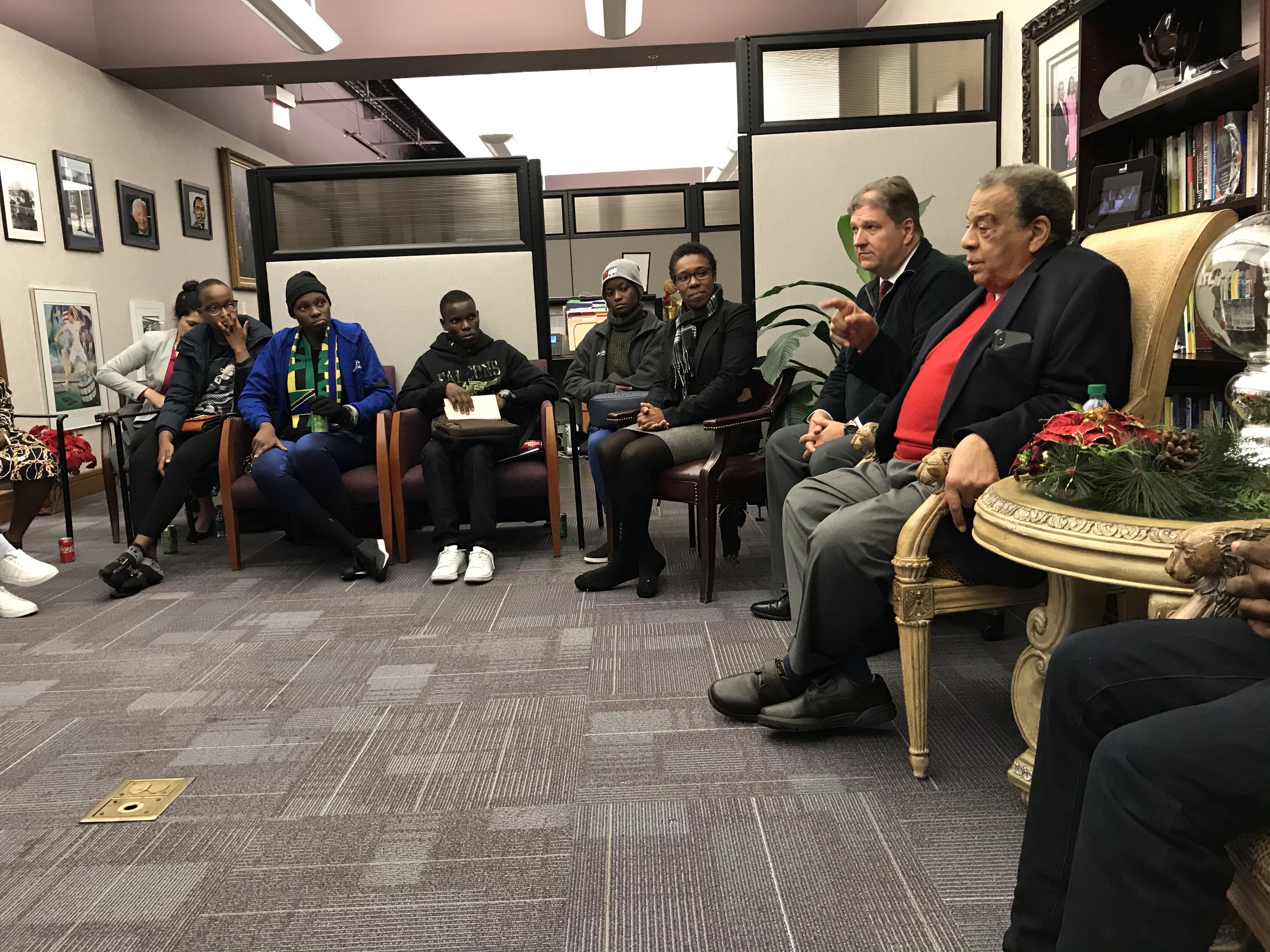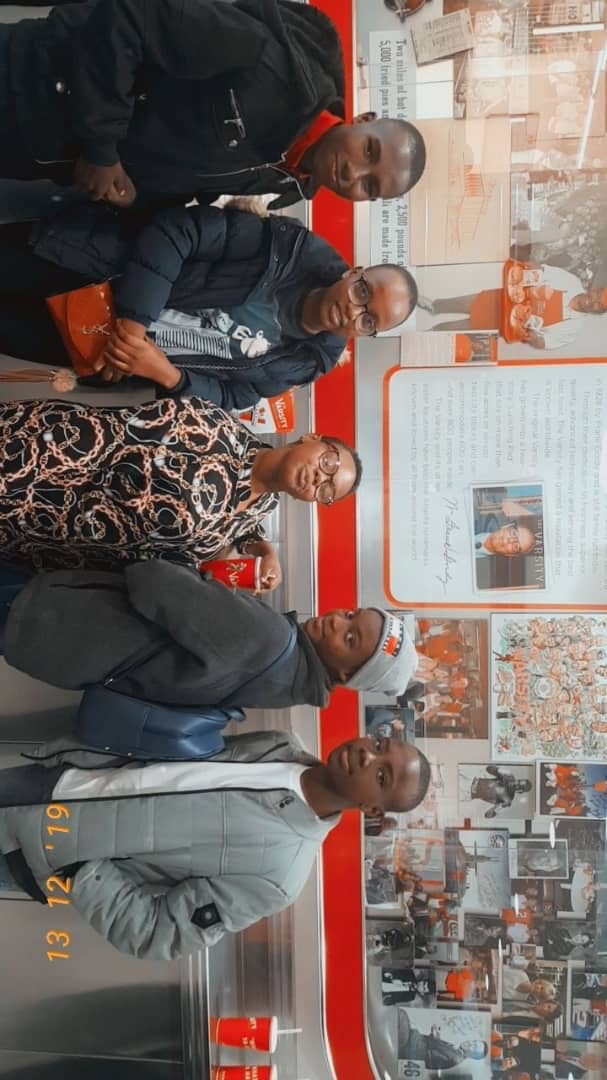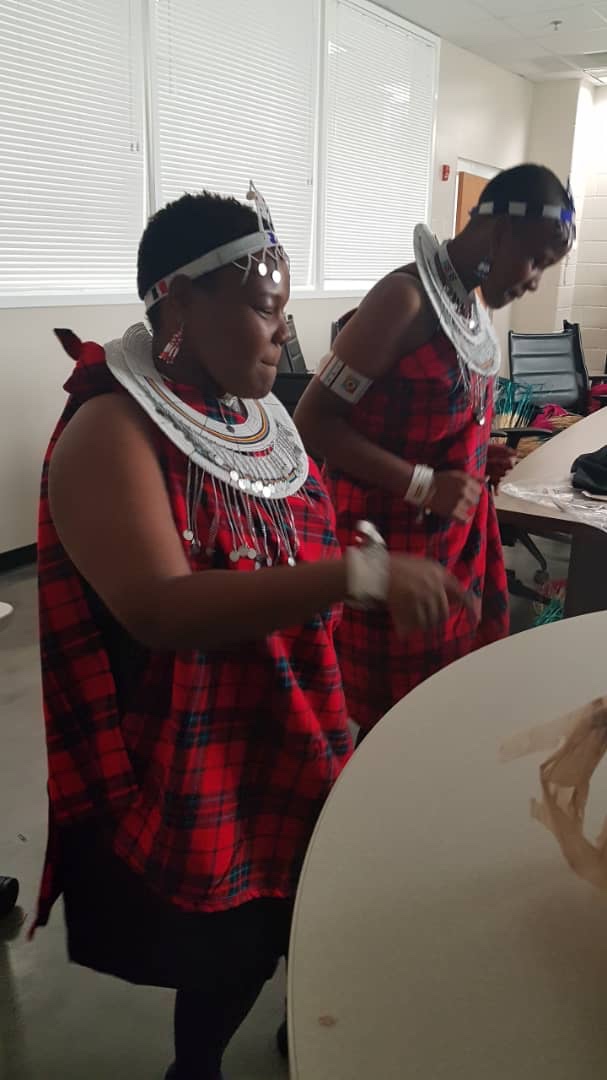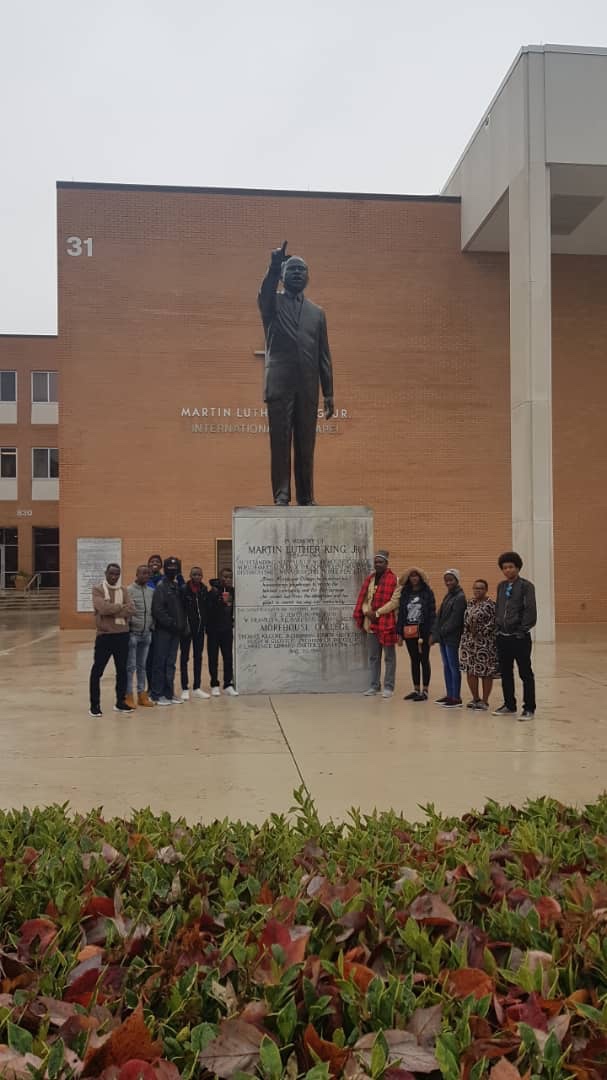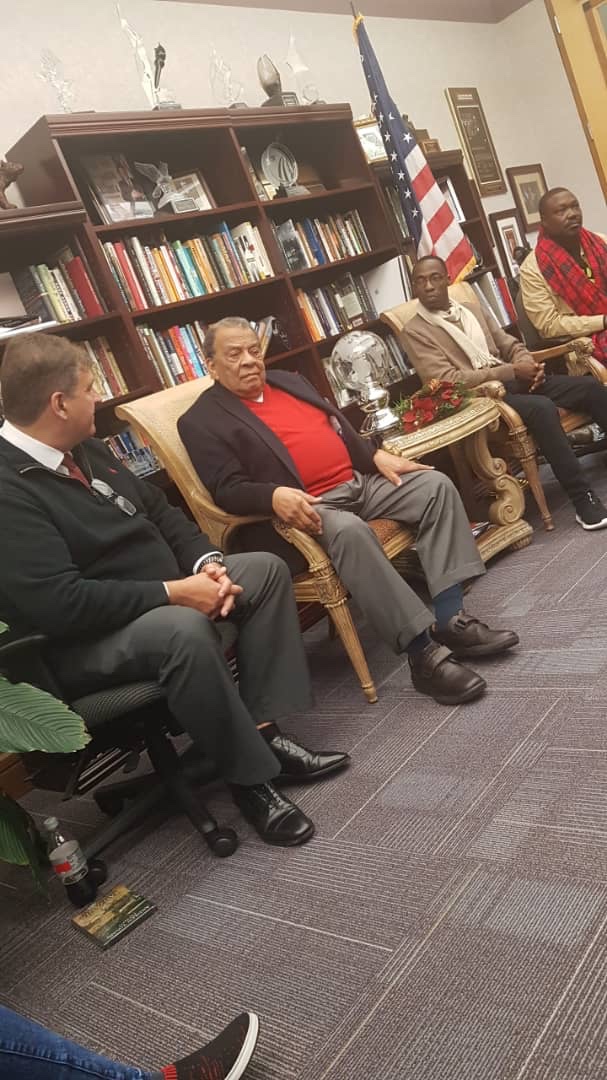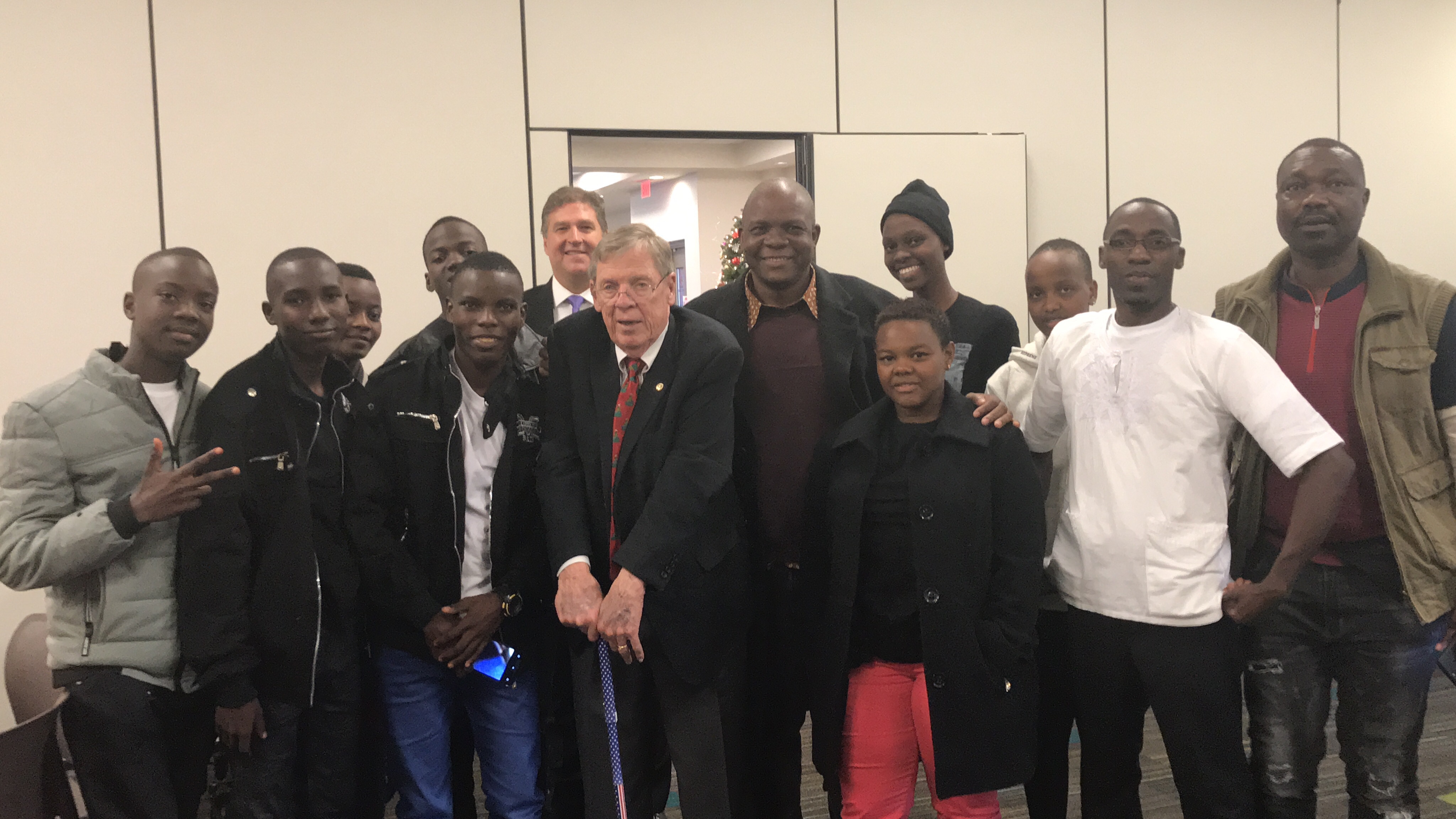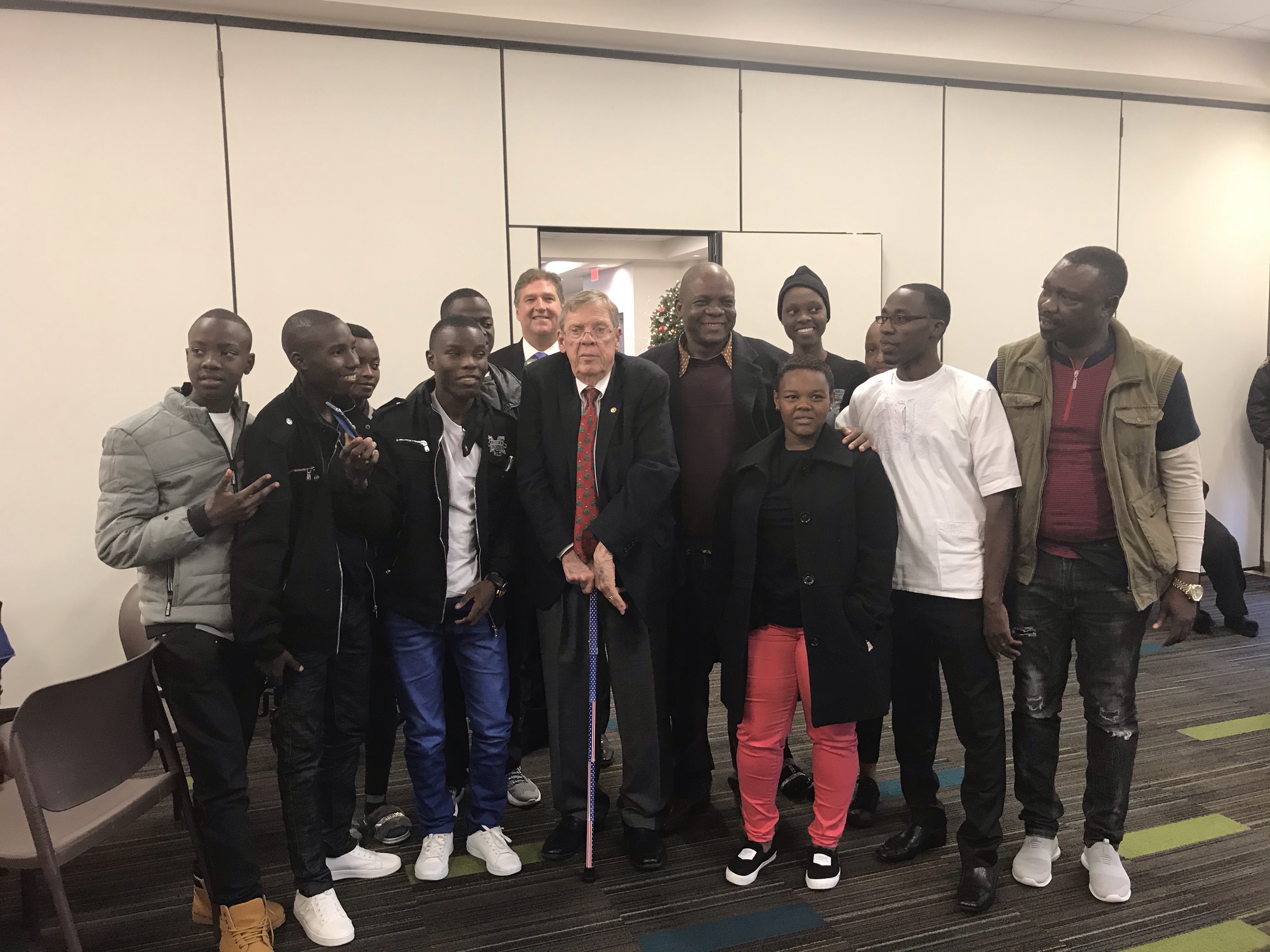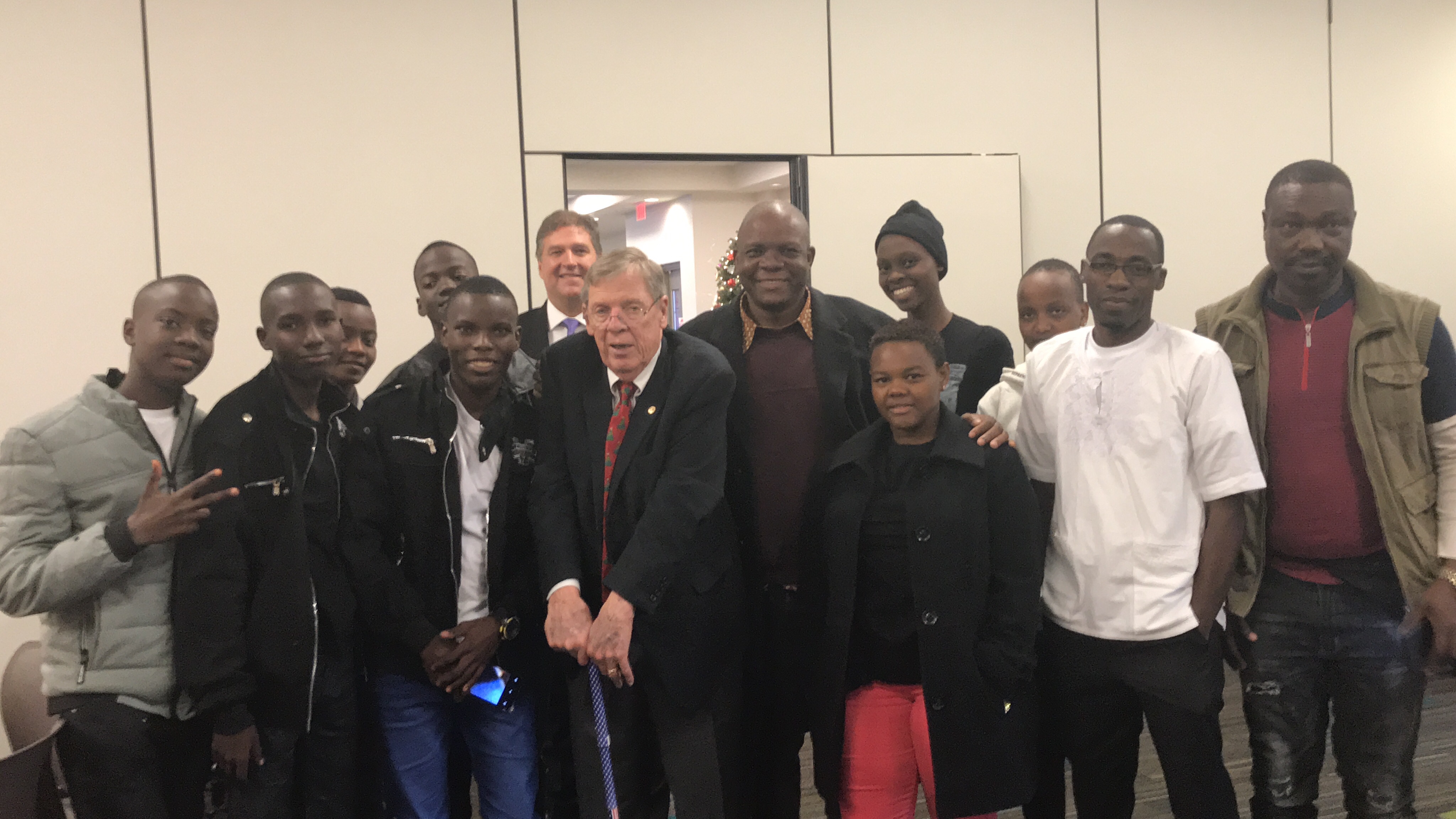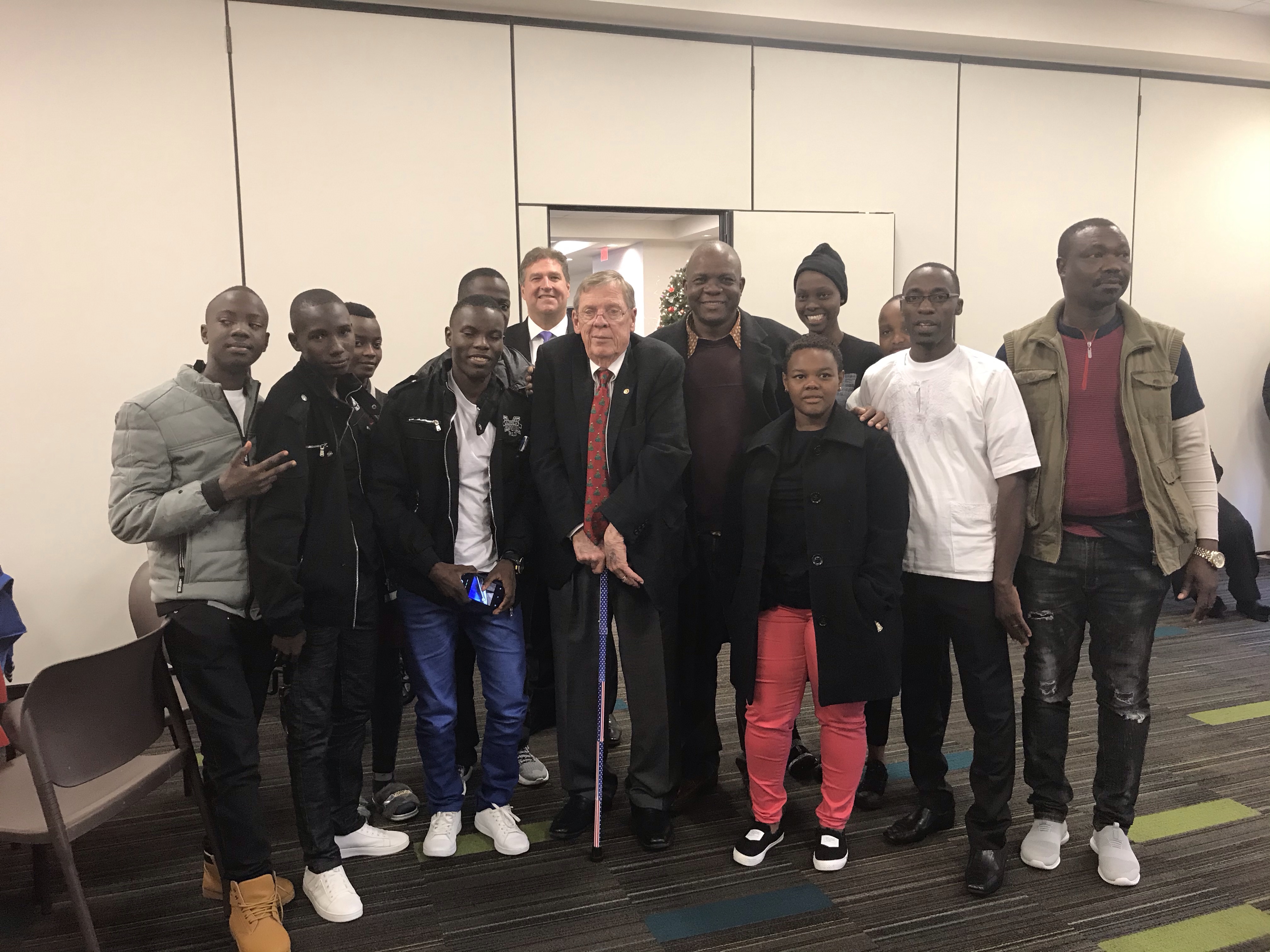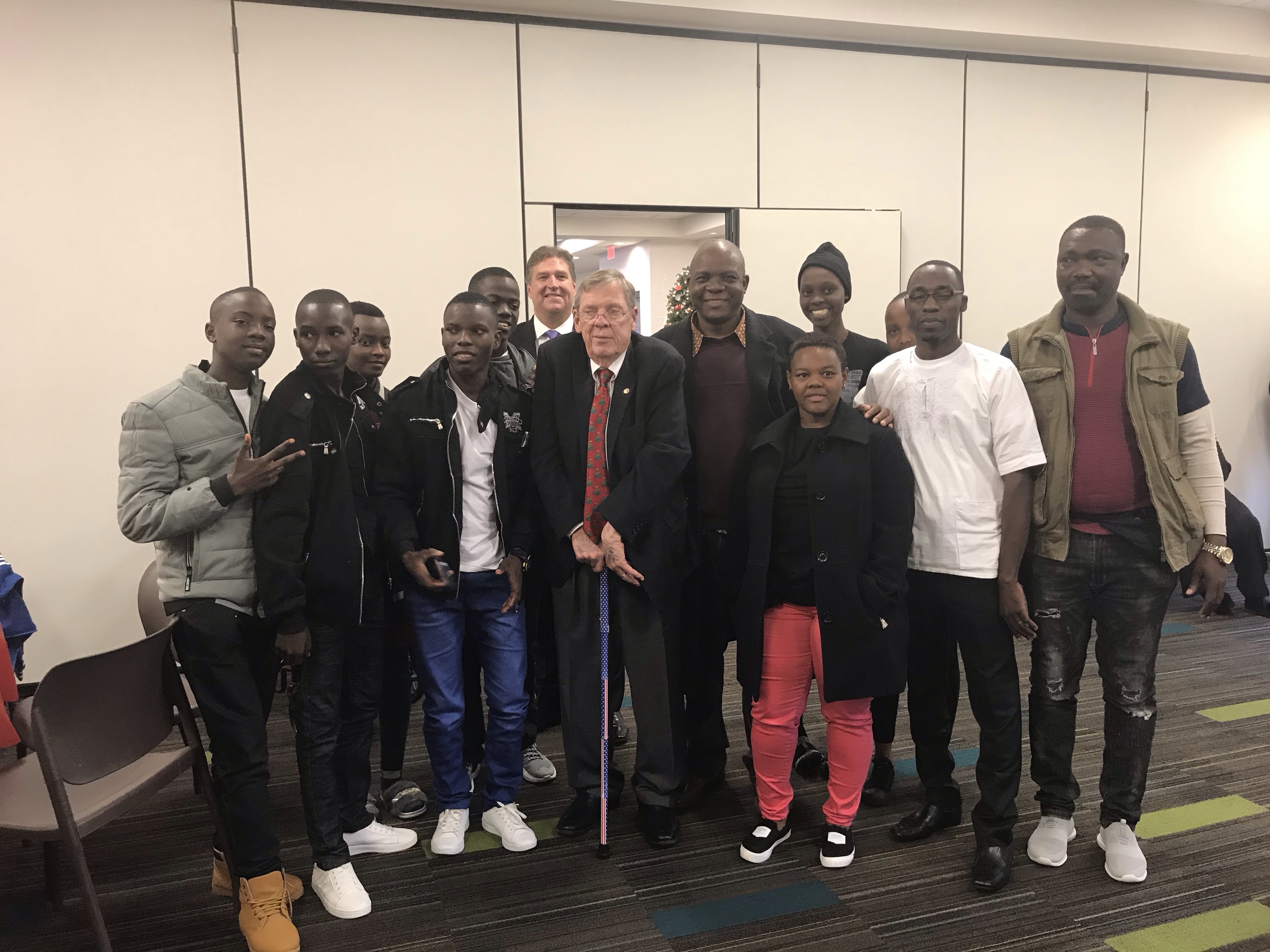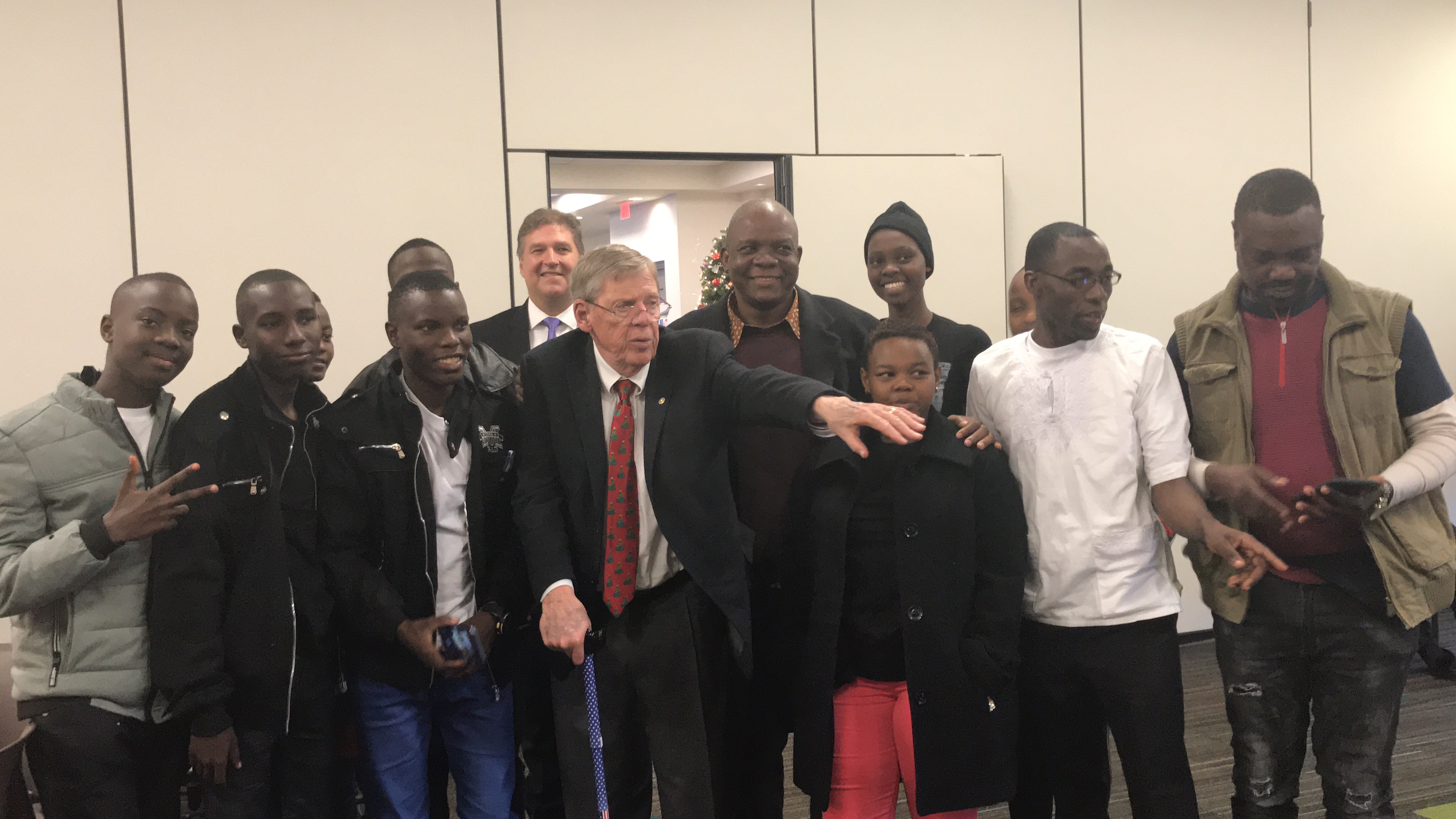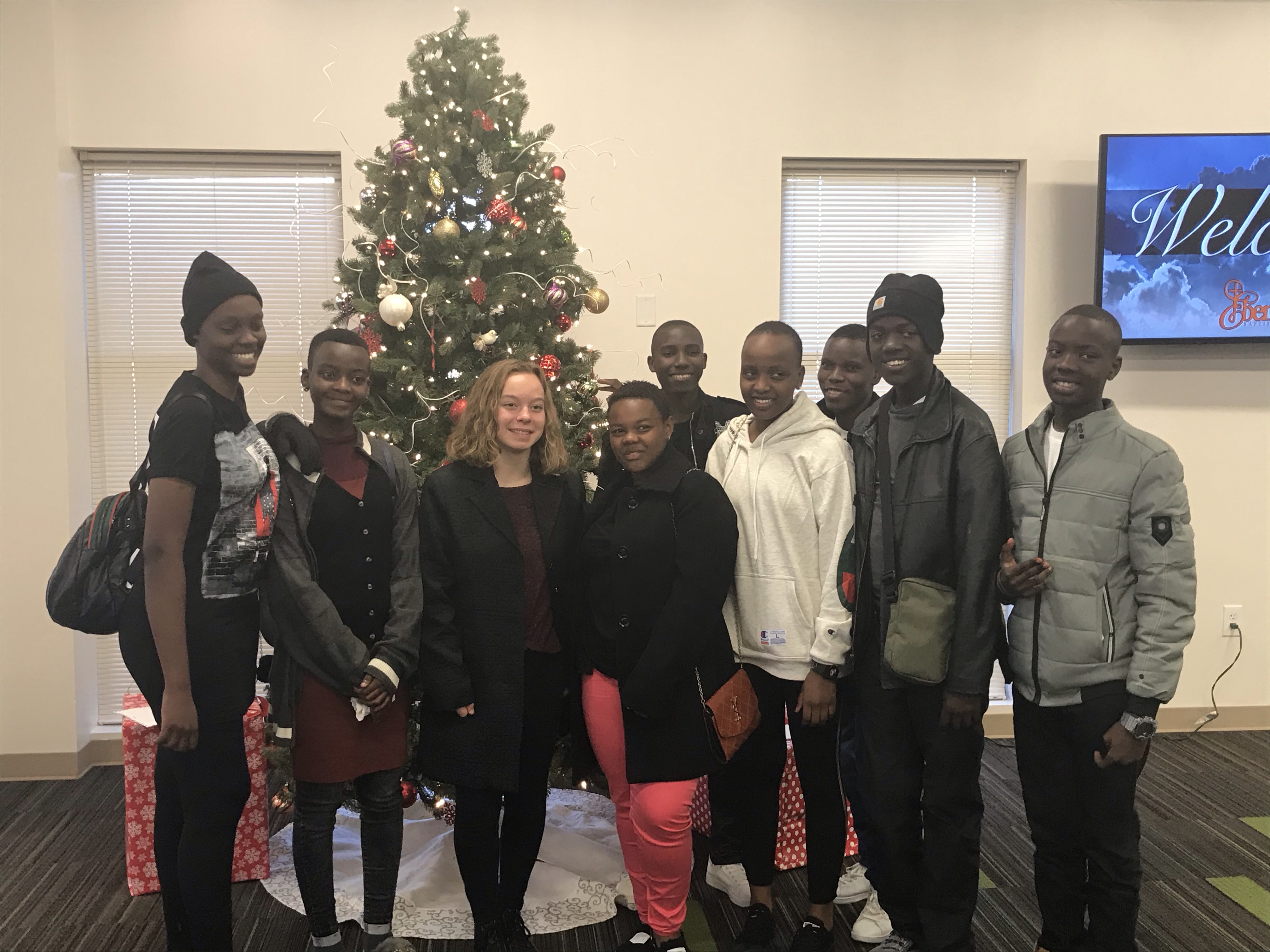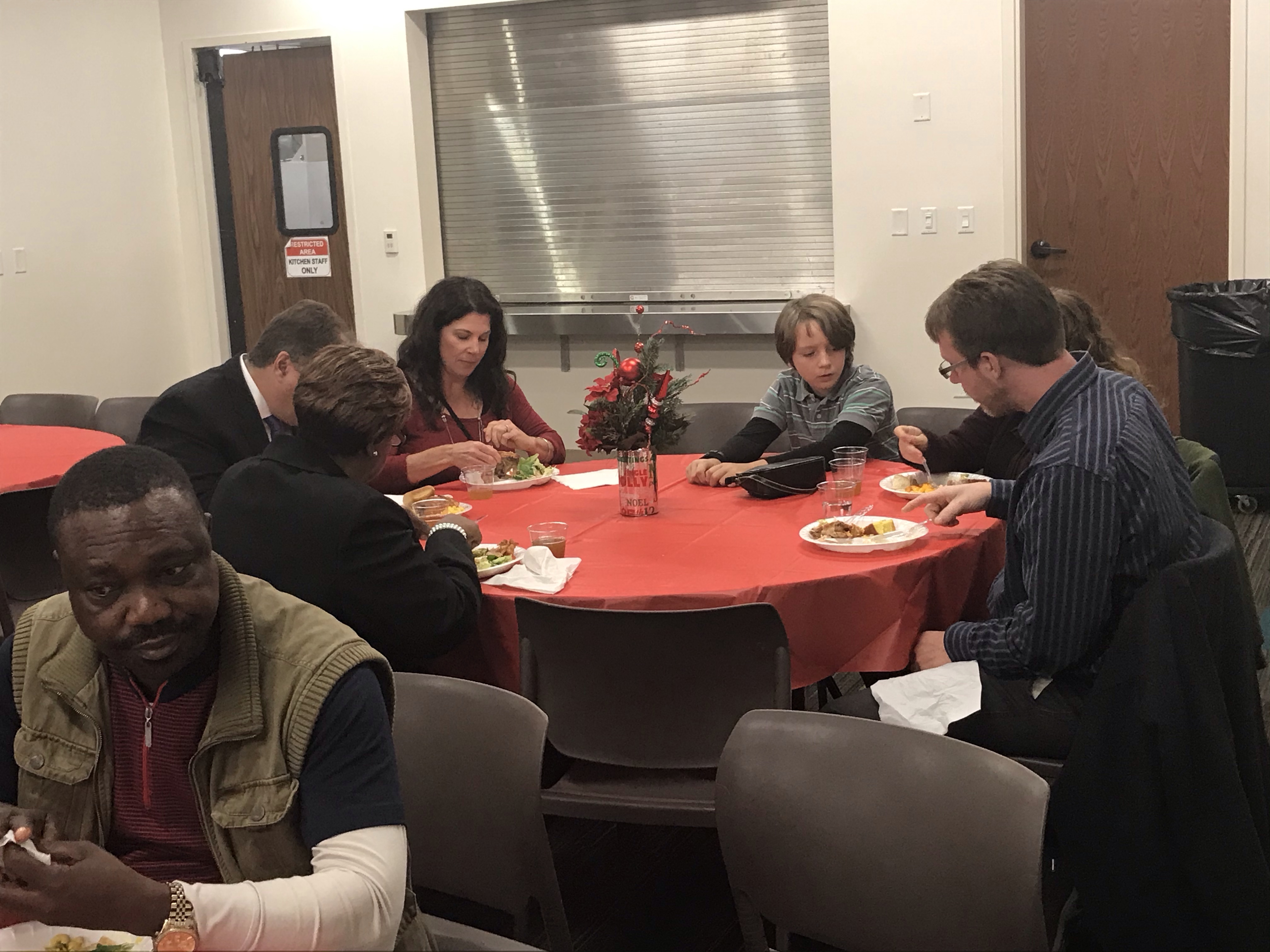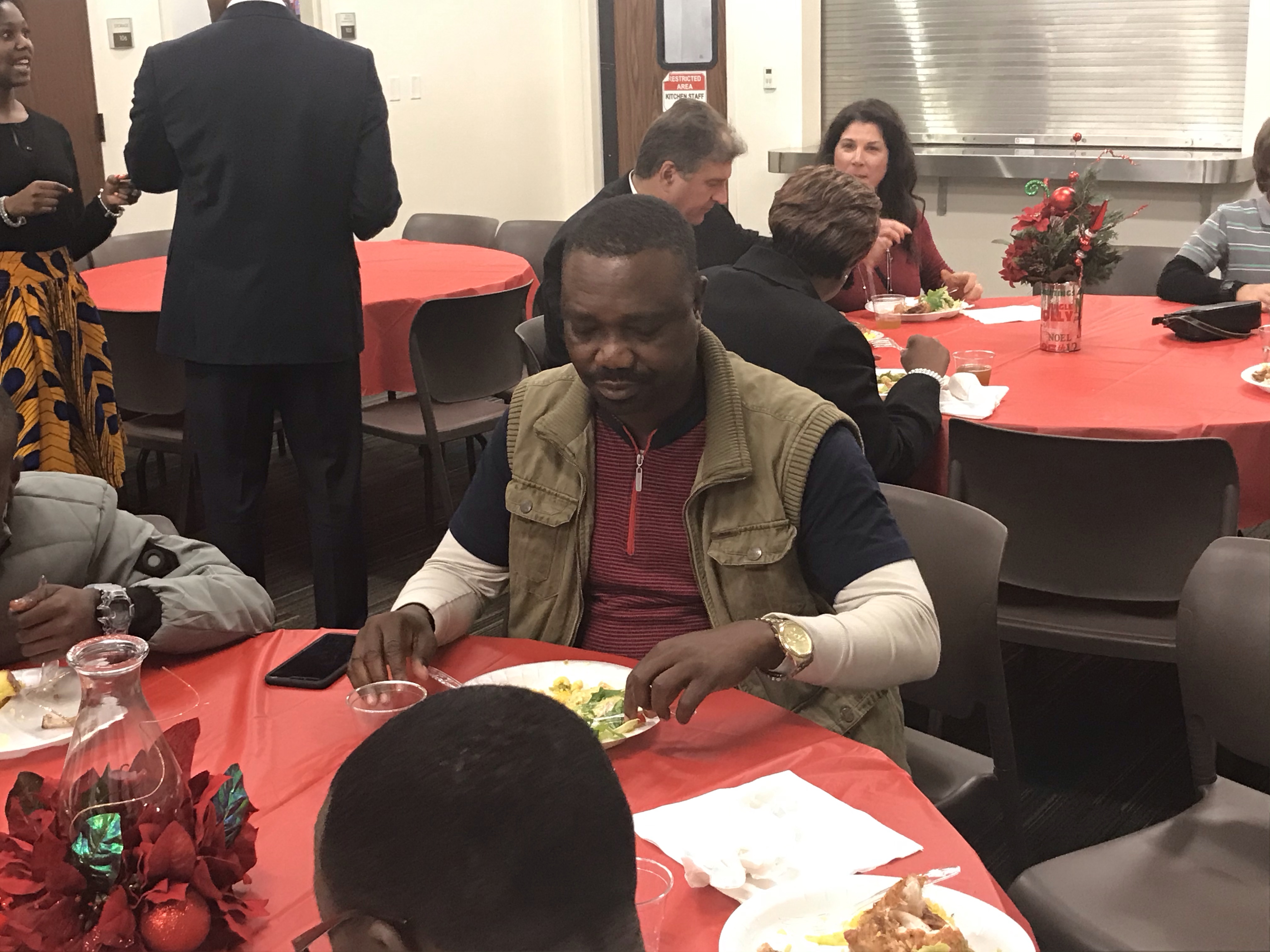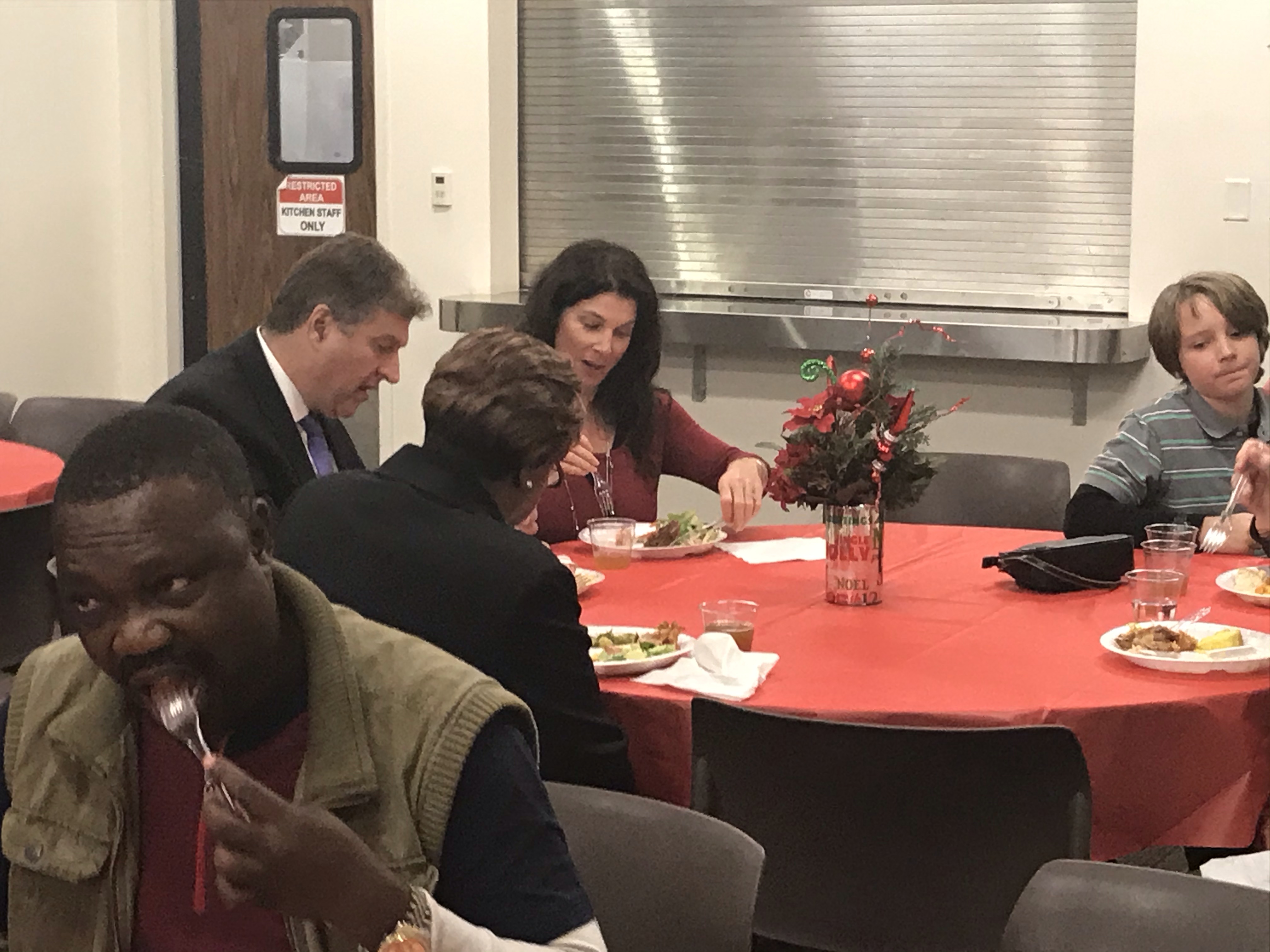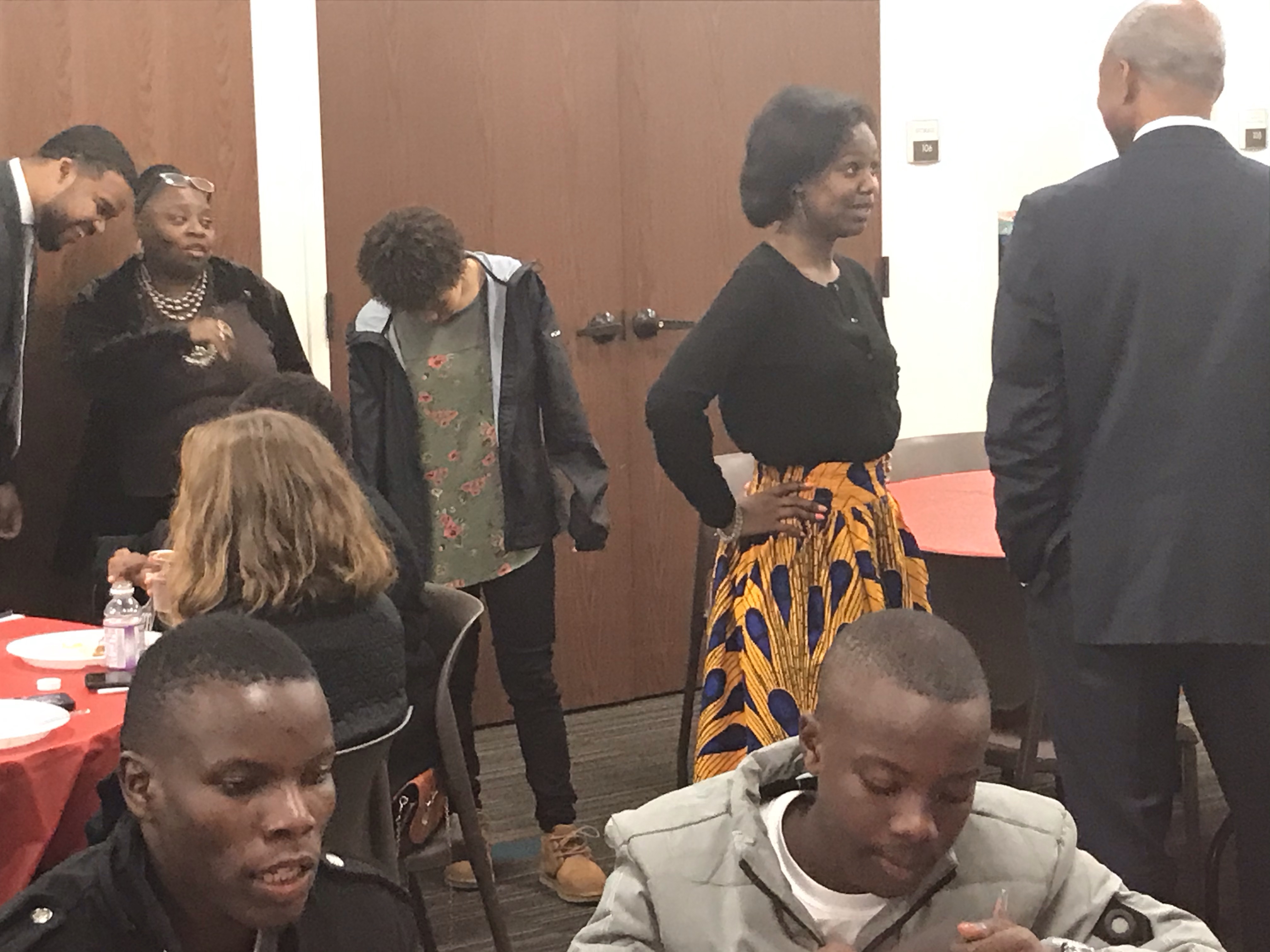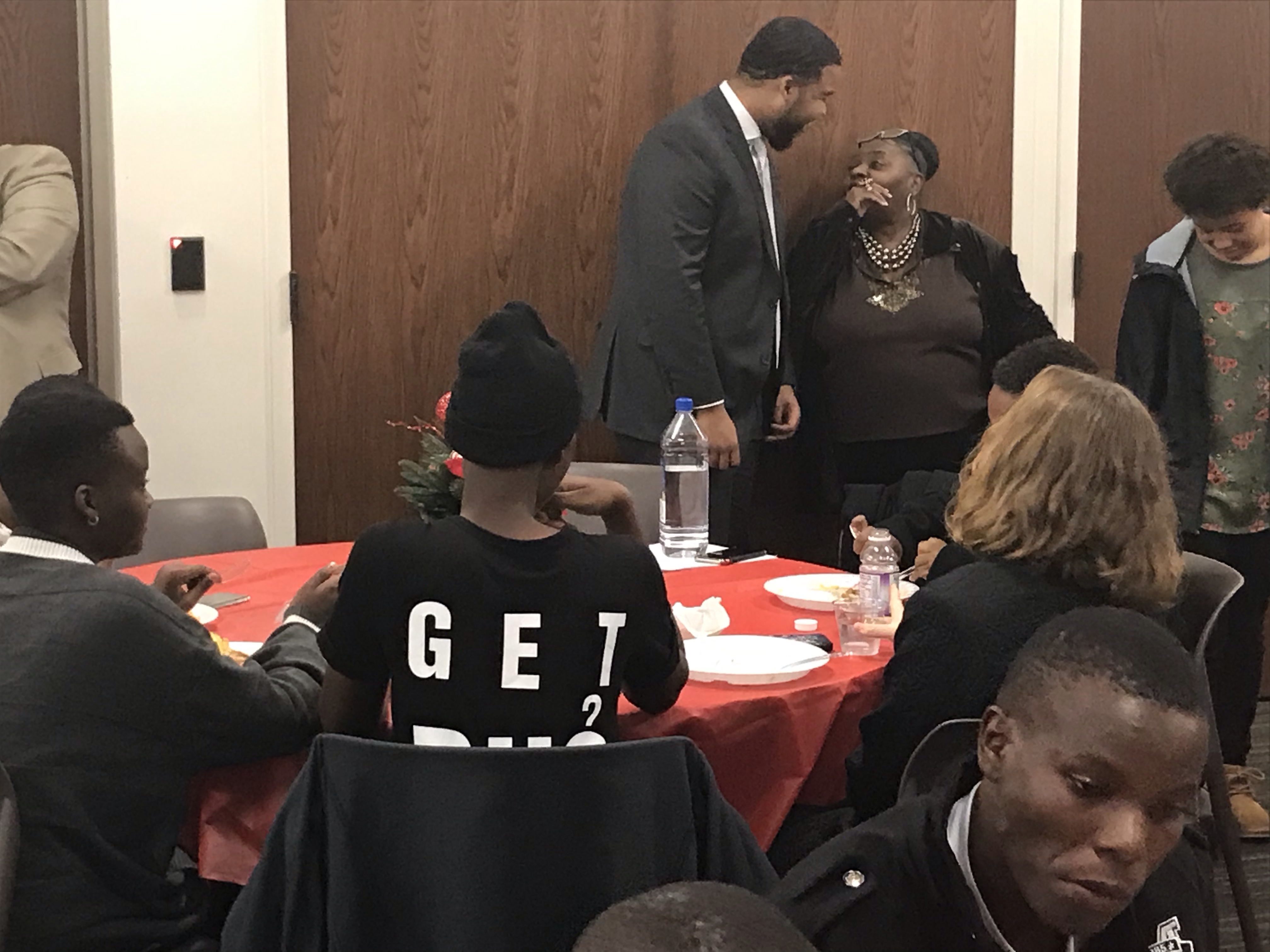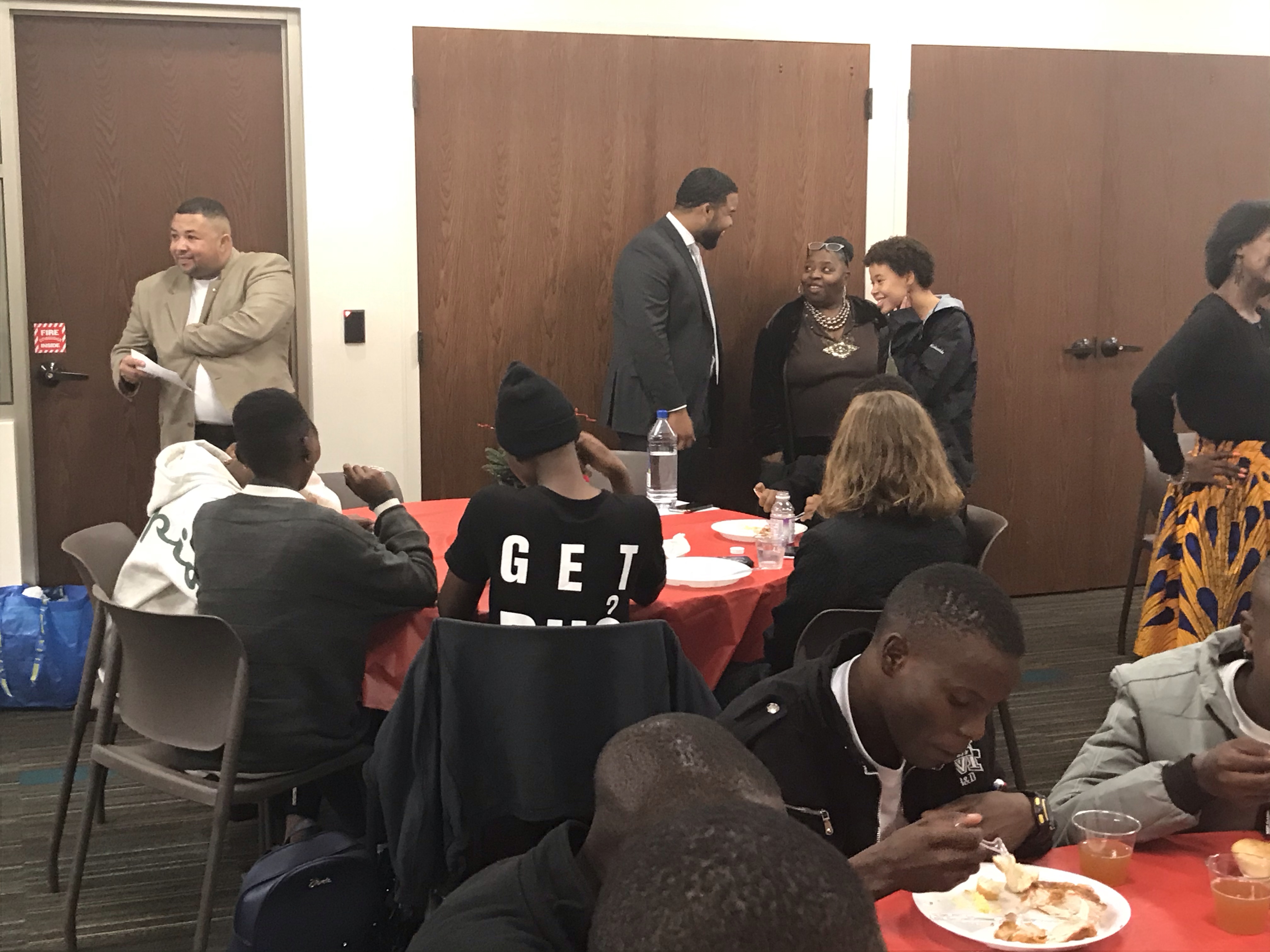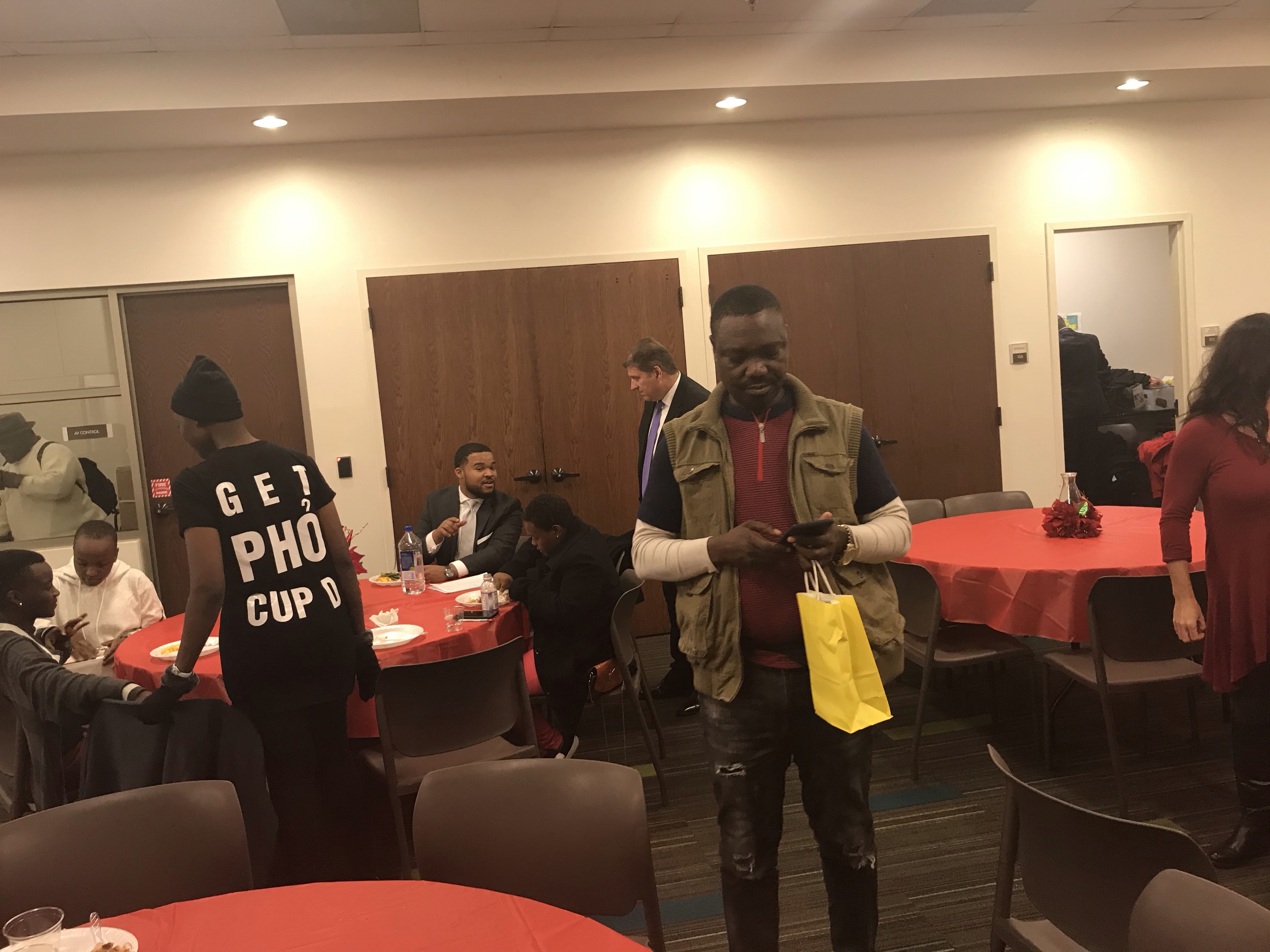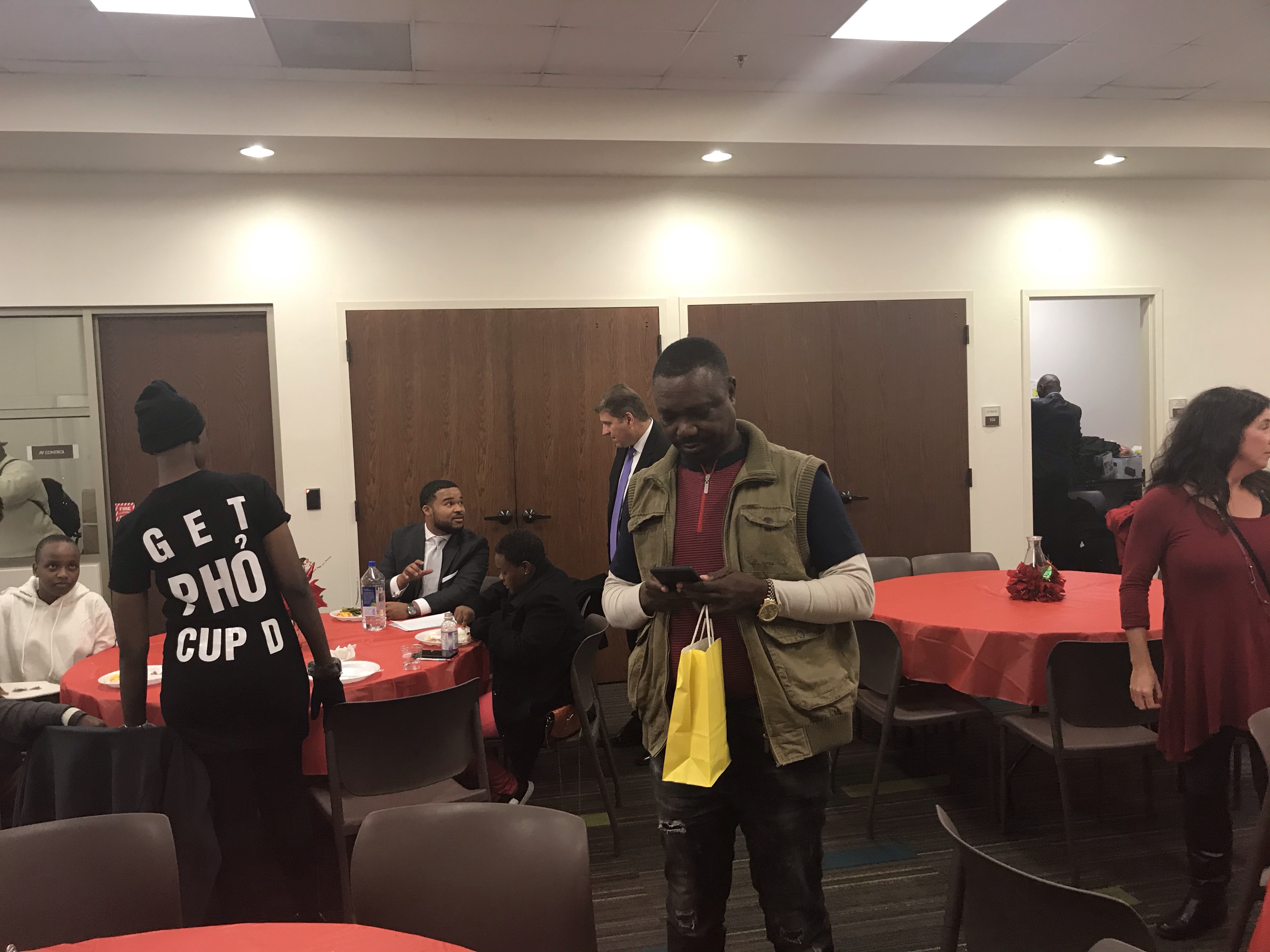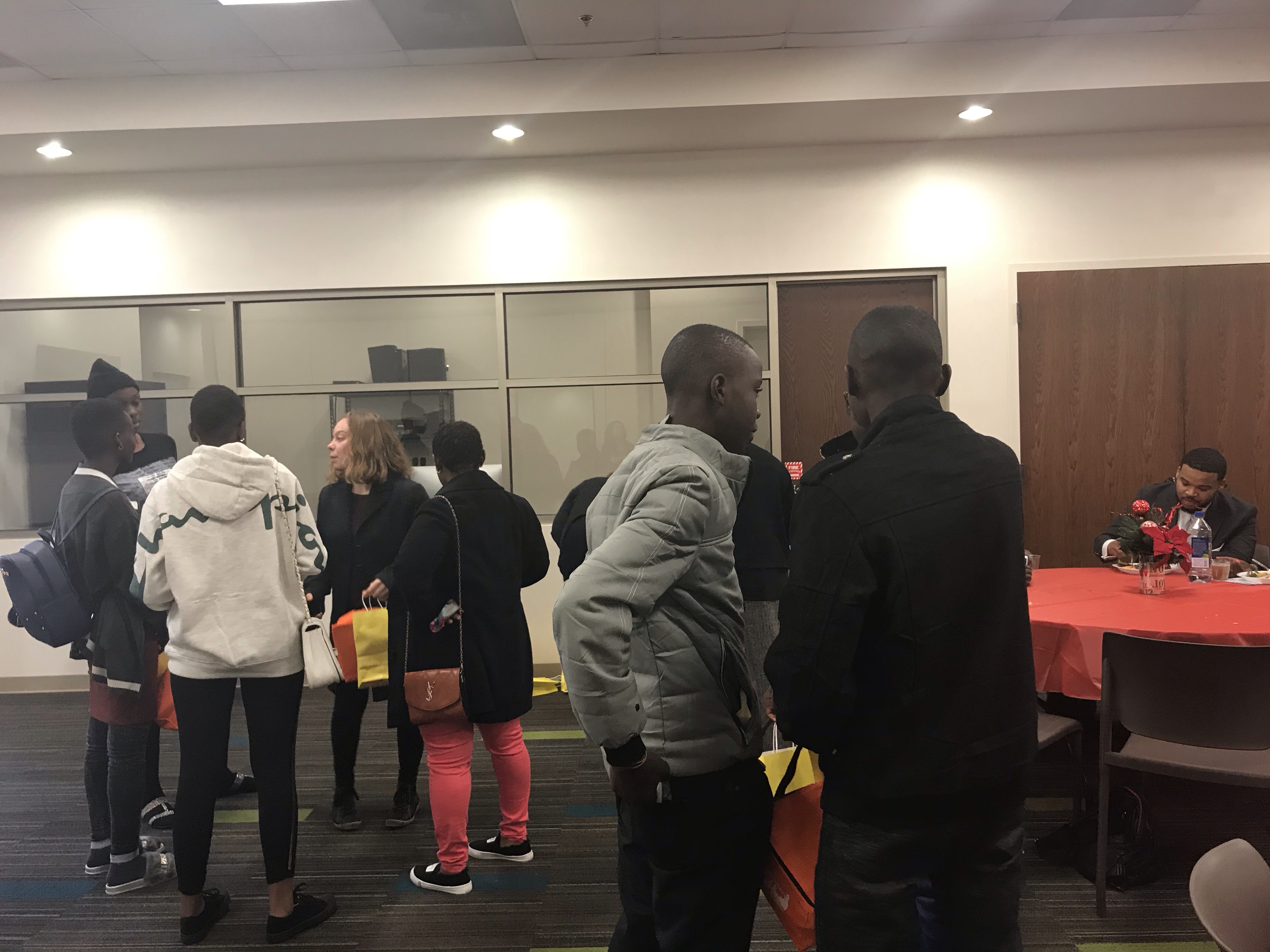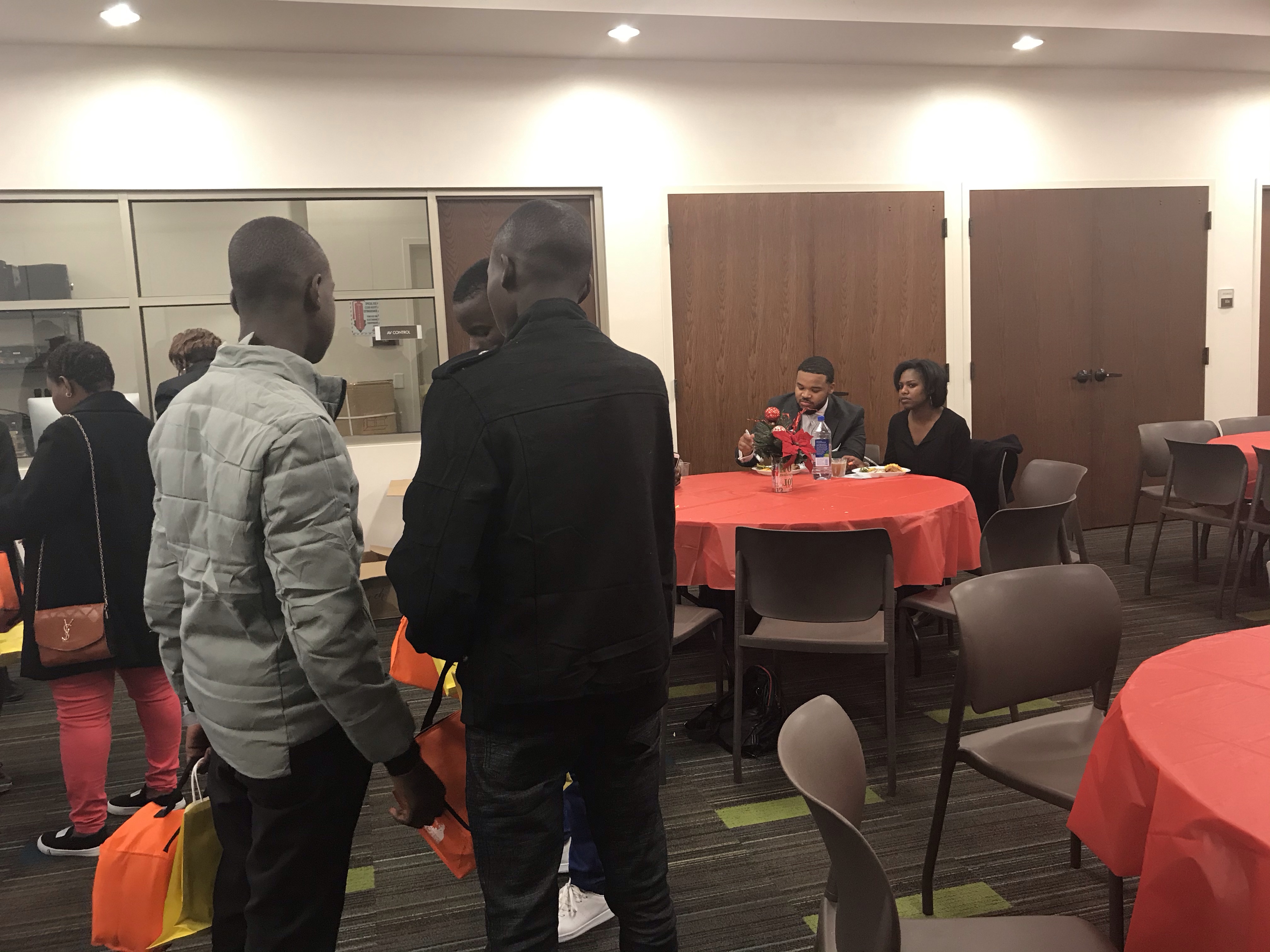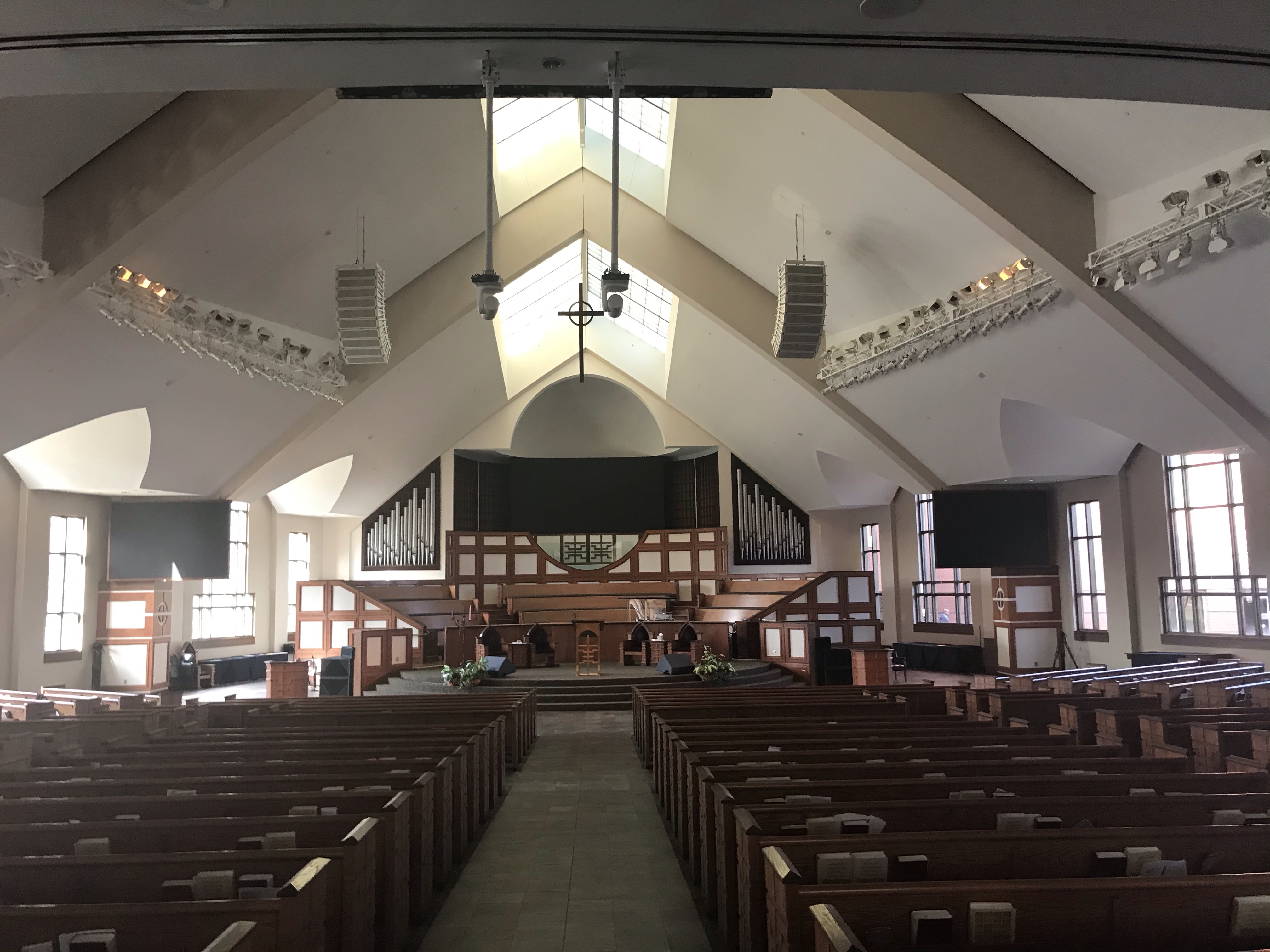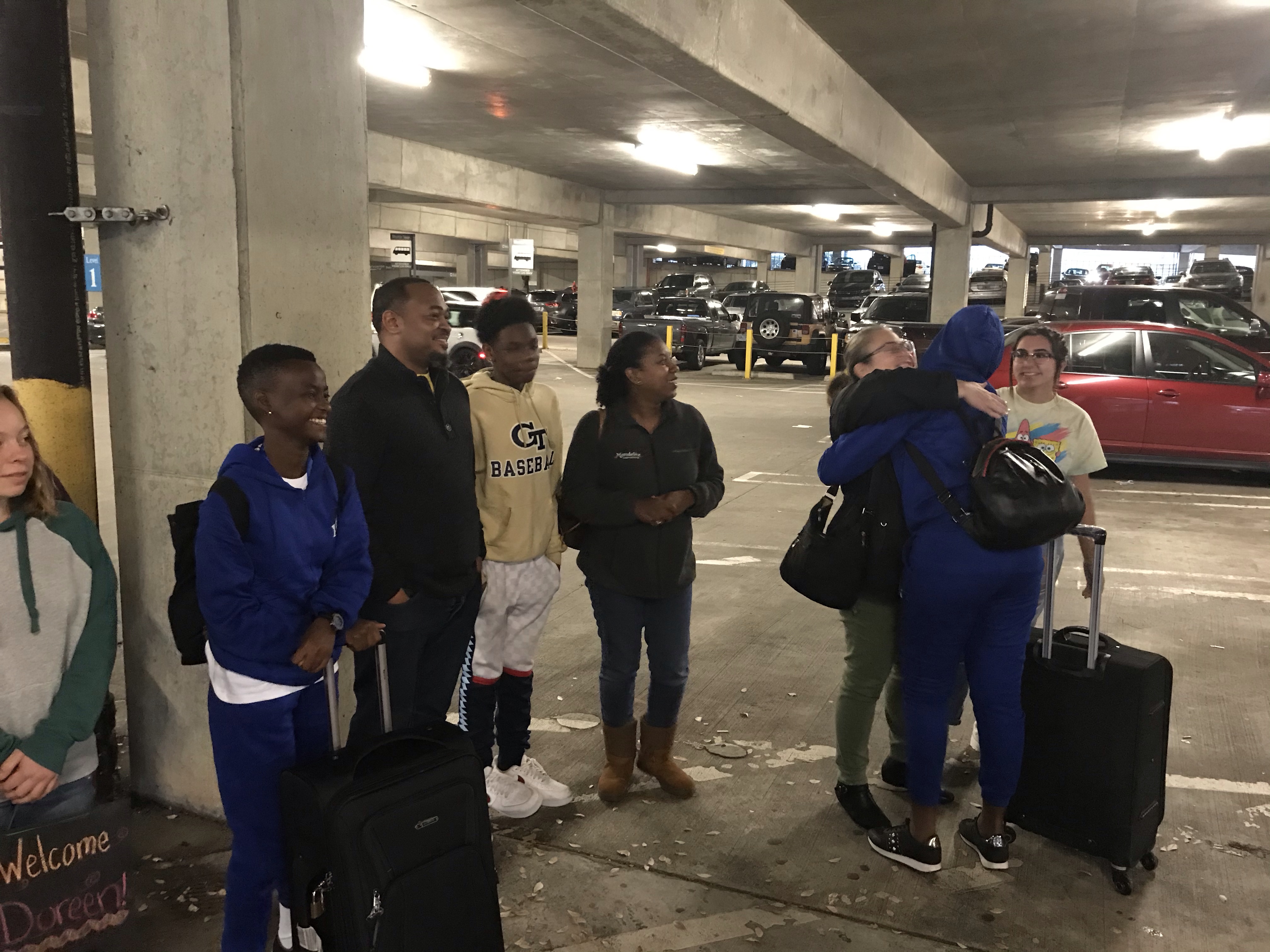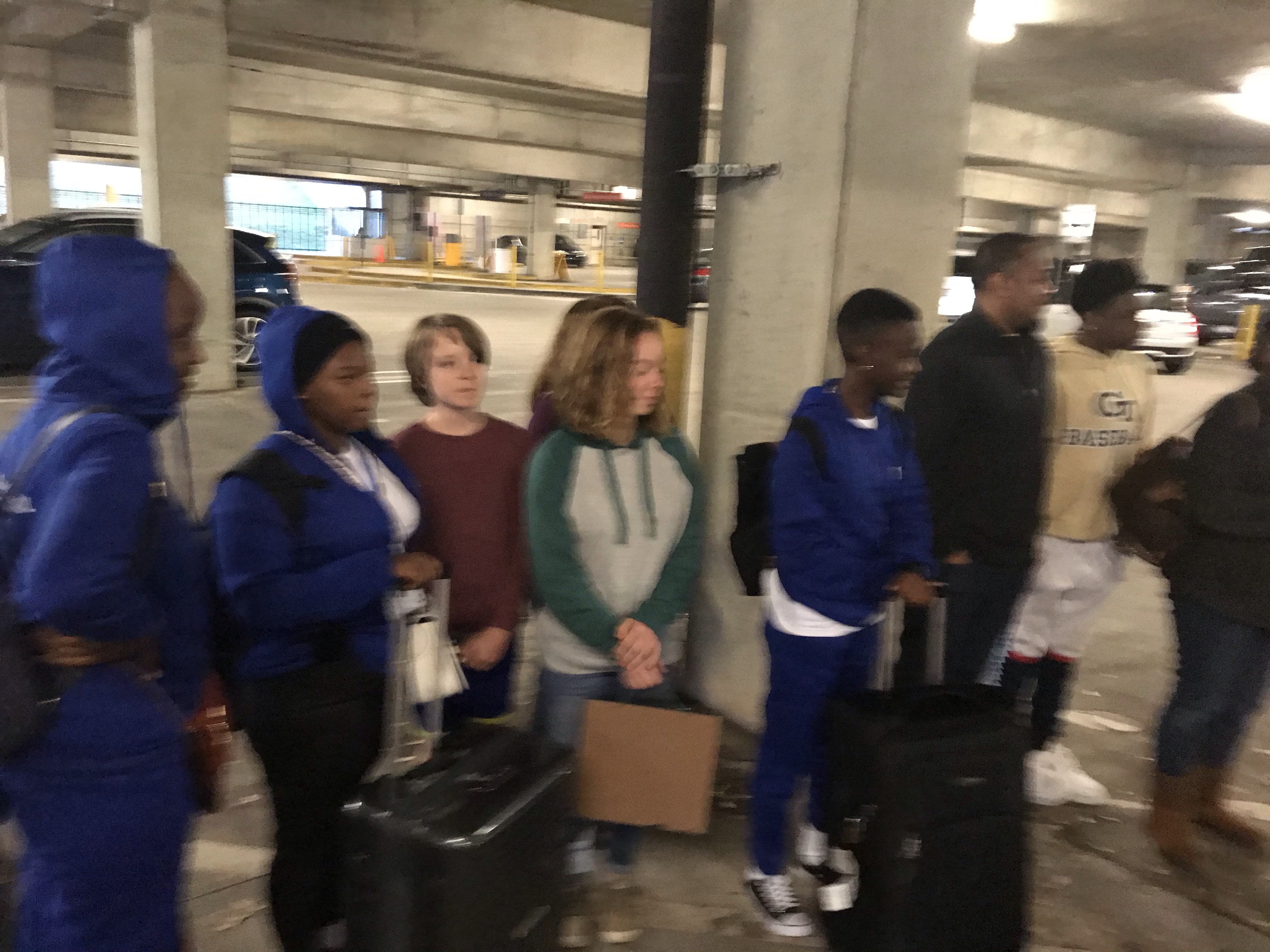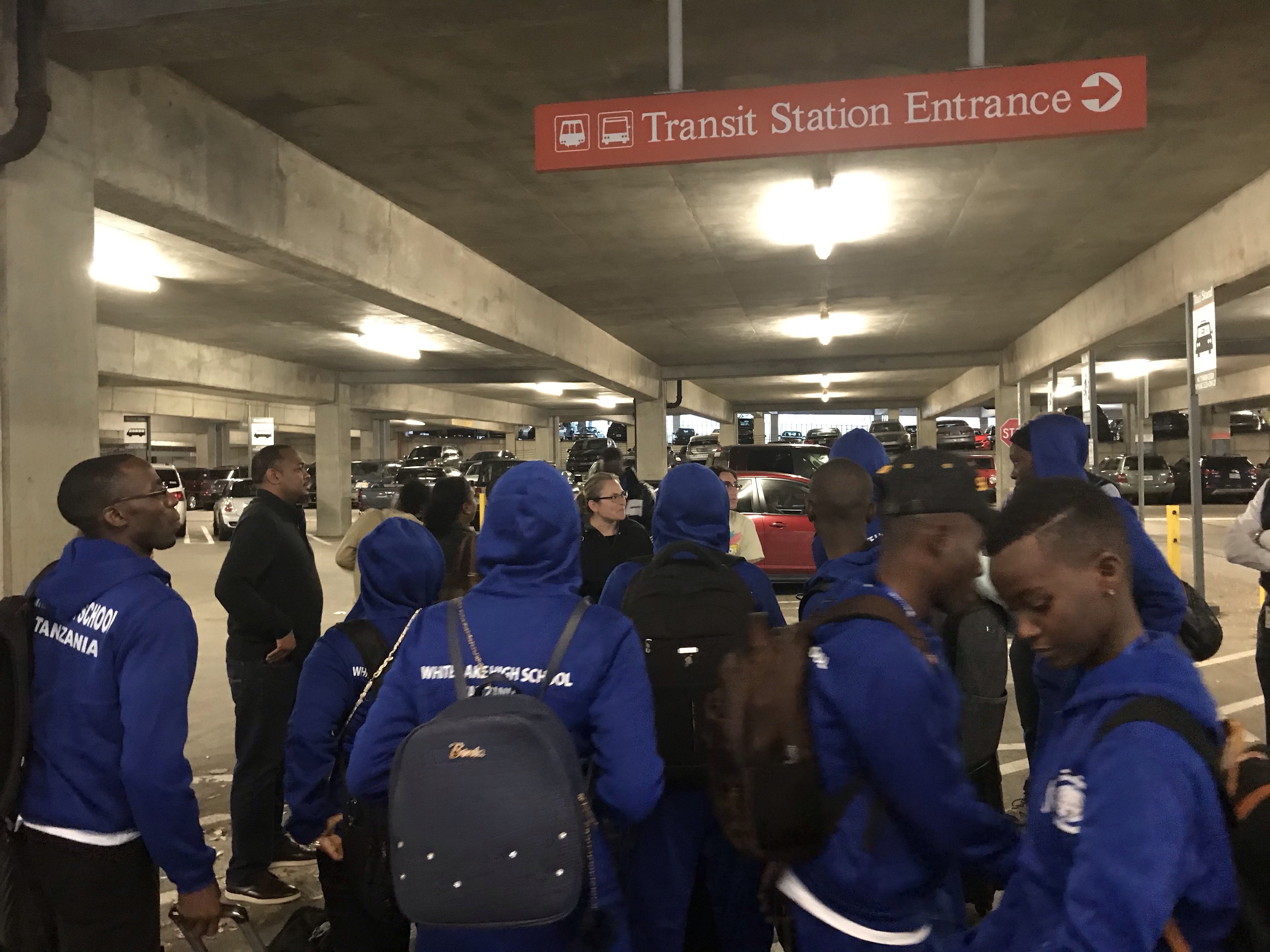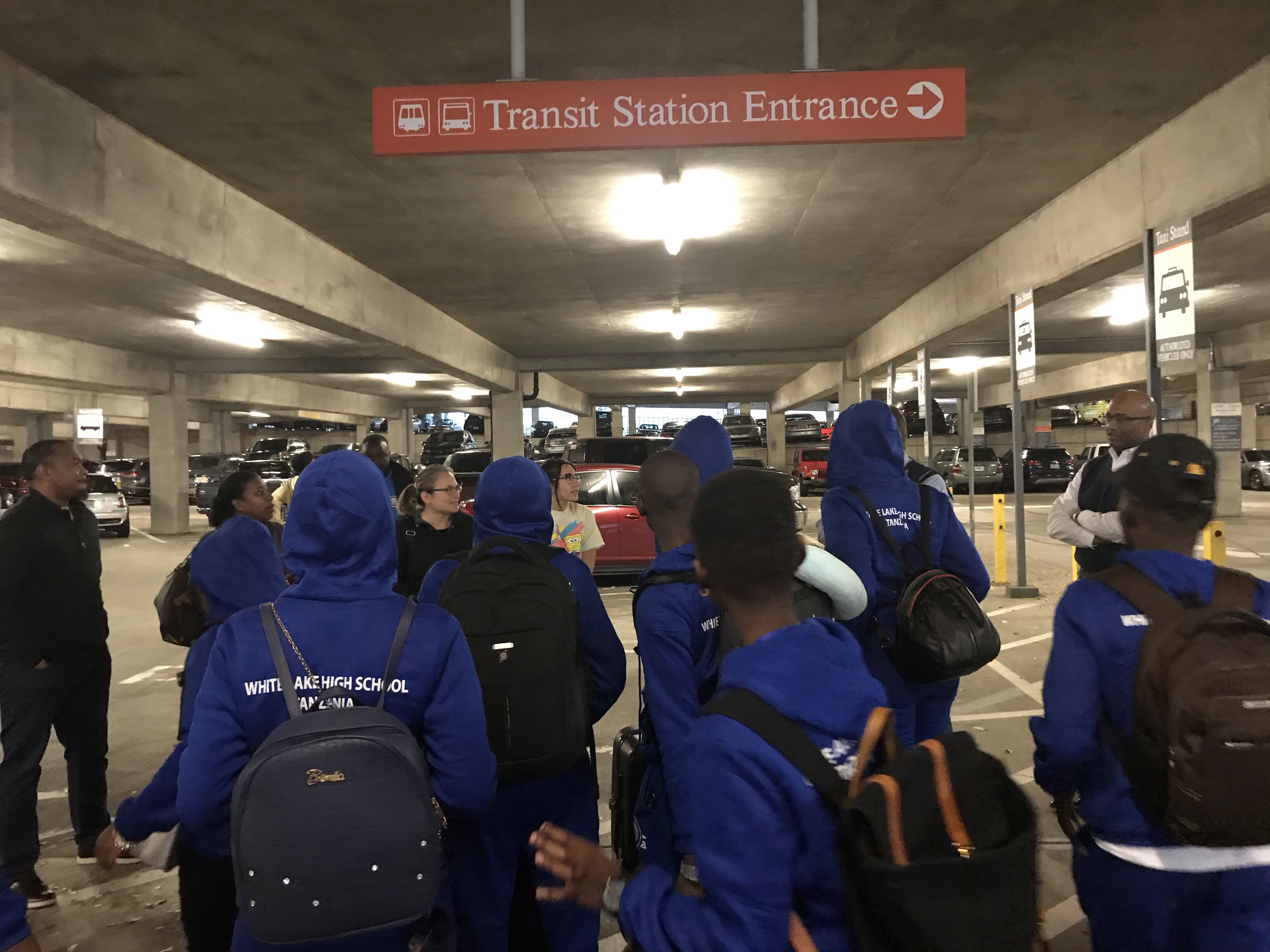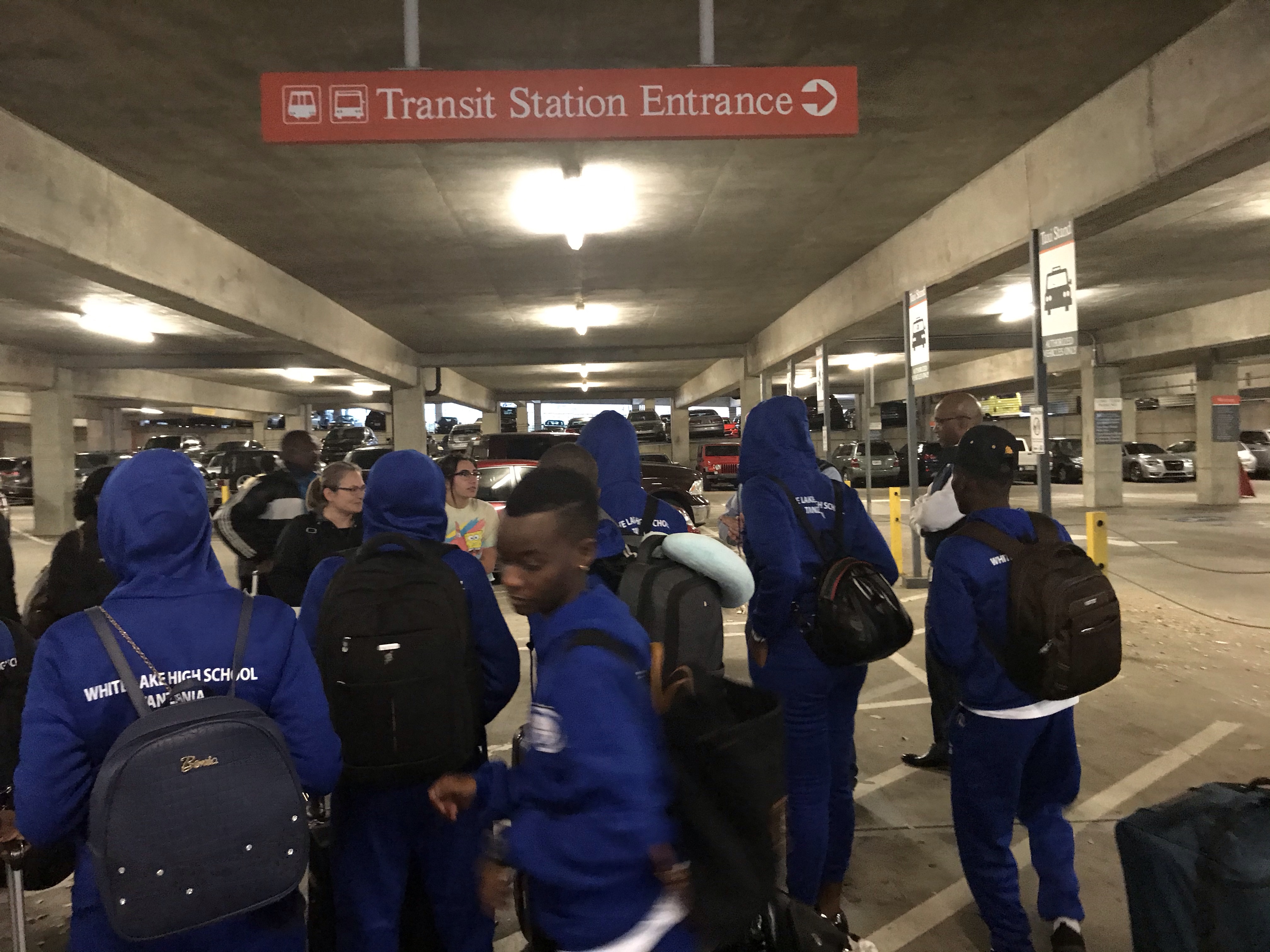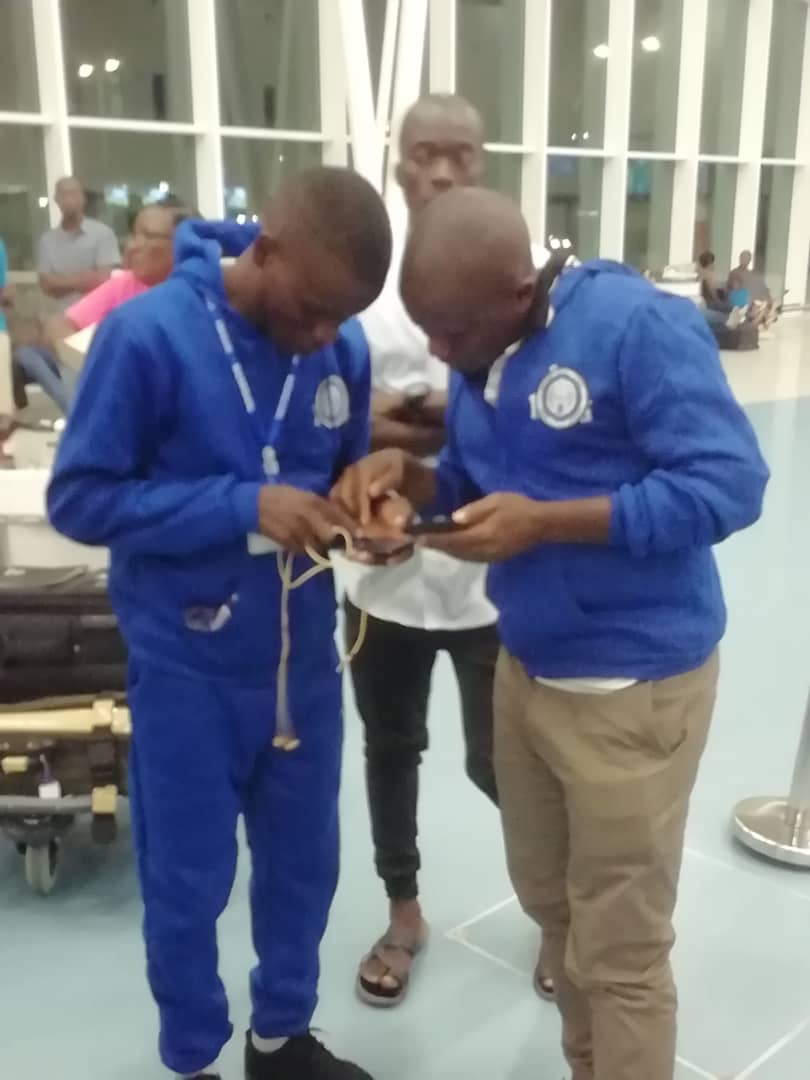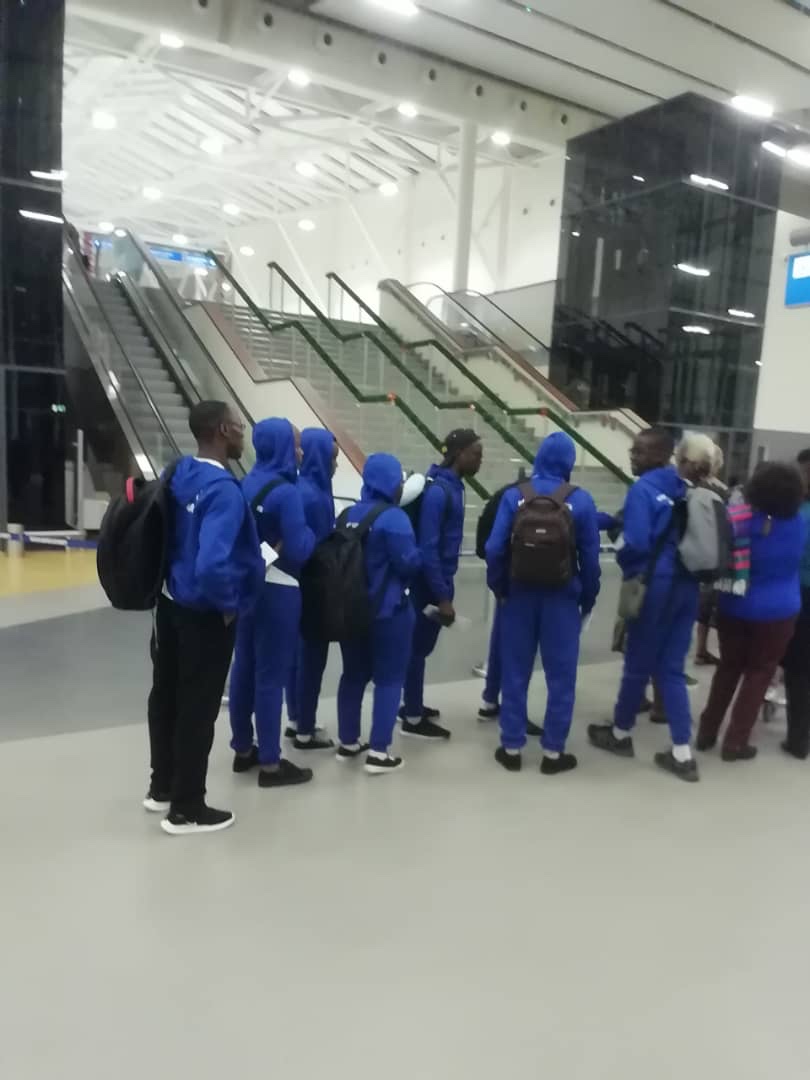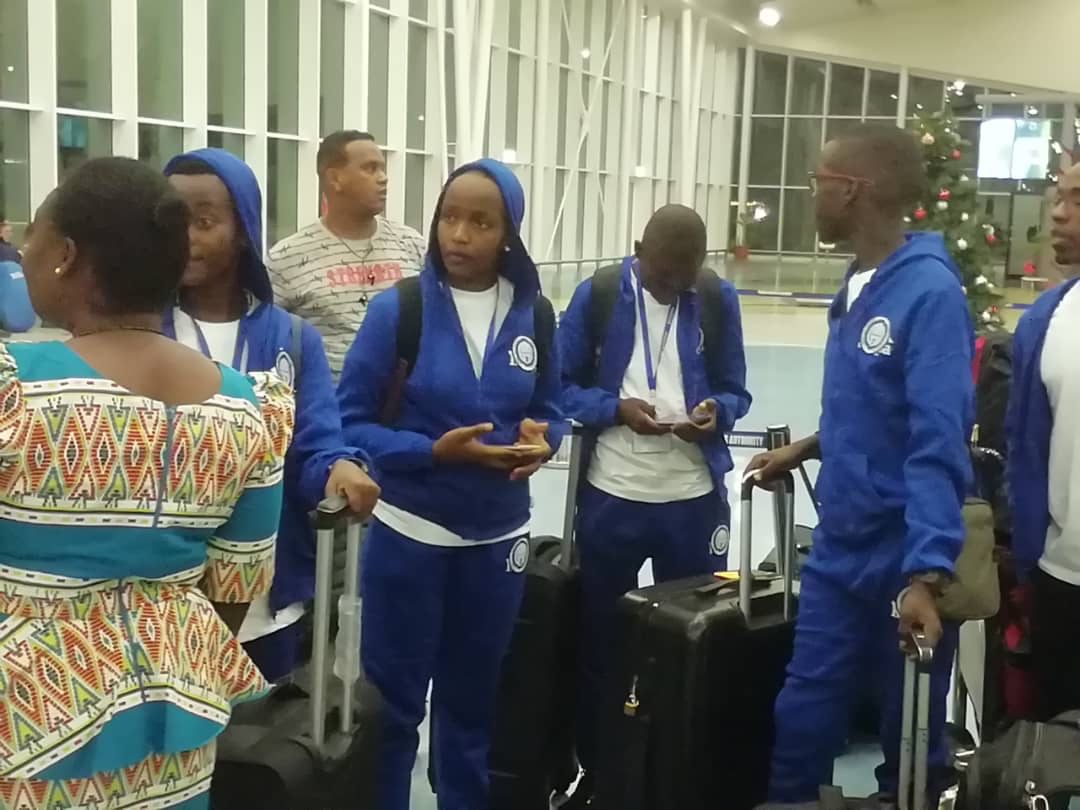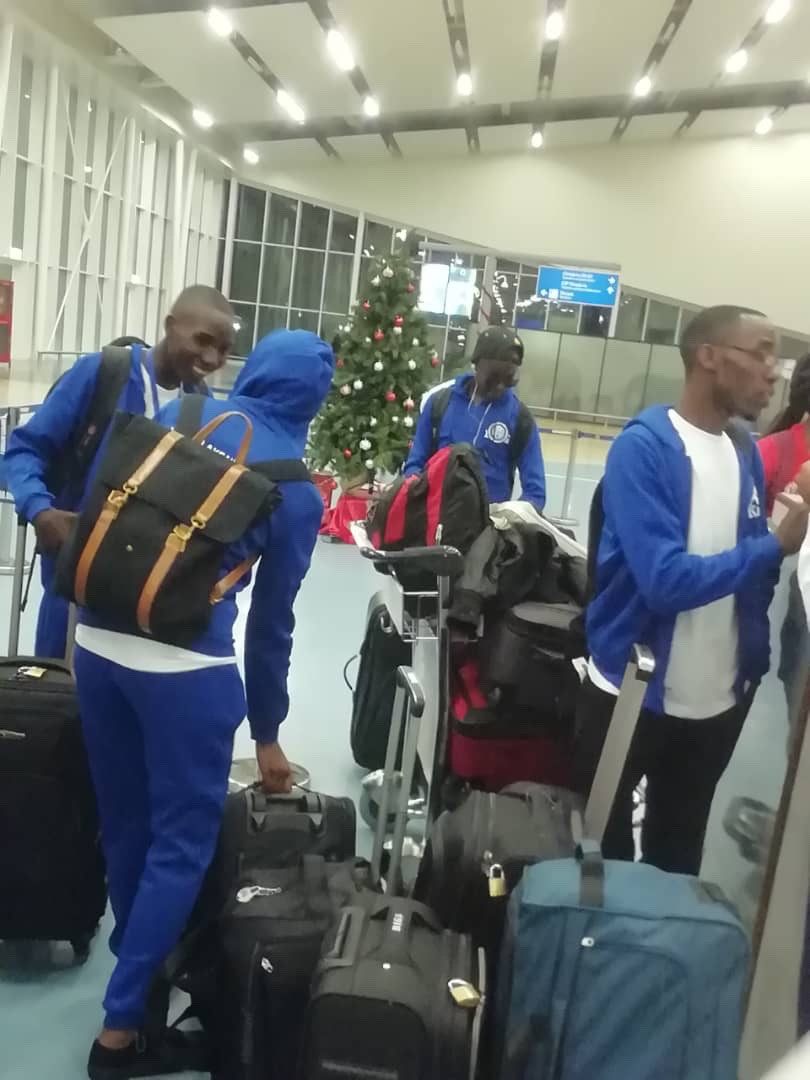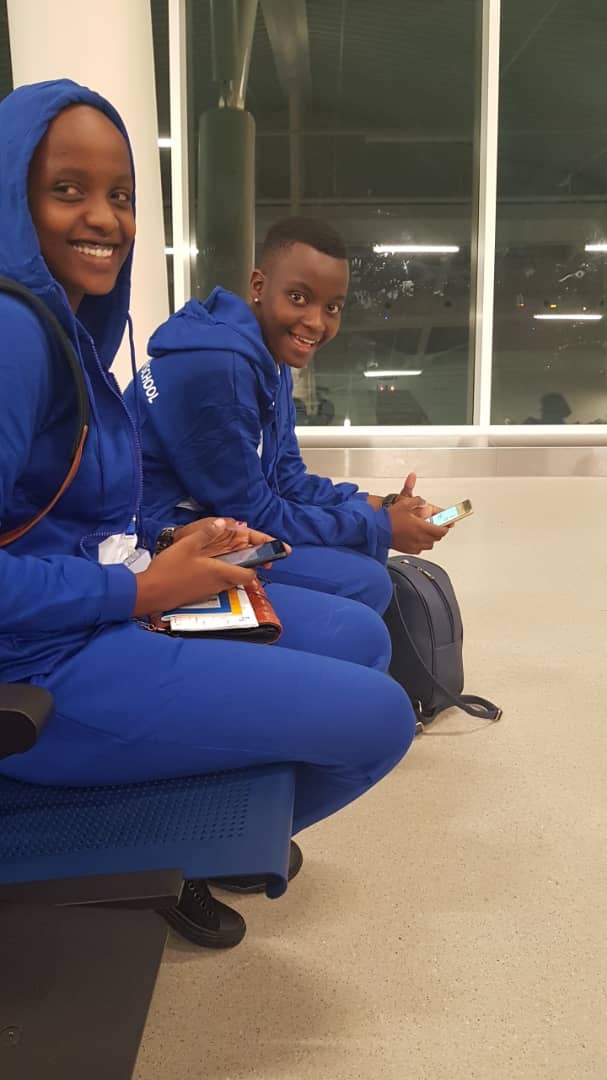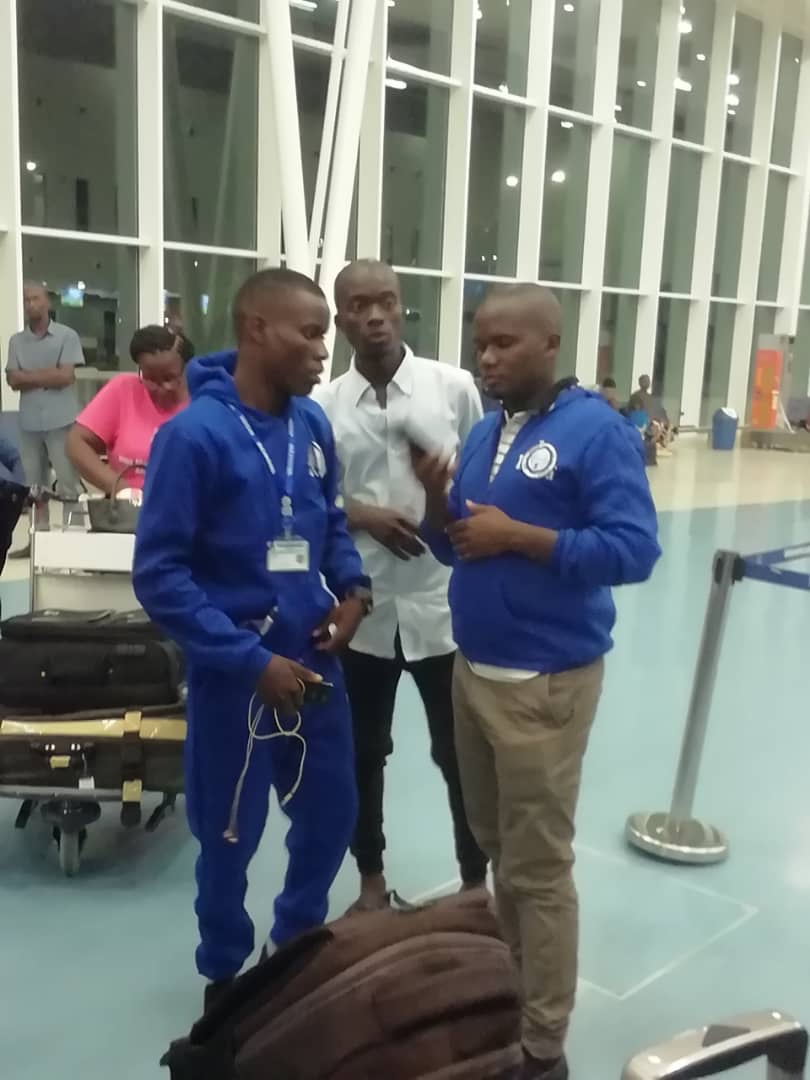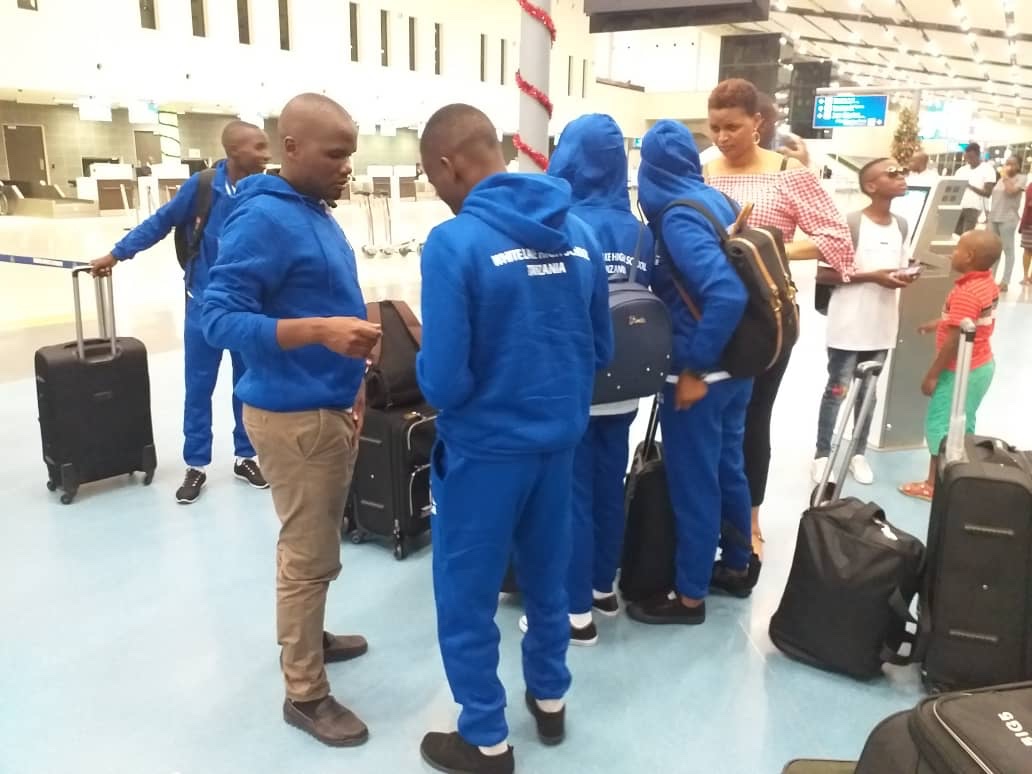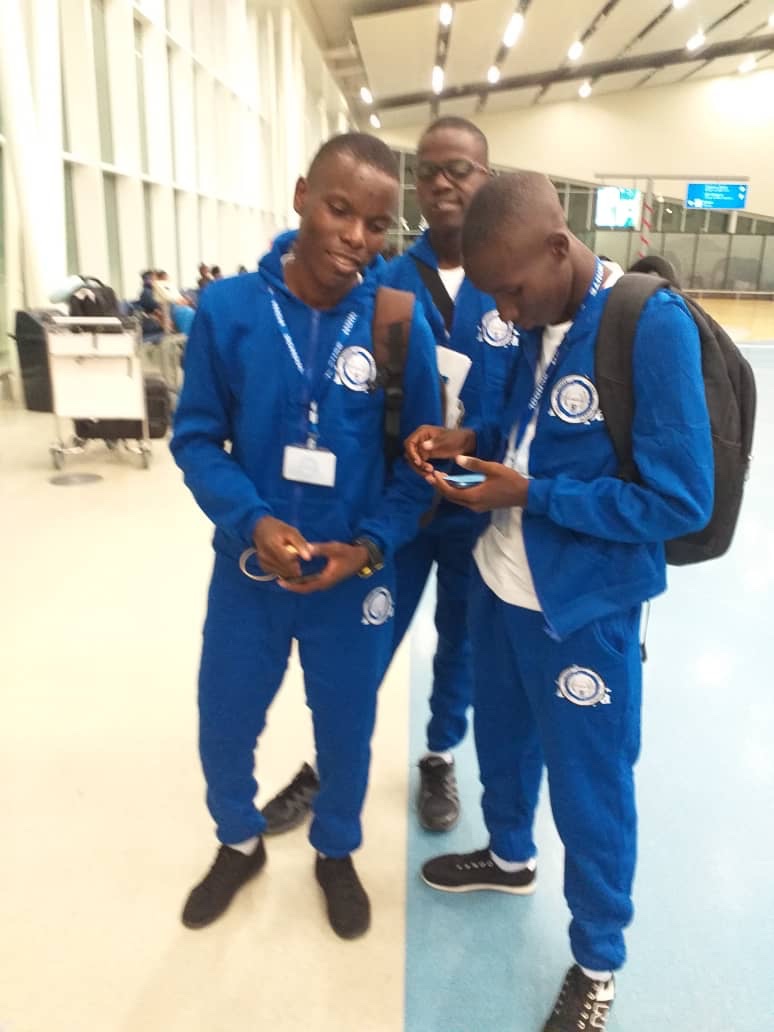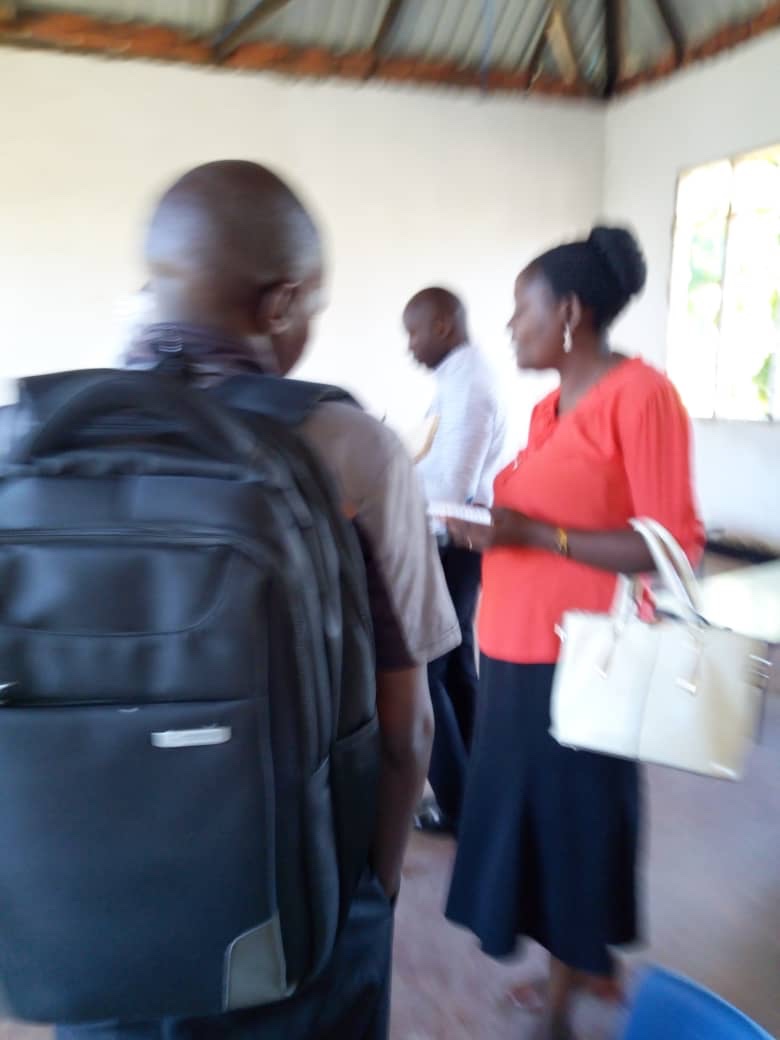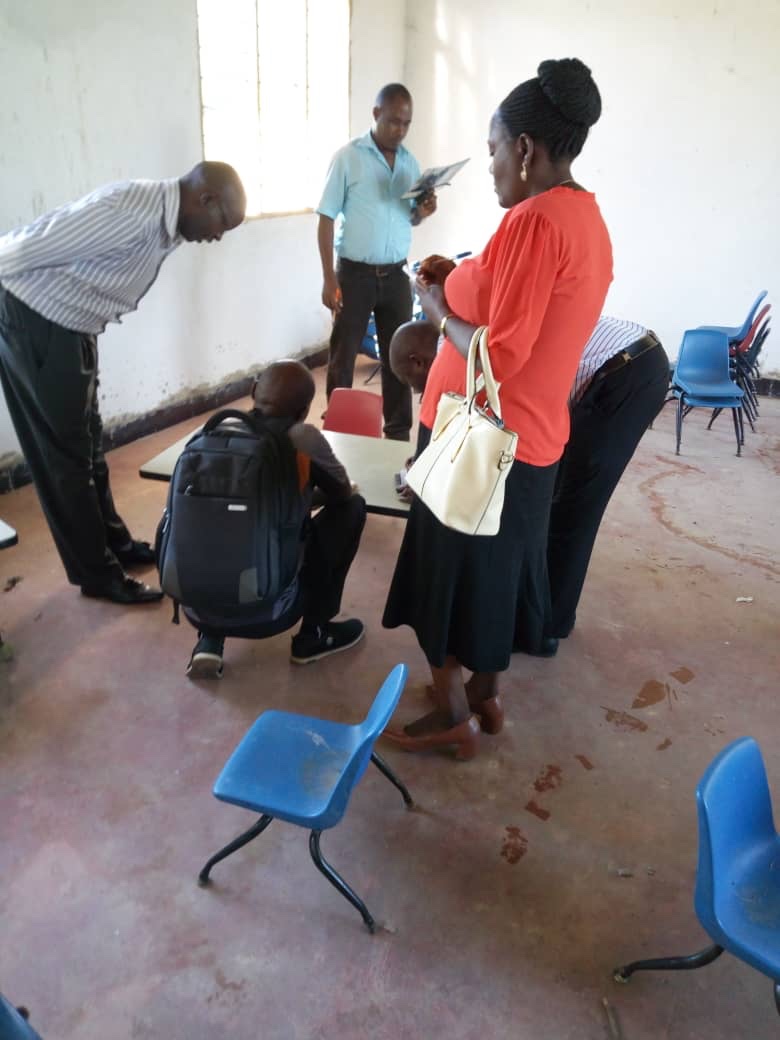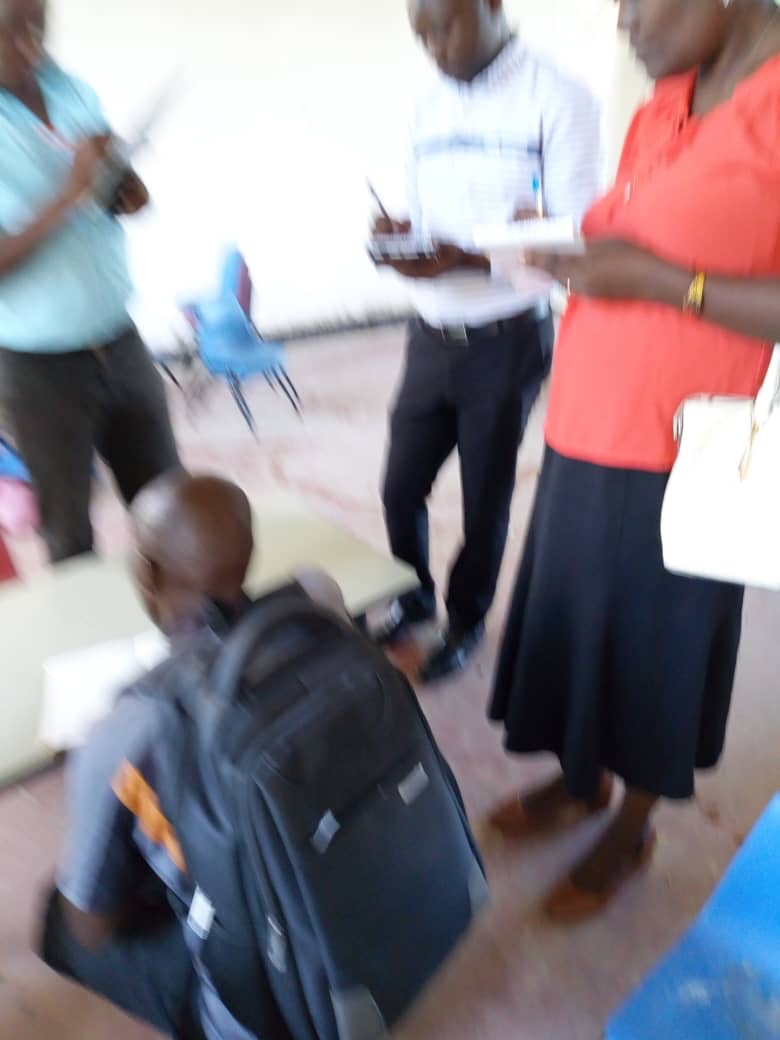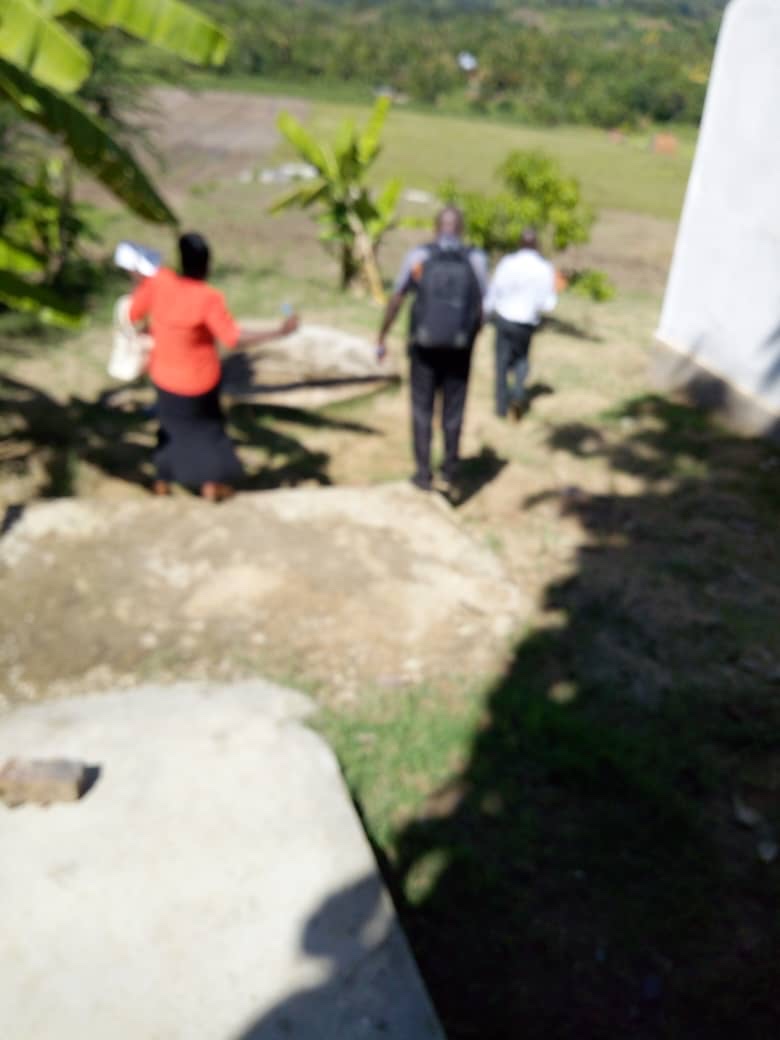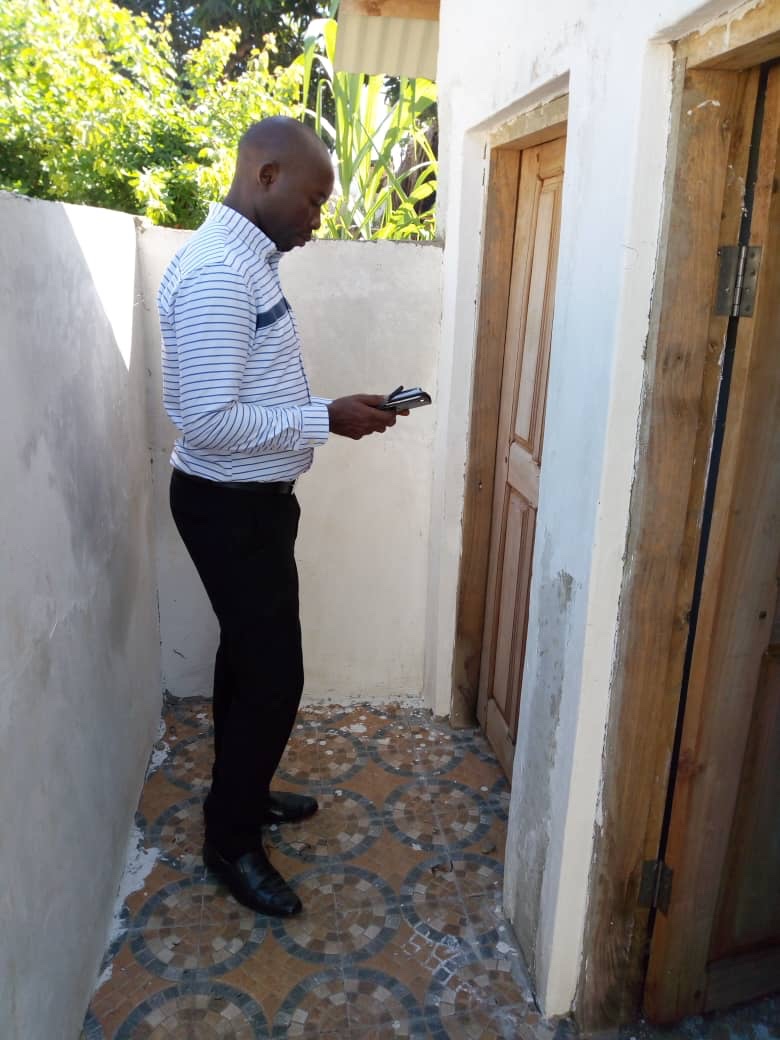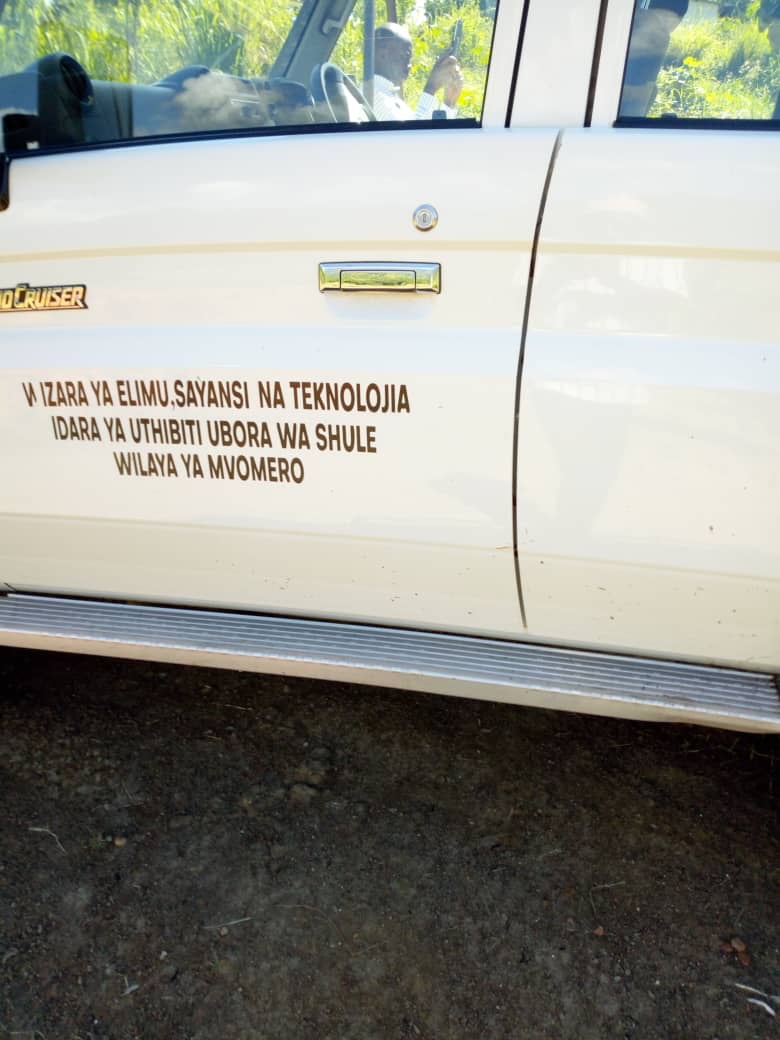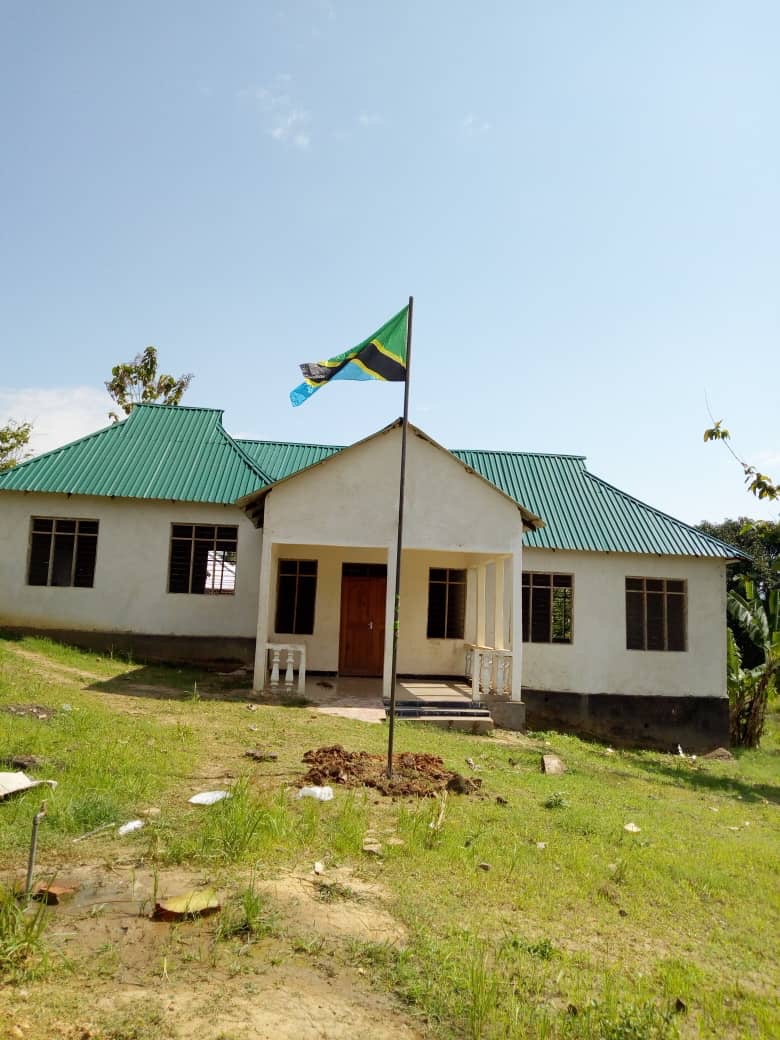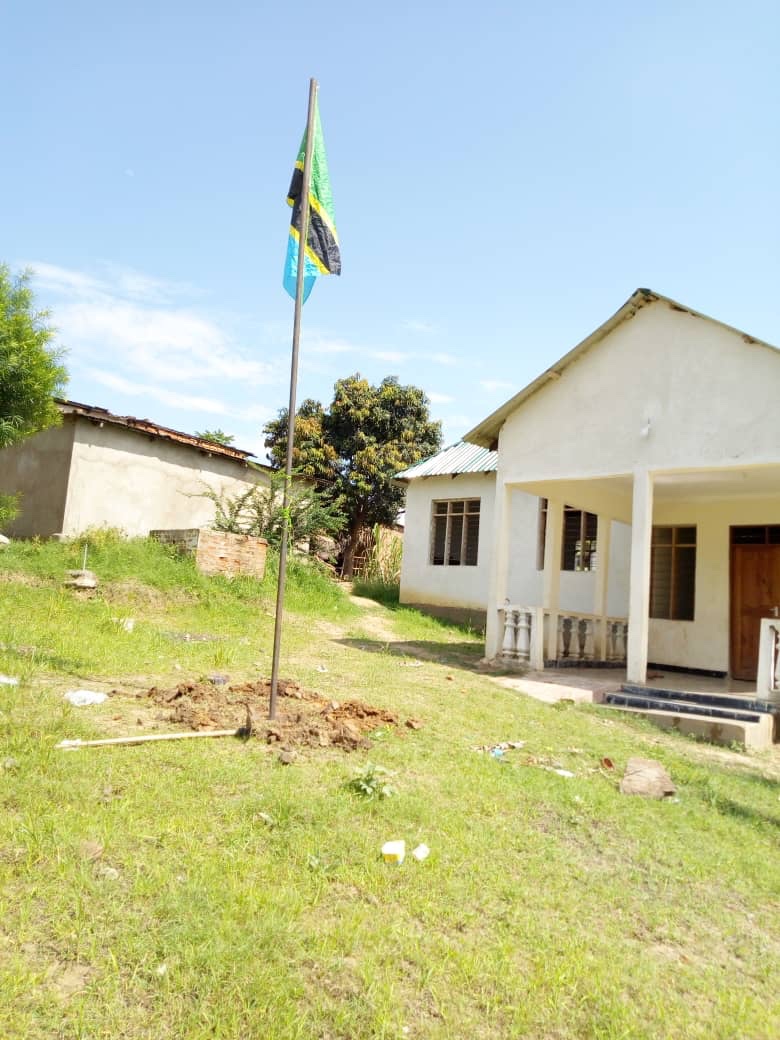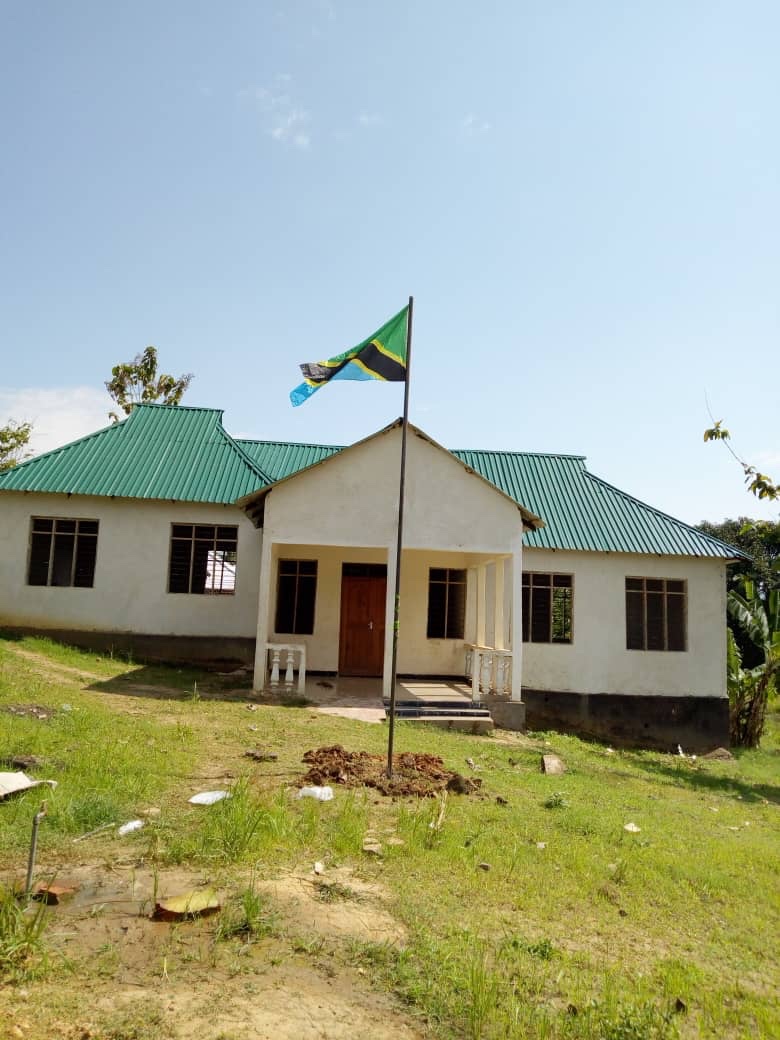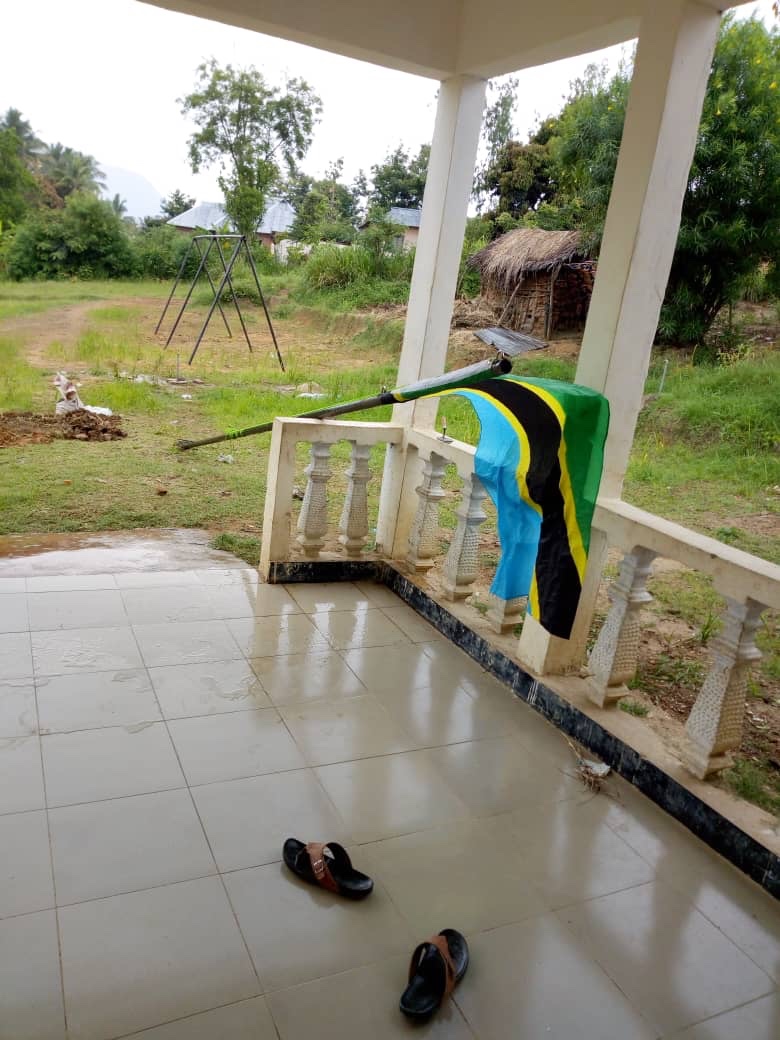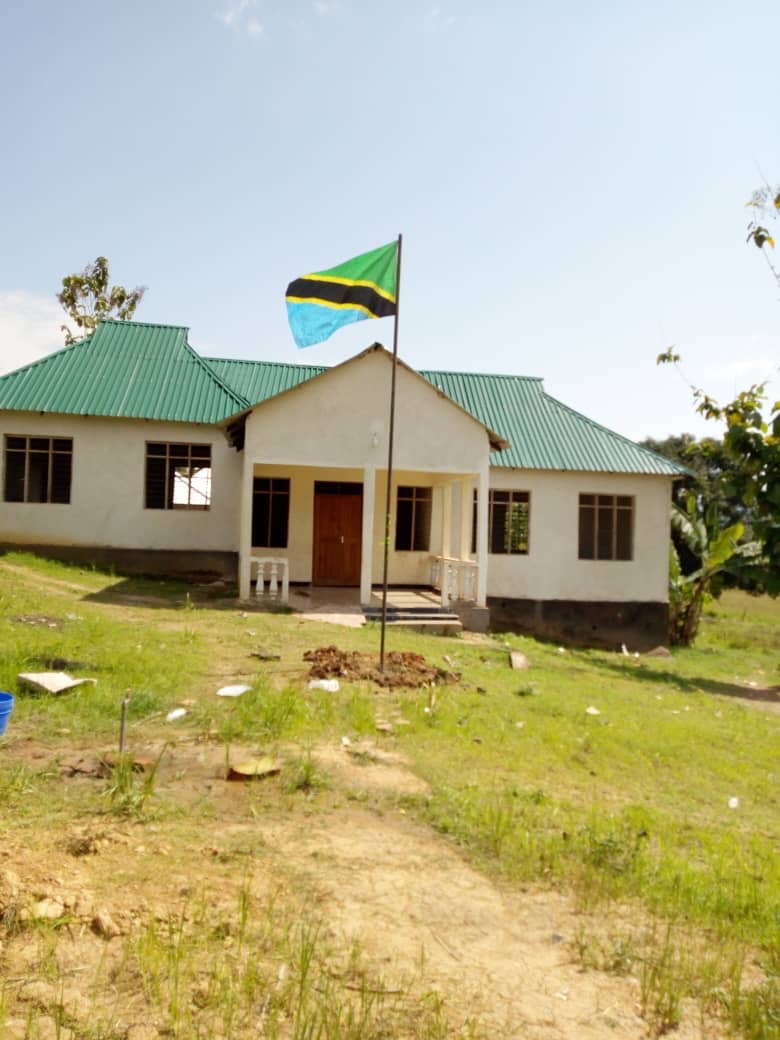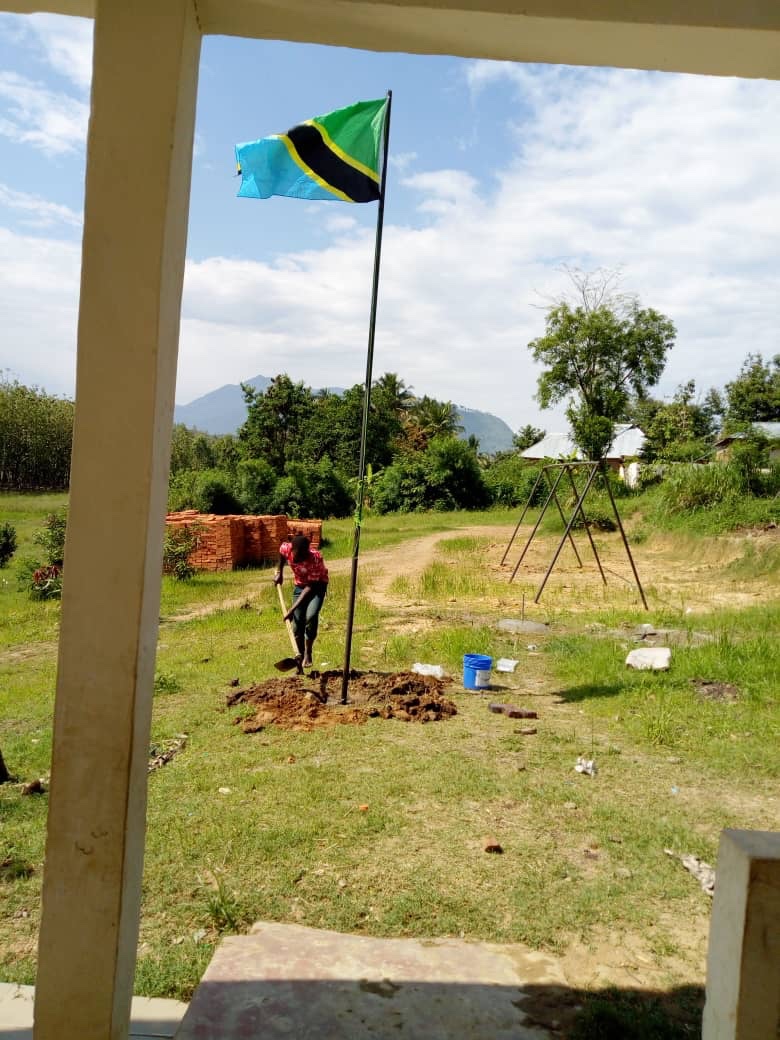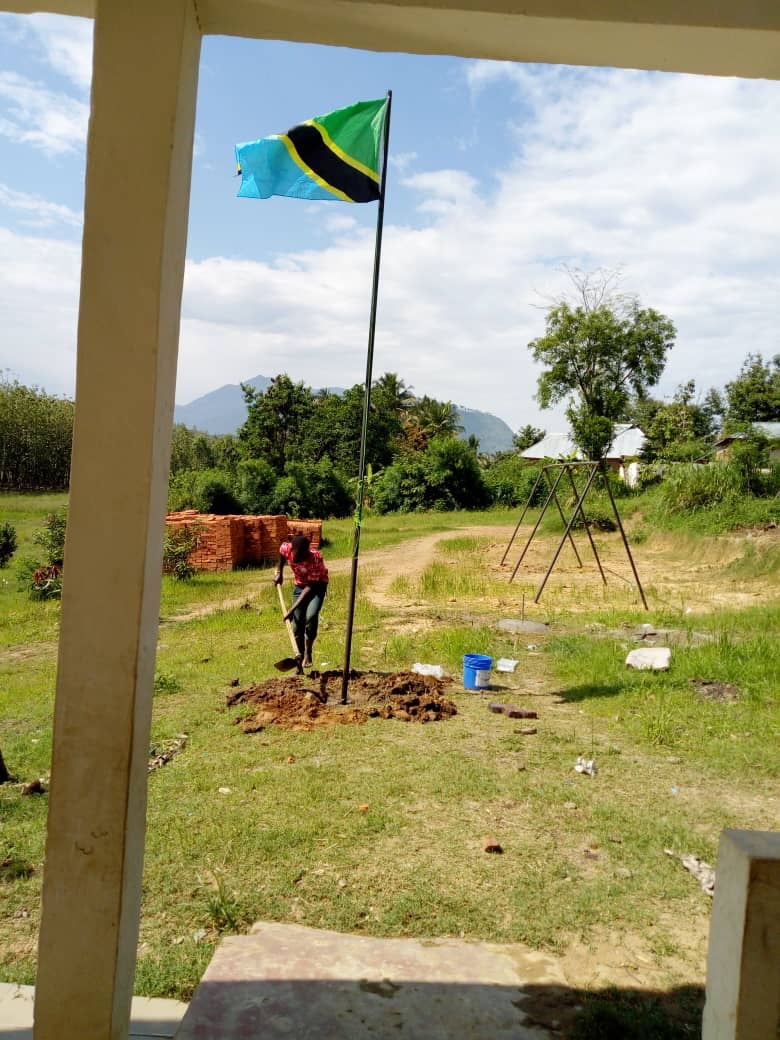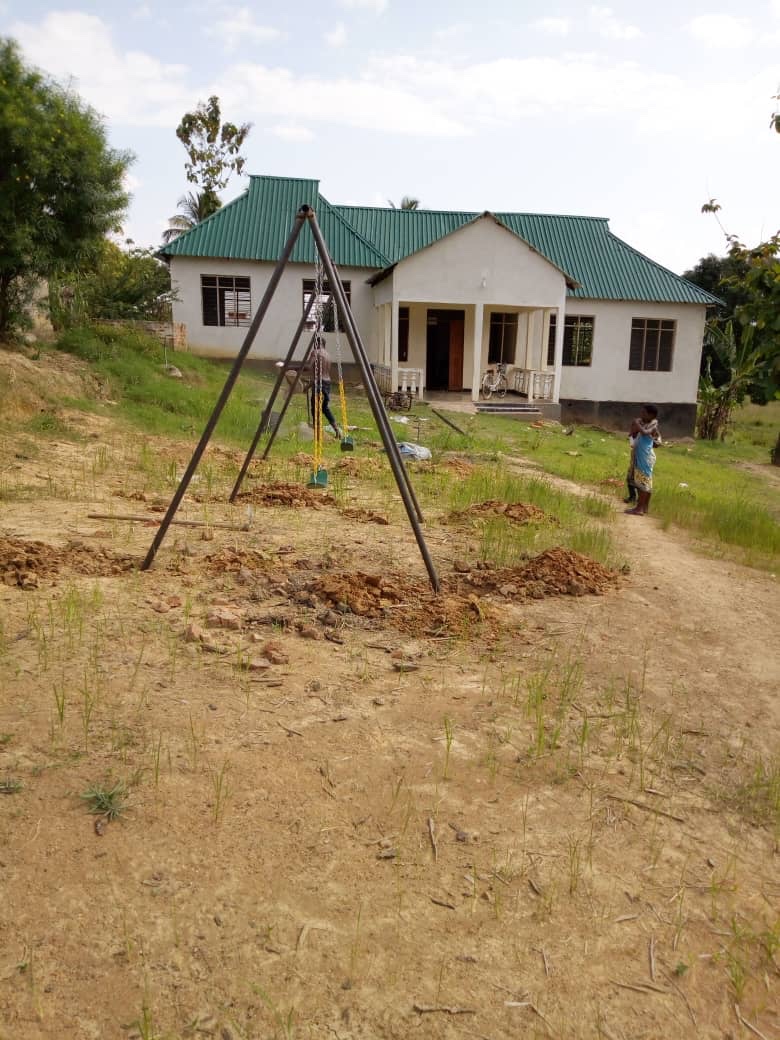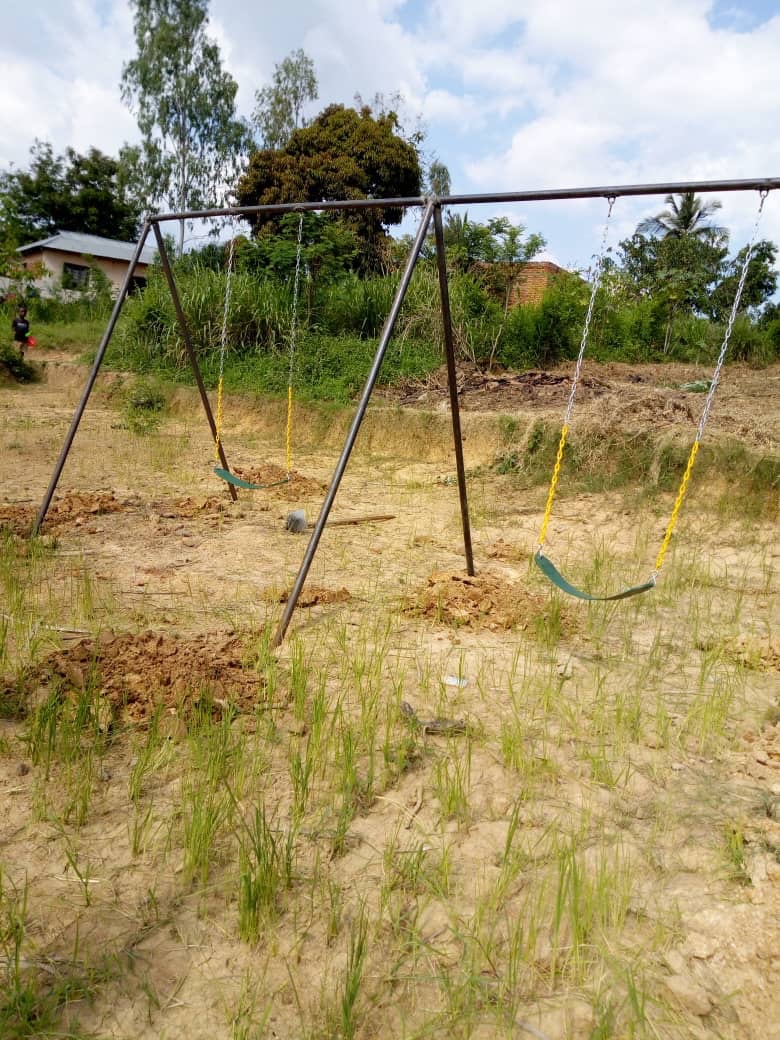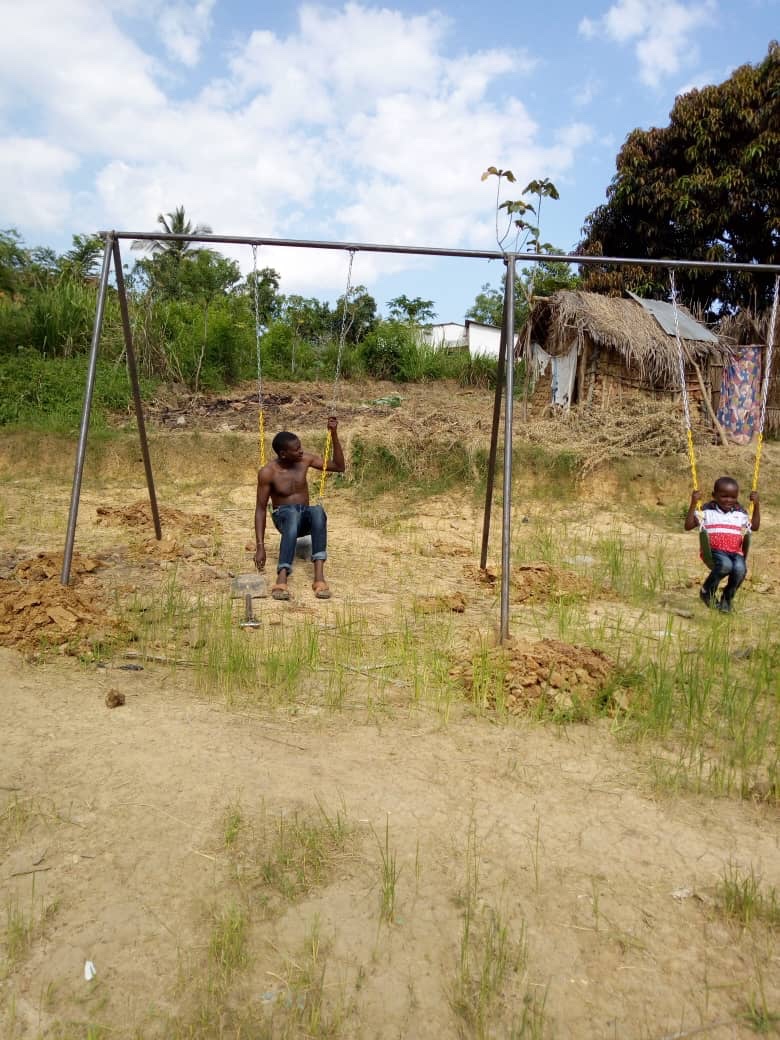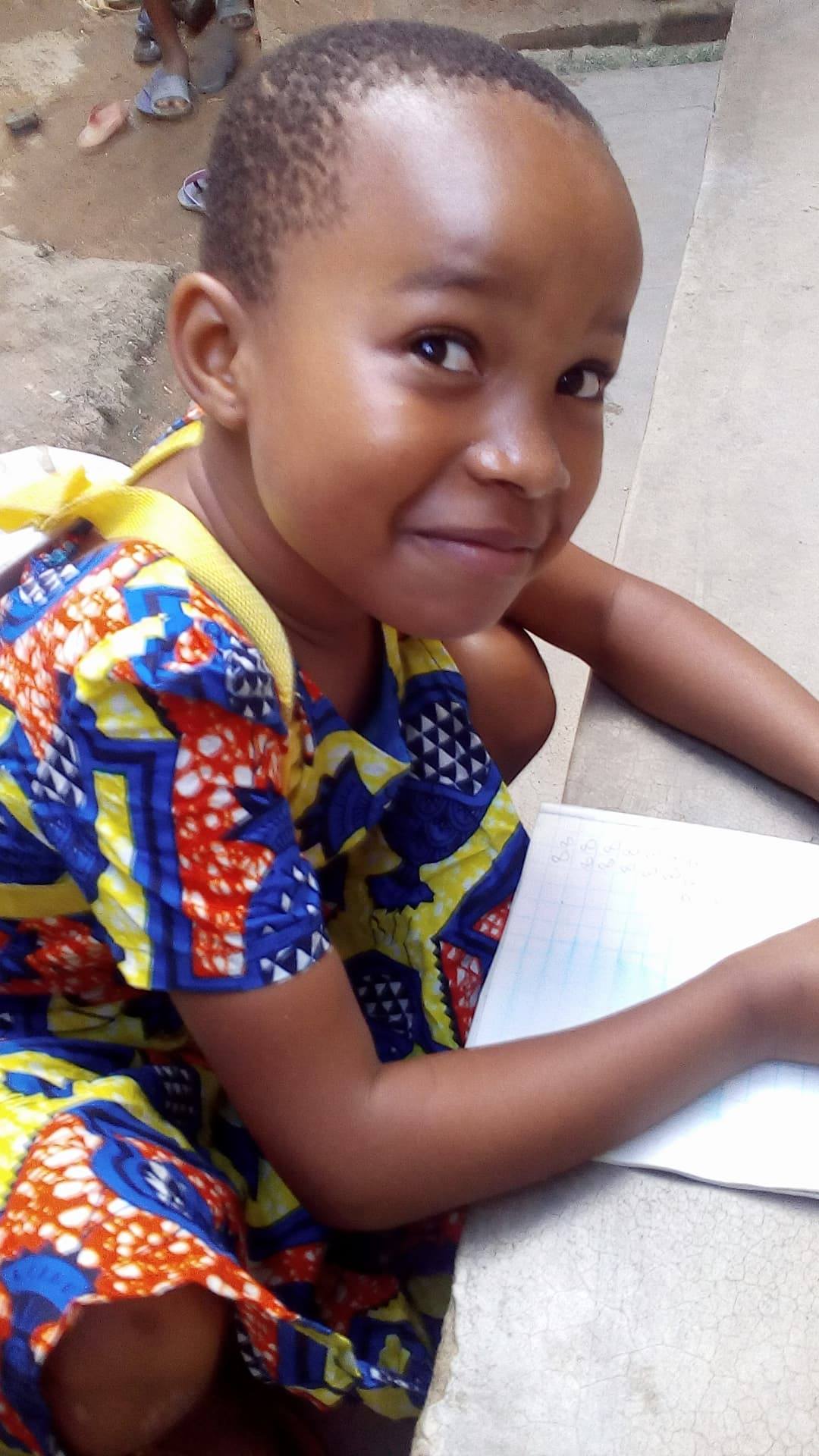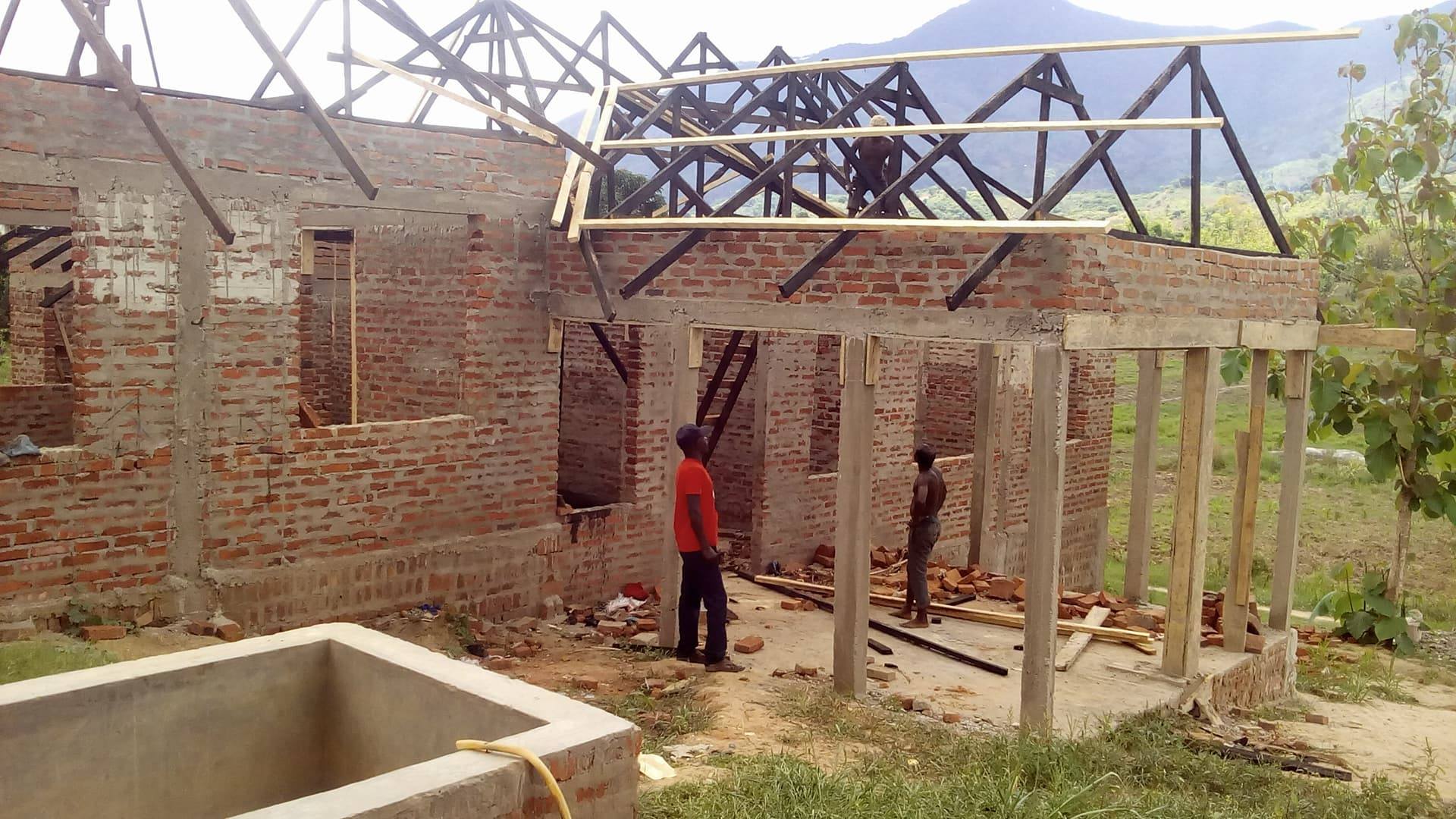Grant Proposal: Kibogoji Experiential Internship Program
Organization Name: Kibogoji Experiential Learning, Inc.
Program Title: Kibogoji Experiential Internship Program (KEIP)
Funding Requested: $22,950 per year for three (3) years, total $68,850
Contact Person: Dr. Shaaban K Fundi,
Title: Founder and Director
Email:skfundi@@hotmail.com
Phone: Upon Request
Date: 07/17/2025
Executive Summary
Kibogoji Experiential Learning, Inc. is seeking funding to expand and sustain the Kibogoji Experiential Internship Program (KEIP)—an innovative initiative aimed at equipping Tanzanian youth with practical, hands-on experiences in education, research, environmental conservation, and community service. This internship program bridges the gap between academic learning and real-world application, cultivating future leaders, educators, and changemakers who are deeply rooted in their communities.
We are requesting $68,850 to support the program’s operational costs, stipends for interns, training materials, mentoring sessions, transportation, and program evaluation over a 36-month period. Your support will directly empower underserved youth with meaningful work experience, leadership development, and the confidence to pursue advanced education or employment.
Organization Overview
Founded in 2016, Kibogoji Experiential Learning, Inc. is a nonprofit organization based in Turiani, Morogoro, Tanzania, committed to transforming education through hands-on, locally contextualized learning. Our programs integrate environmental awareness, social equity, and critical thinking into educational practices—fostering a new generation of thoughtful, action-oriented leaders.
Over the years, our initiatives have reached 340 students and educators through workshops, school programs, community-based projects, and digital learning platforms. The internship program is a natural extension of our commitment to holistic youth development.
Problem Statement
In Tanzania, a significant number of secondary and post-secondary graduates struggle to transition from school to the workforce due to limited access to practical experience and mentorship. Many young people, particularly in rural and semi-urban areas like Turiani, are eager to contribute to their communities but lack structured opportunities to do so.
Without internship or volunteer pathways, students are often unable to gain relevant skills, network with professionals, or build the confidence needed to pursue meaningful careers. This skills gap perpetuates youth unemployment, disengagement, and underdevelopment in key sectors like education, environment, and public health.
Program Description
The Kibogoji Experiential Internship Program (KEIP) offers selected youth (ages 18–25) a structured, three- to six-month internship in one or more of the following areas:
- Education Support: Assisting teachers in local classrooms, leading learning activities, tutoring, and supporting students with special needs.
- Environmental Stewardship: Leading tree planting efforts, managing community gardens, supporting water conservation, and running educational campaigns.
- Community Research: Participating in data collection, mapping, interviews, and reporting on community needs and resources.
- Civic Engagement: Supporting local health initiatives, women’s empowerment groups, and after-school programs.
Interns receive:
- Orientation and weekly mentorship sessions
- A modest stipend to cover transportation and meals
- Access to tools, supplies, and learning materials
- Certification and a letter of recommendation upon completion
Since its inception in 2016, the program has trained 340 interns, with 90% of alumni going on to employment or higher education.
Goals and Objectives
Goal: To empower Tanzanian youth through practical work experiences that develop leadership, employability, and civic responsibility.
Objectives:
- Recruit and train 30 interns annually from underserved backgrounds for a duration of three (3) years.
- Provide over 1,440 hours of direct community service through intern-led activities.
- Increase interns’ job readiness and self-efficacy by at least 85%, as measured by pre/post surveys and mentor evaluations.
- Foster long-term community partnerships in education and environmental conservation.
Budget Overview (example – adjust to your actual needs)
| Item | Cost (USD) |
| Intern stipends (30 interns) | $8,000 |
| Training & orientation | $5,000 |
| Mentorship & supervision | $3,500 |
| Materials & supplies | $2,950 |
| Local transportation | $1,500 |
| Program evaluation & reporting | $800 |
| Total | $22,950 Per Annum |
Total for three (3) years $68,850
Monitoring and Evaluation
We will track outcomes through:
- Pre- and post-program surveys assessing knowledge, skills, and confidence.
- Weekly supervisor check-ins and activity logs.
- Community partner feedback forms.
- Intern exit interviews and follow-up surveys at 6 and 12 months post-program.
Findings will be compiled into an annual impact report shared with stakeholders and donors.
Sustainability
We are developing local partnerships with schools, environmental groups, and government agencies to co-fund aspects of the program. Additionally, we are training alumni to become mentors, creating a self-reinforcing cycle of peer leadership. With initial seed funding, we aim to scale KEIP to reach more districts and attract support from the private sector and multilateral organizations.
Conclusion
The Kibogoji Experiential Internship Program is more than a stepping stone—it’s a launchpad for youth who are eager to serve, learn, and lead. By funding this program, you are investing in a generation of resilient, skilled, and socially conscious Tanzanians who are committed to building a better future for themselves and their communities.
We warmly invite you to join us in this transformative journey.


